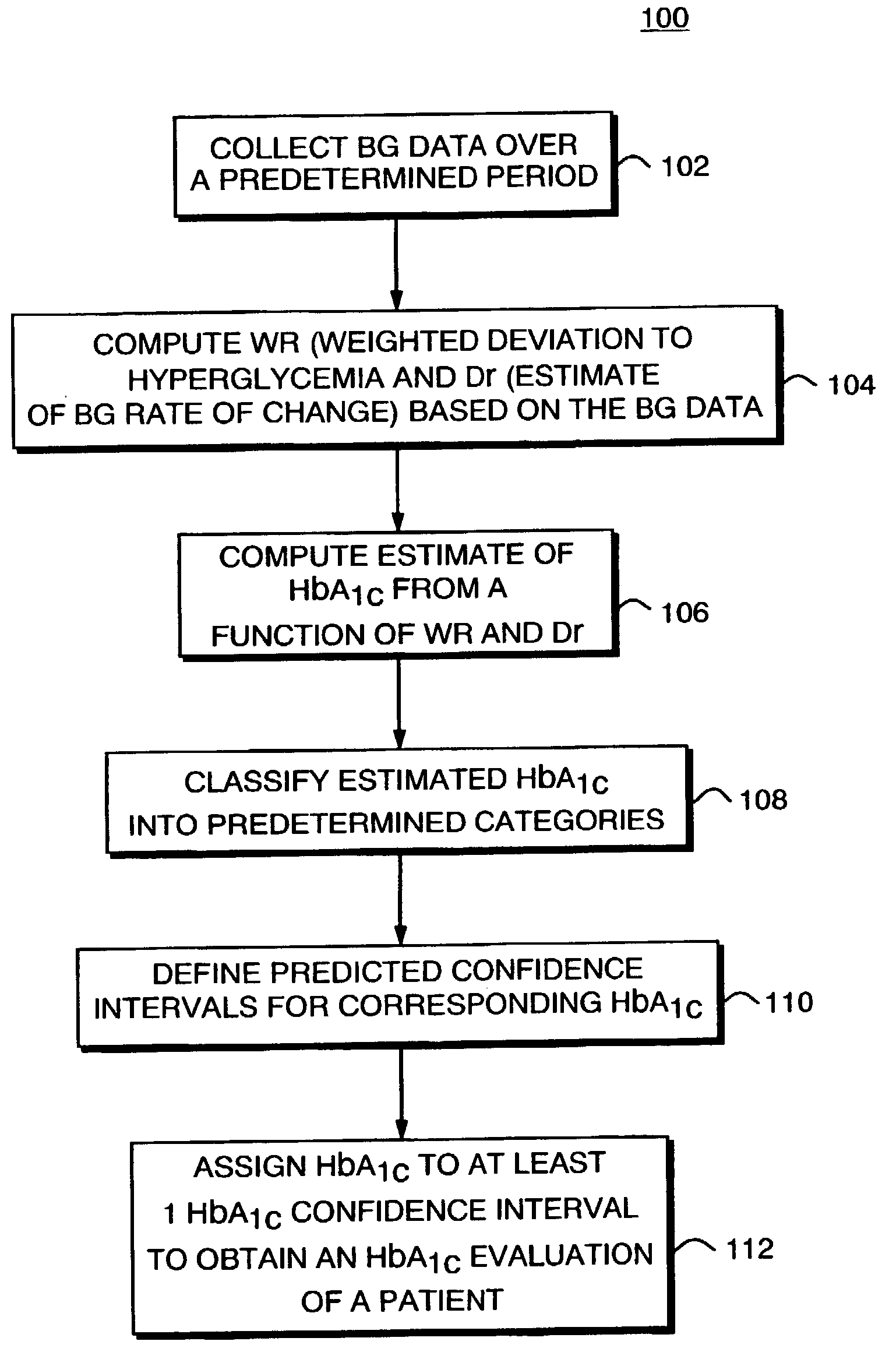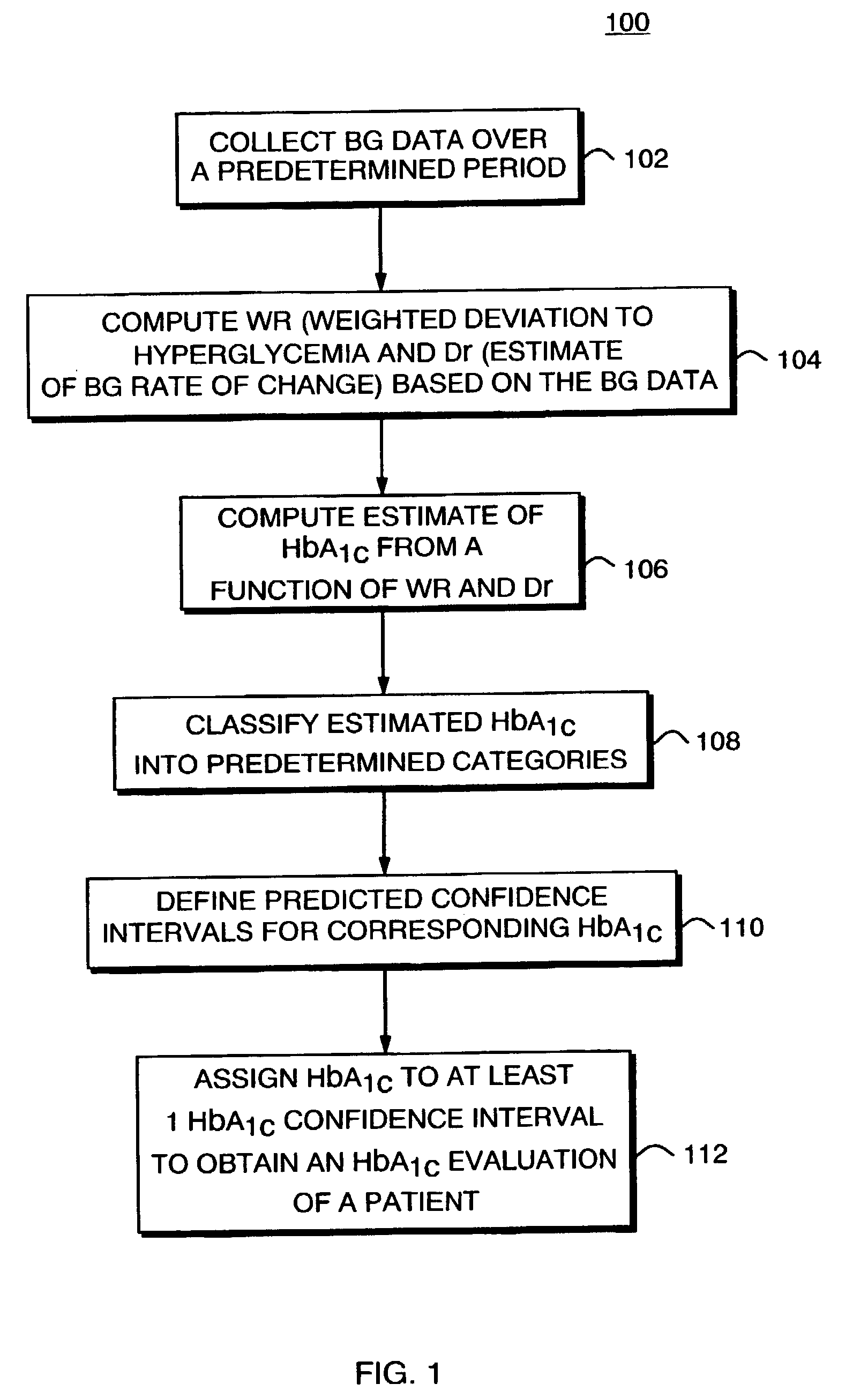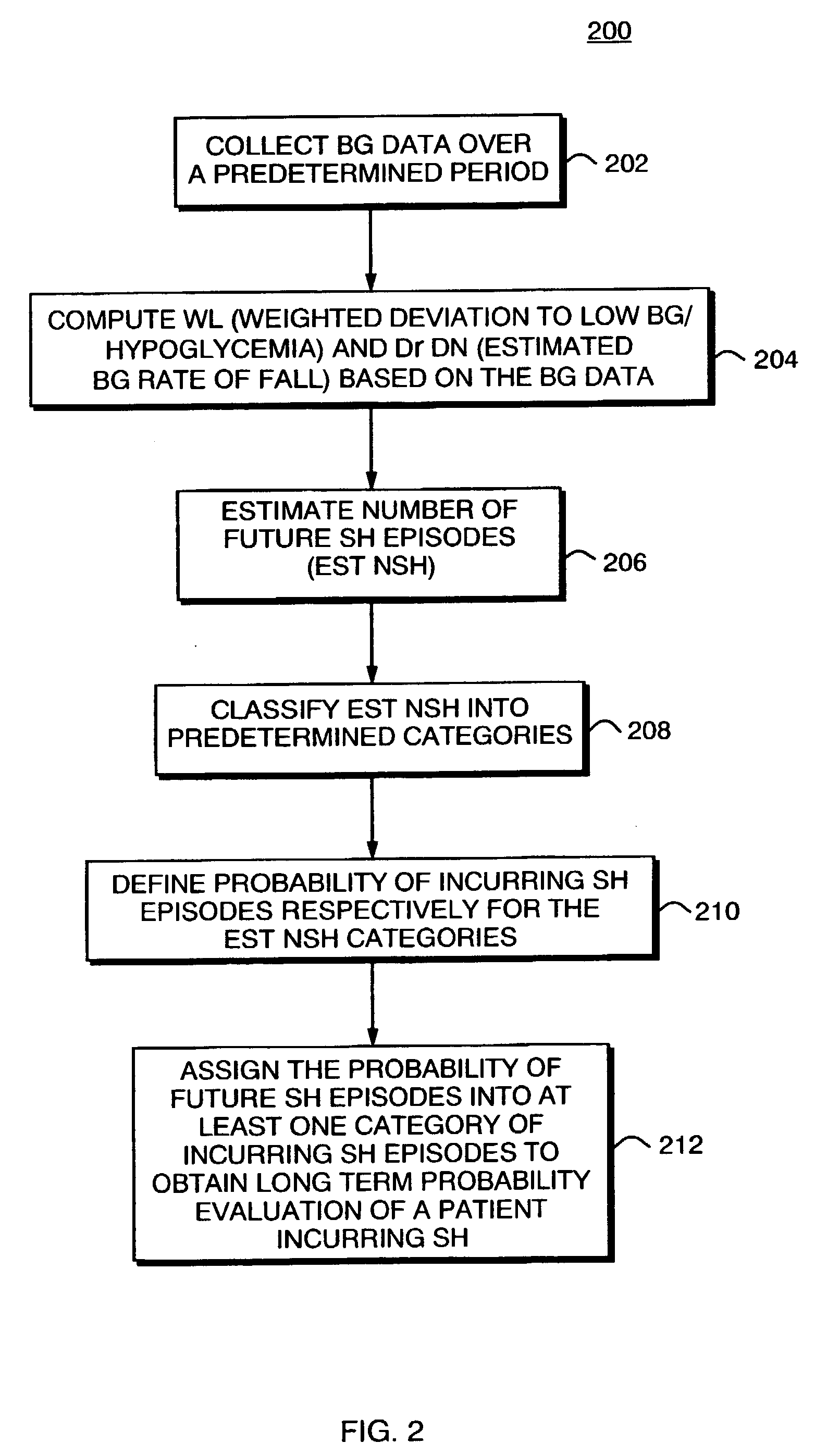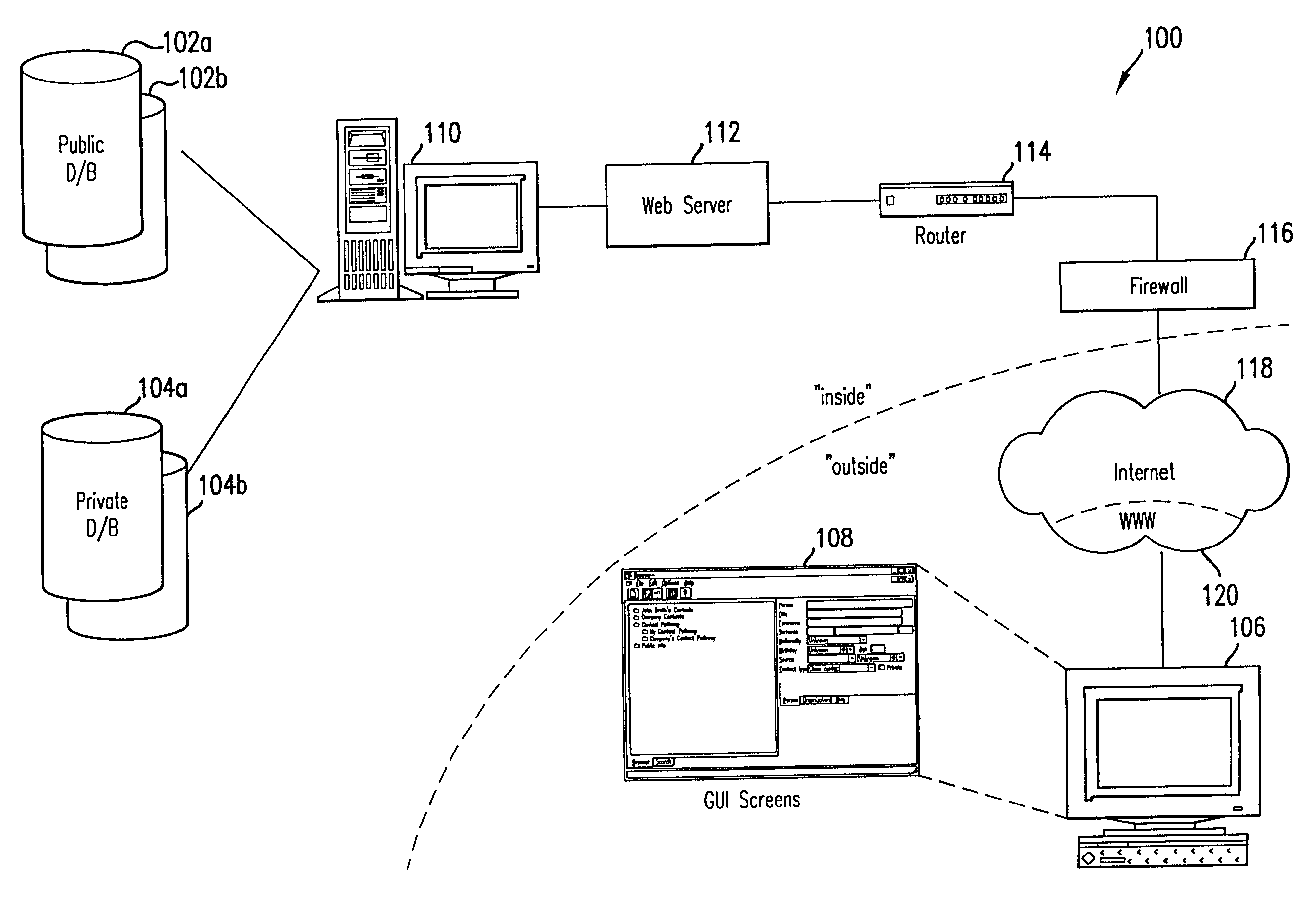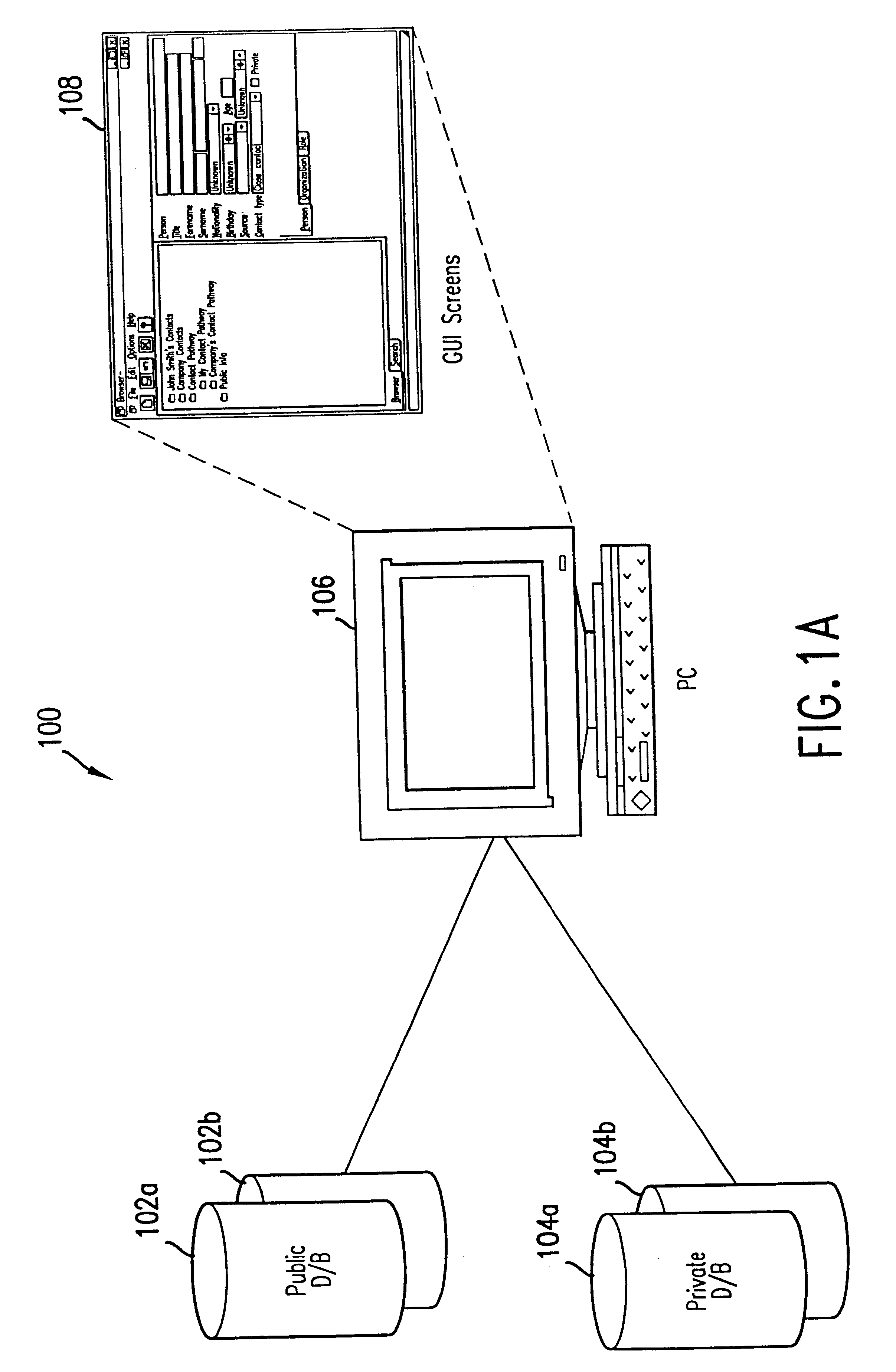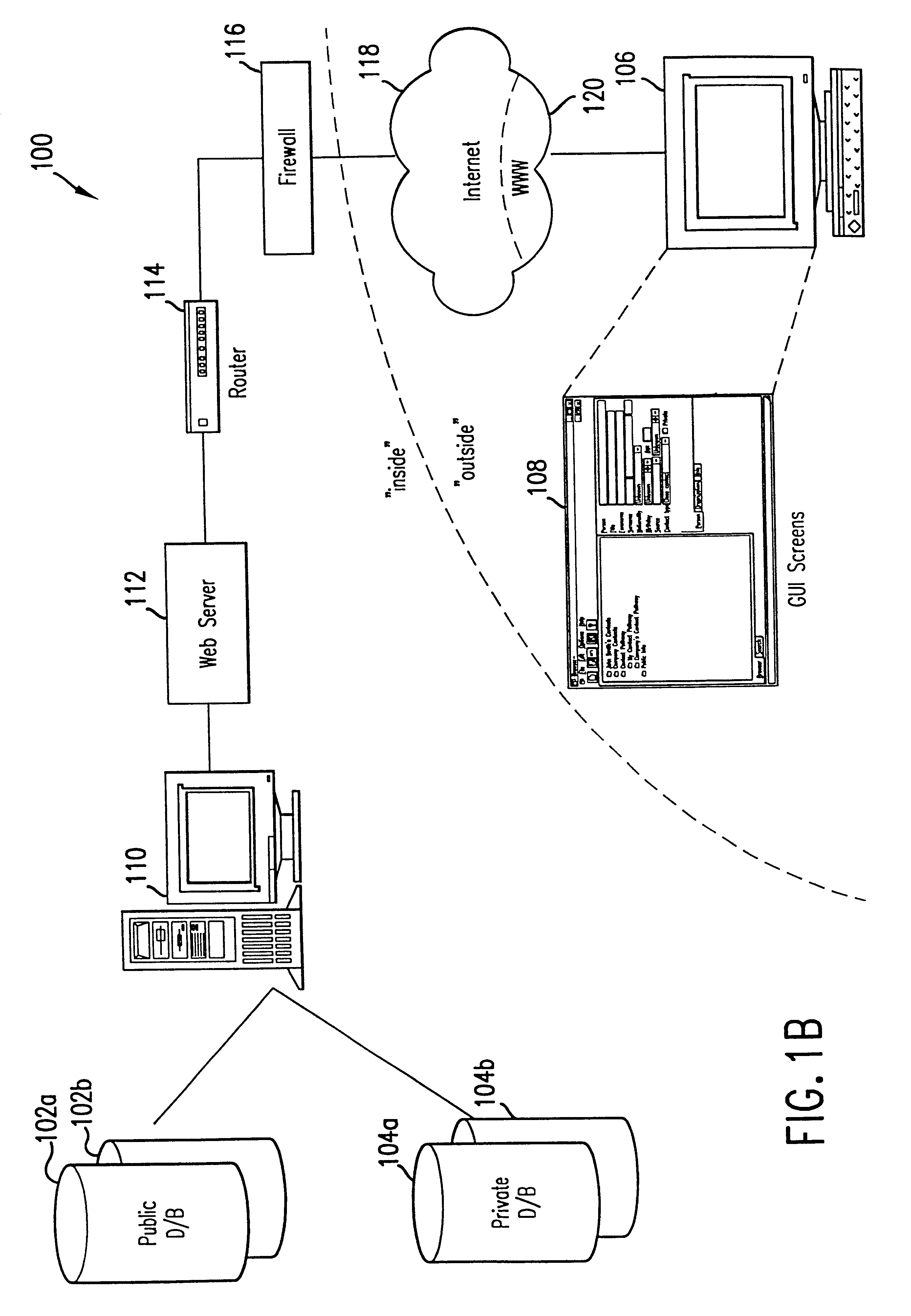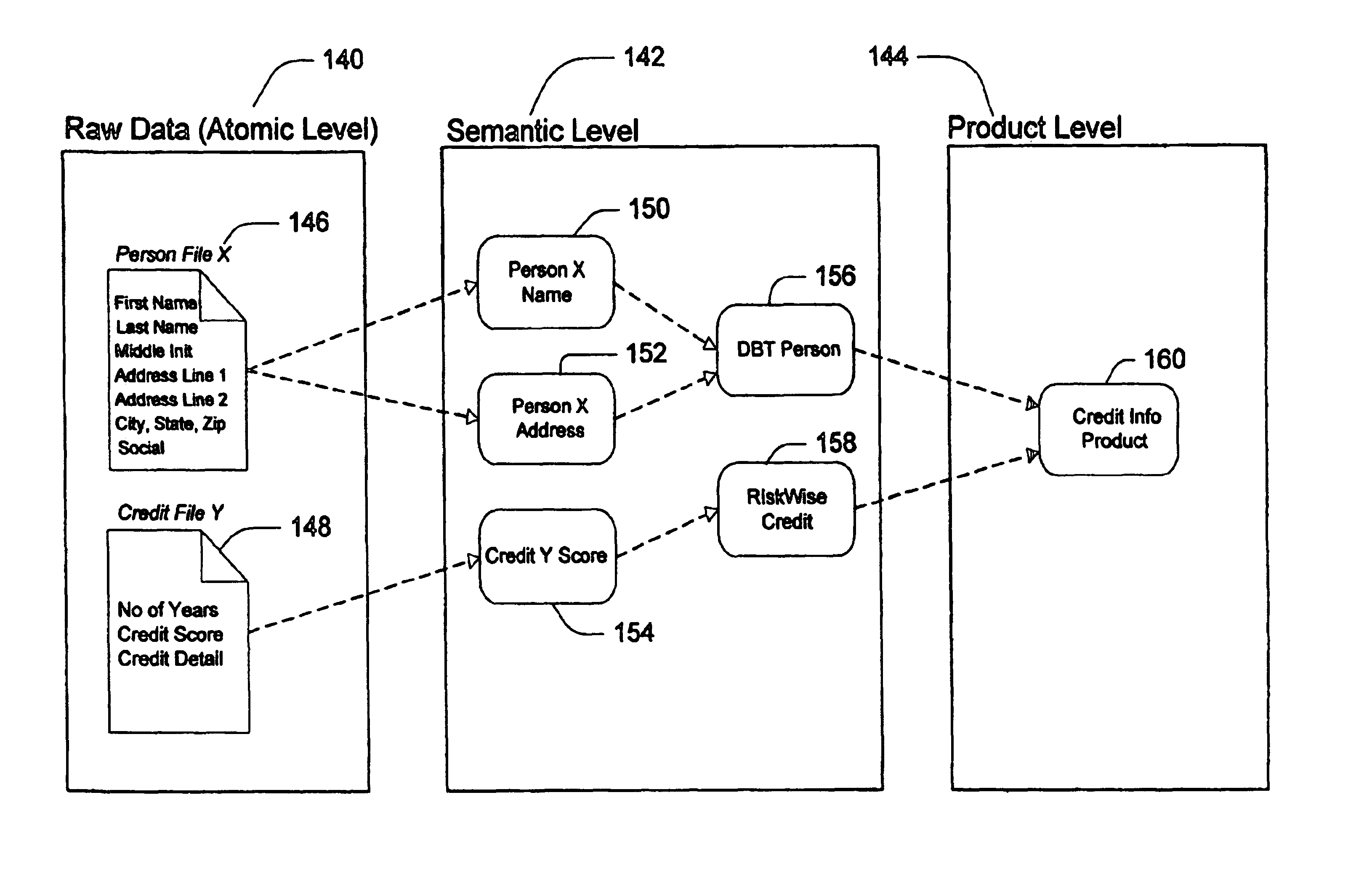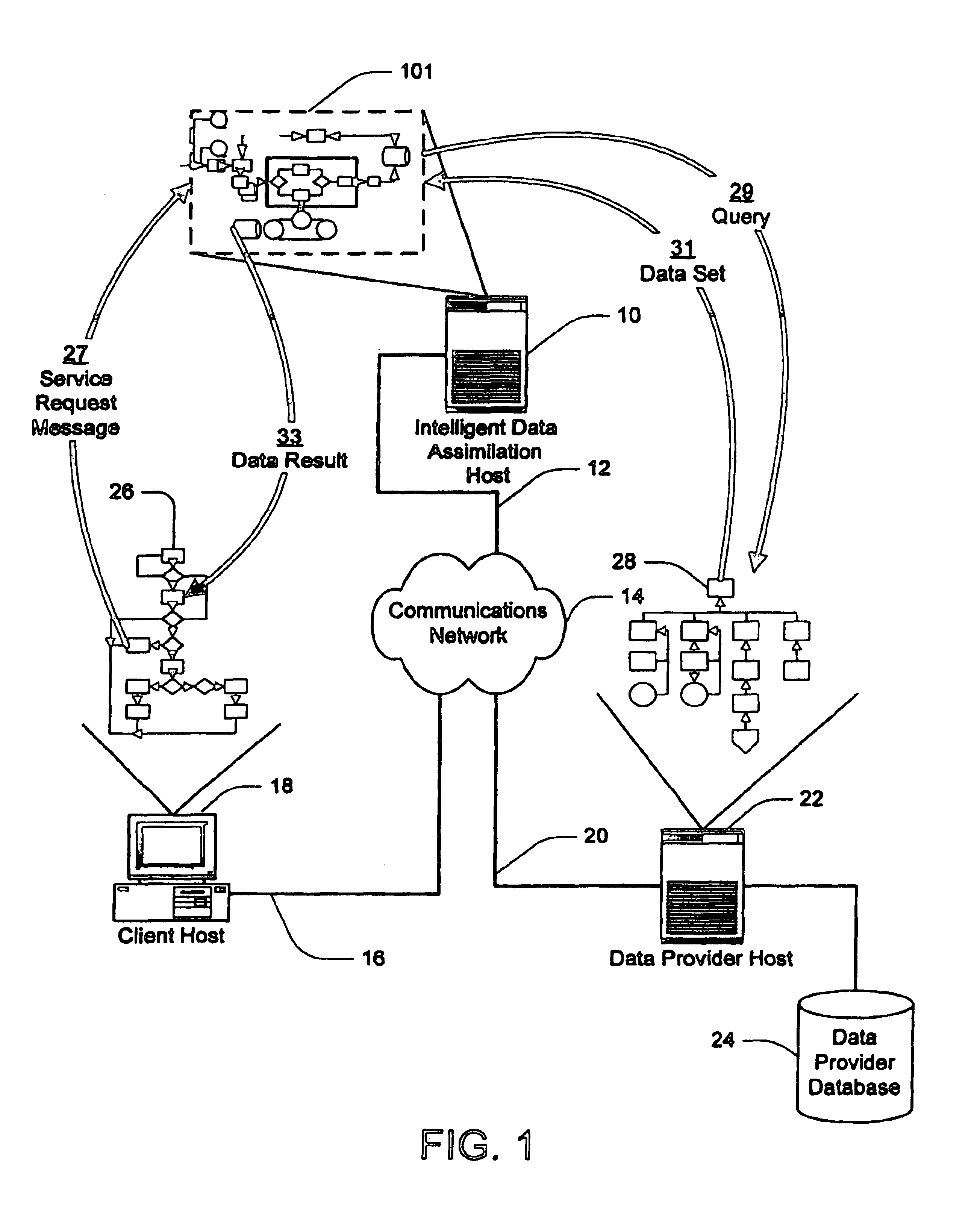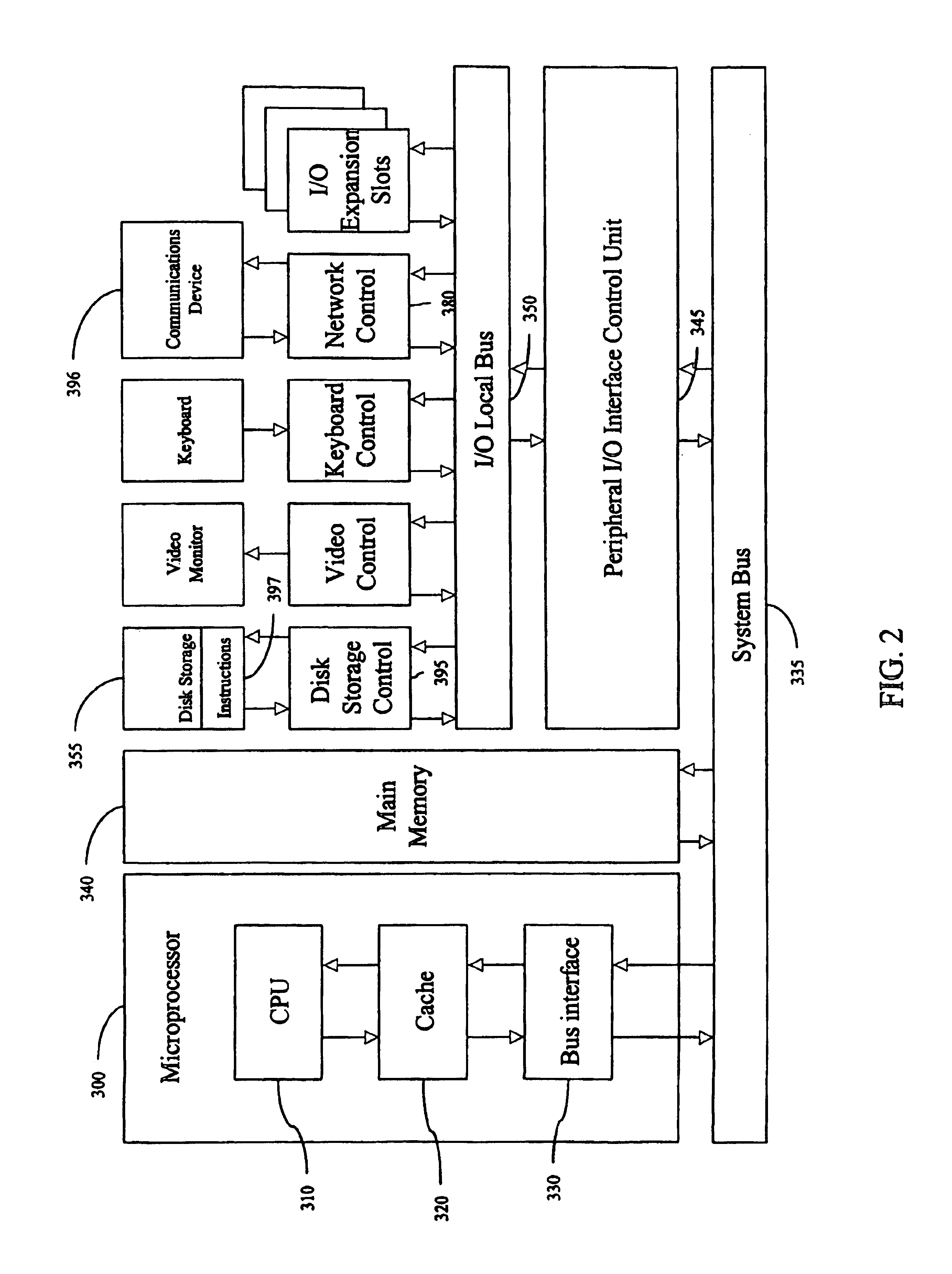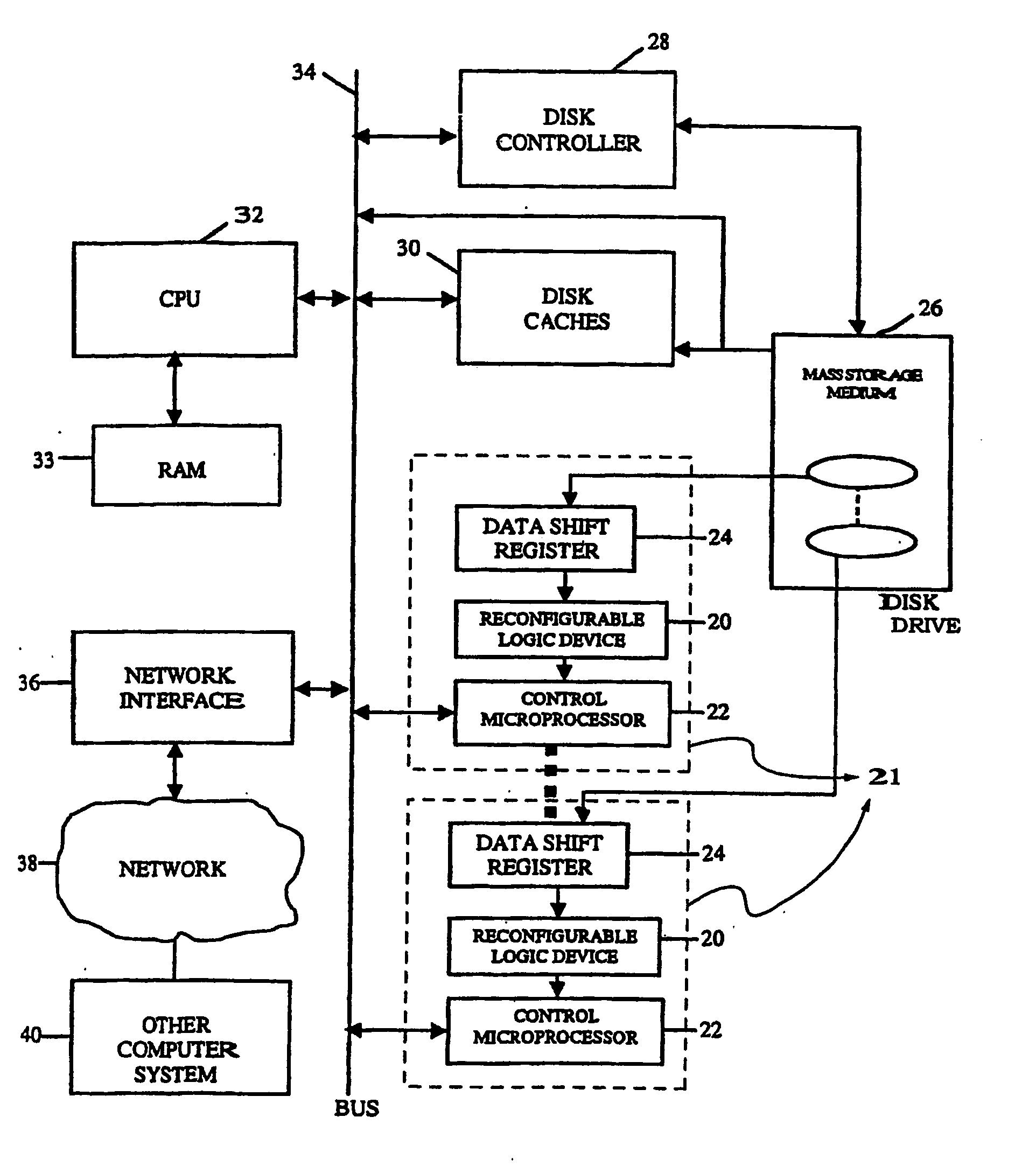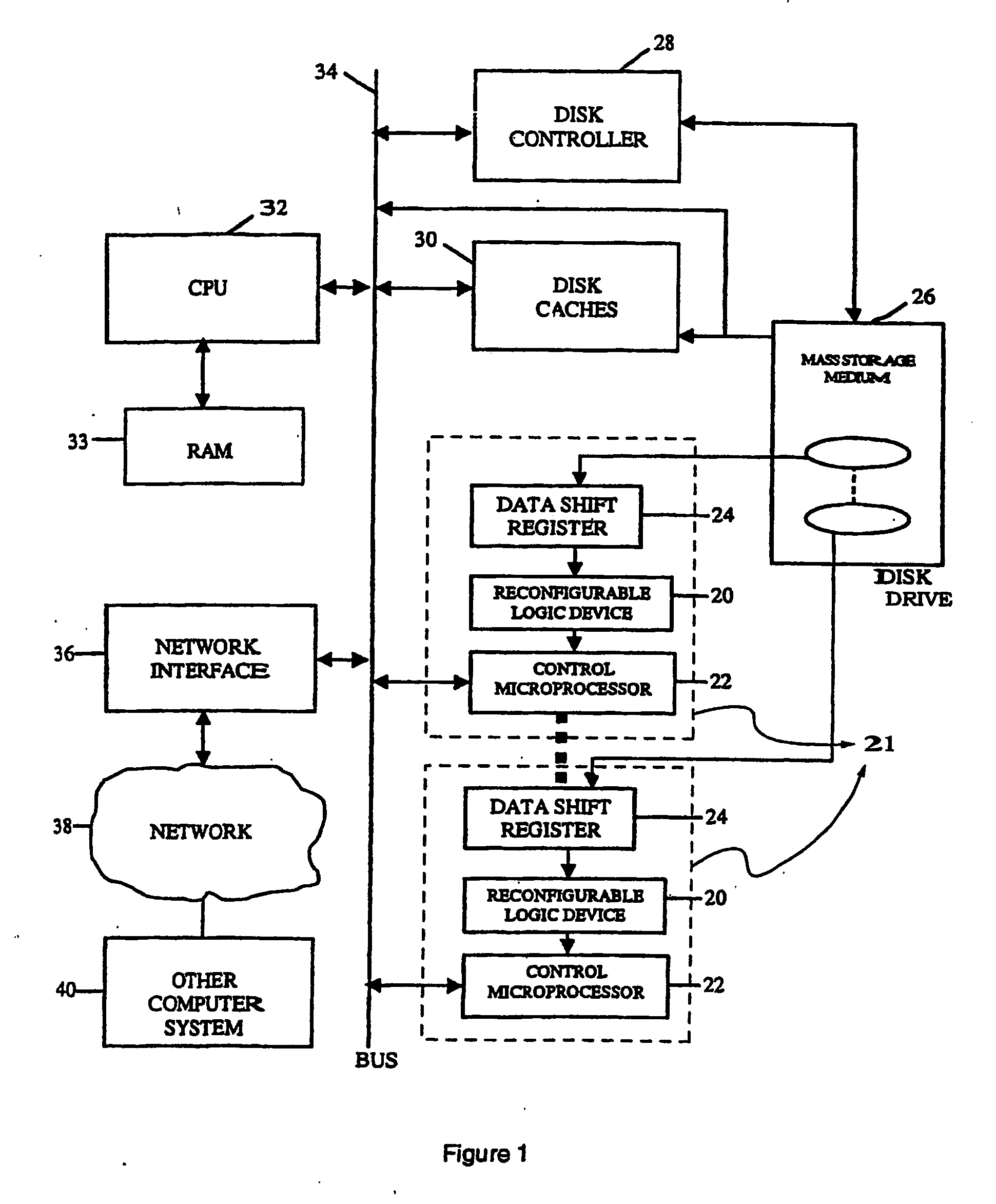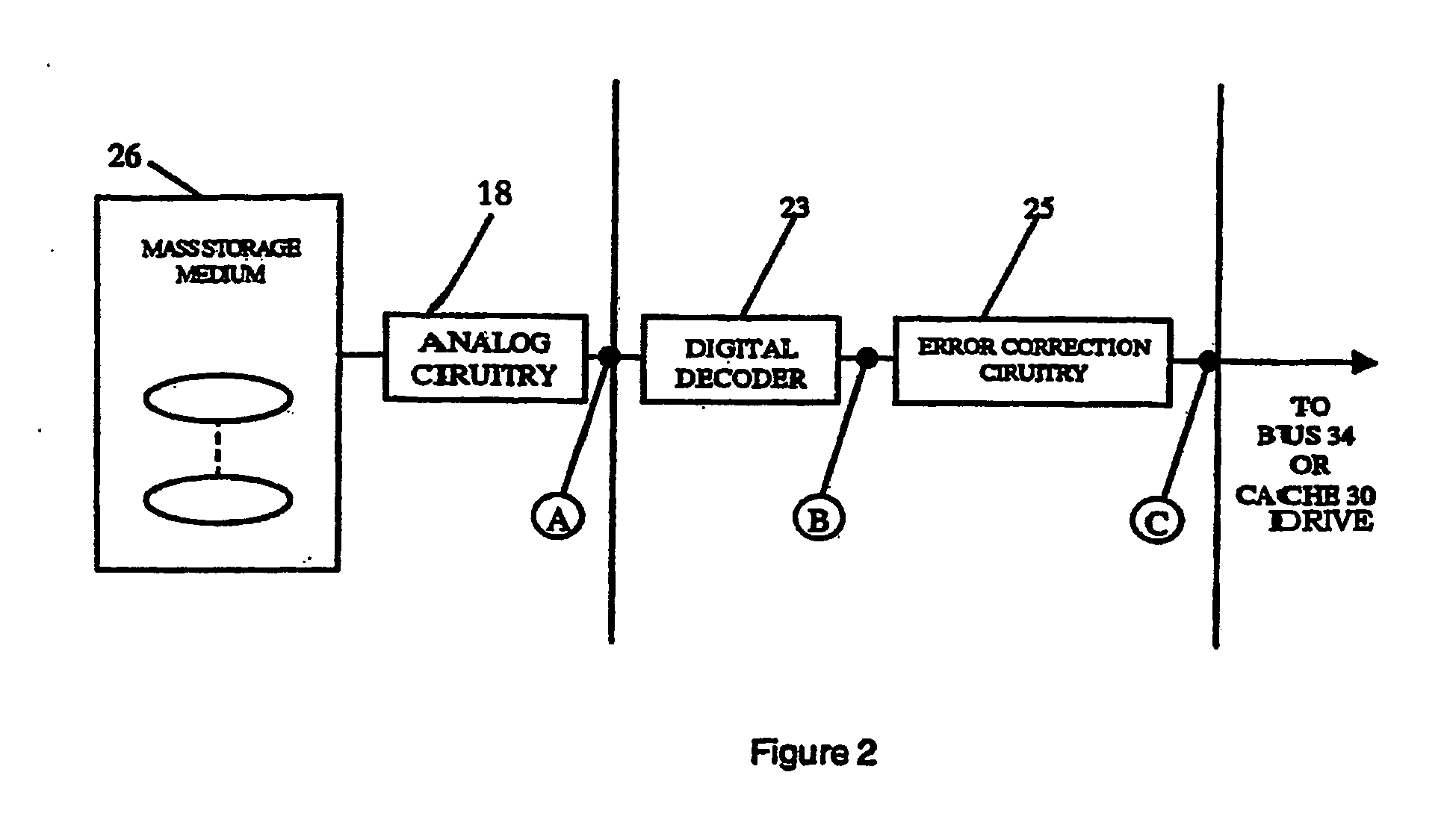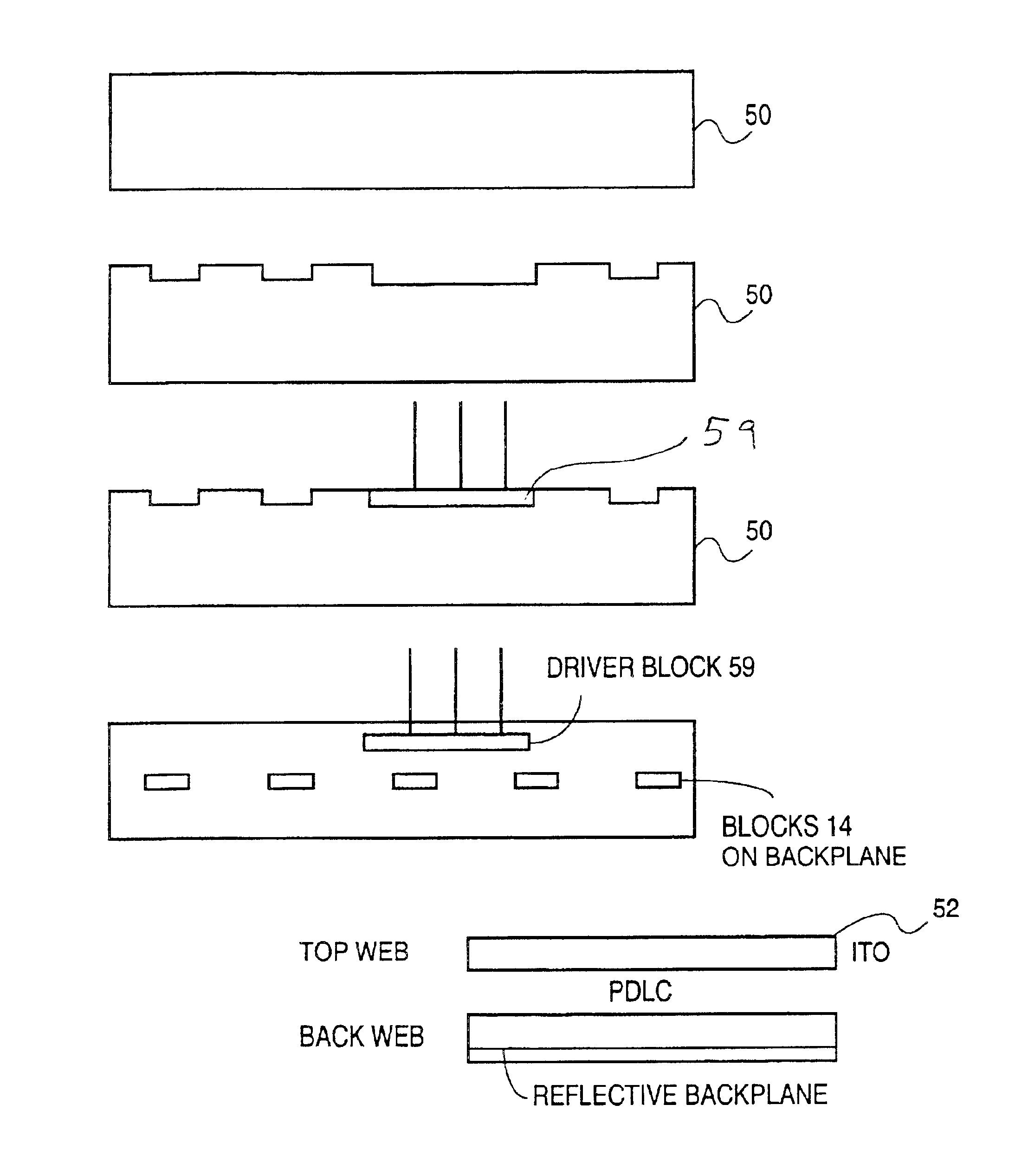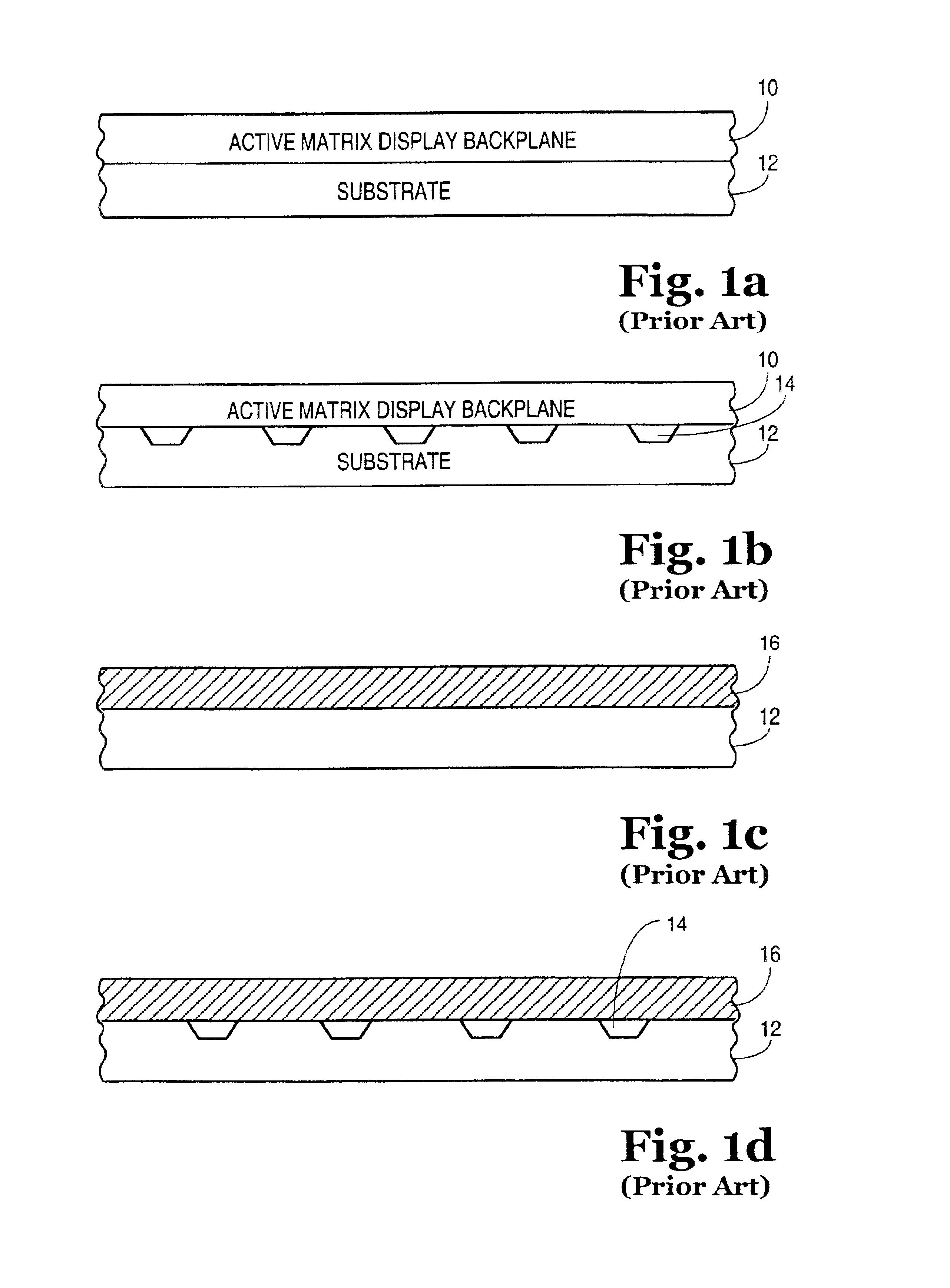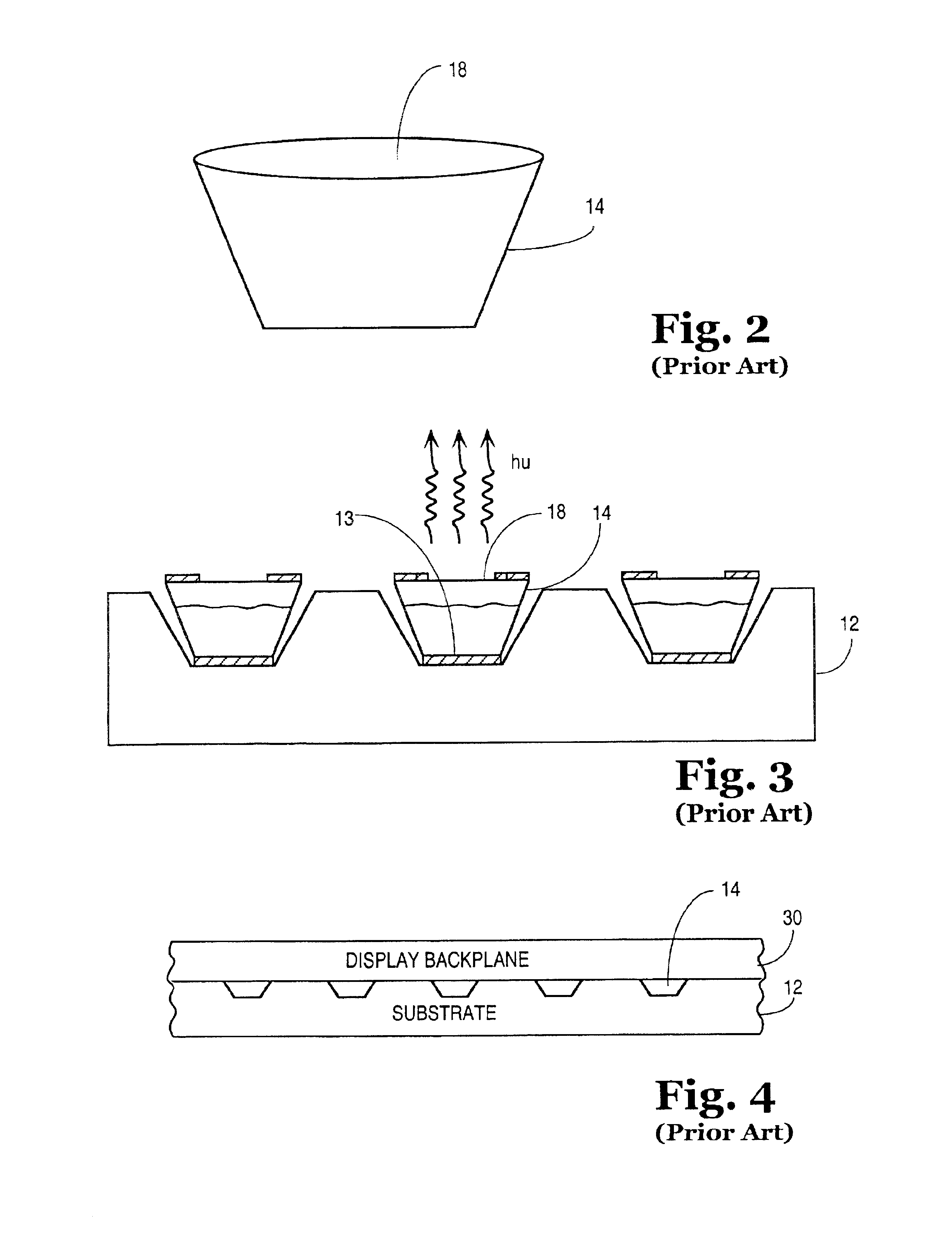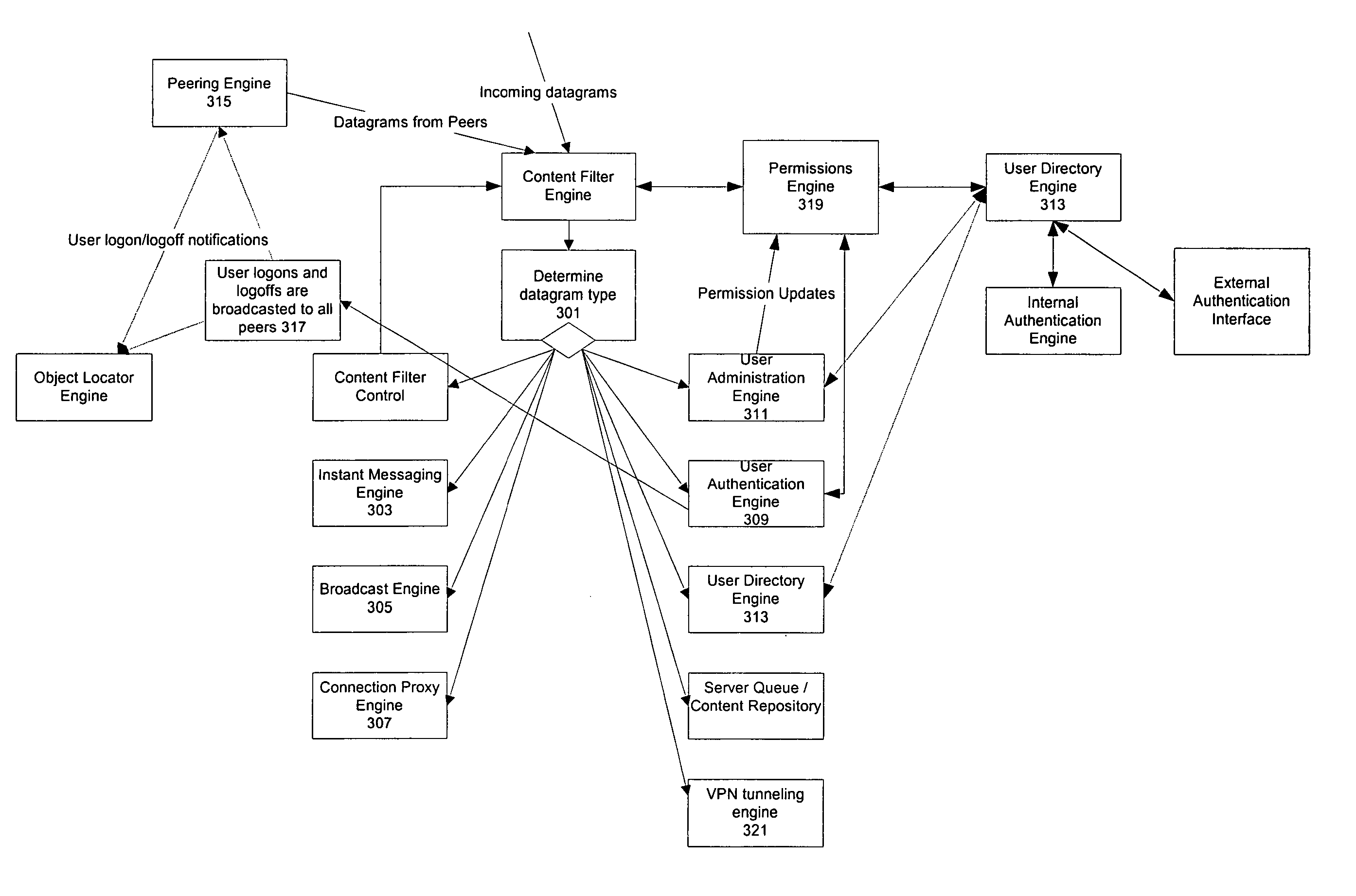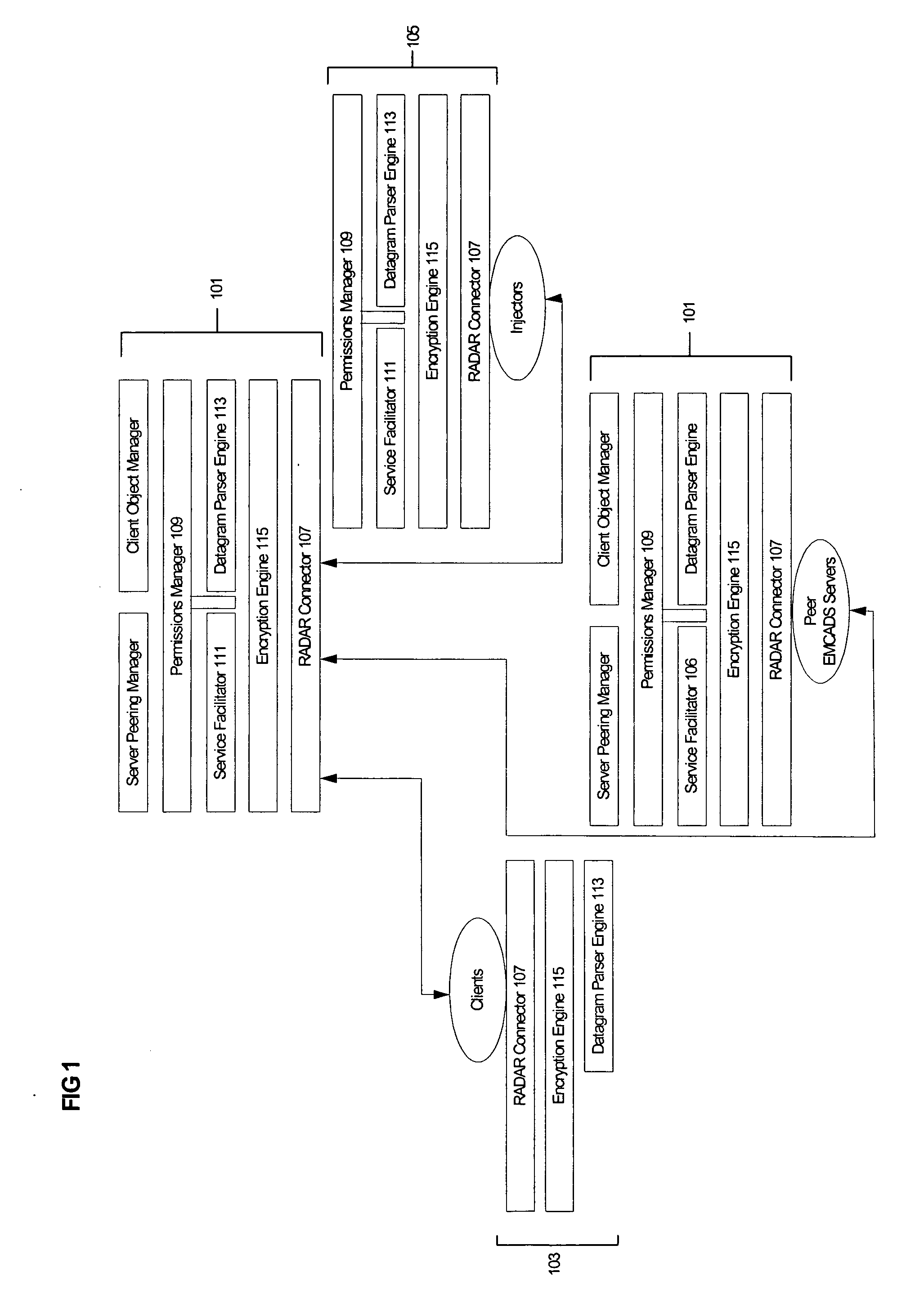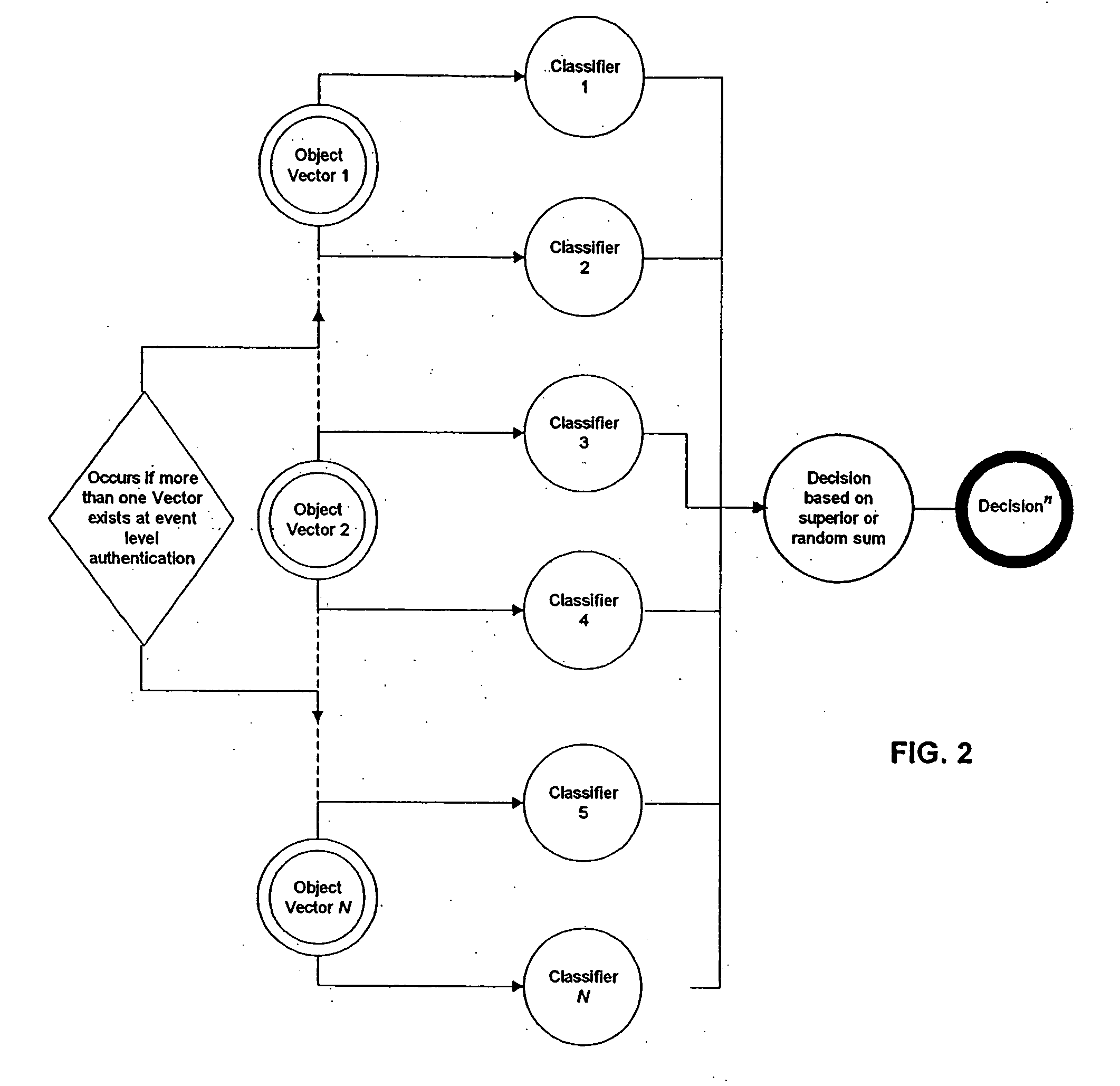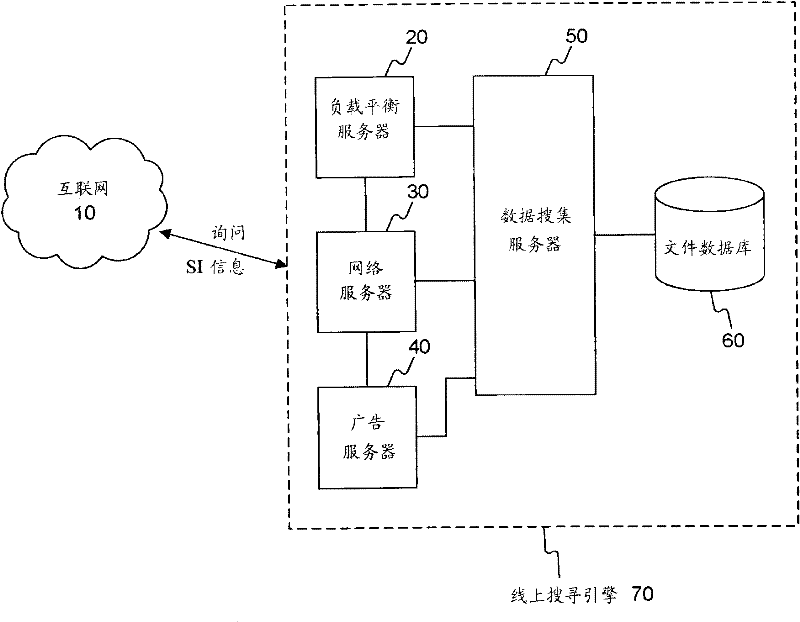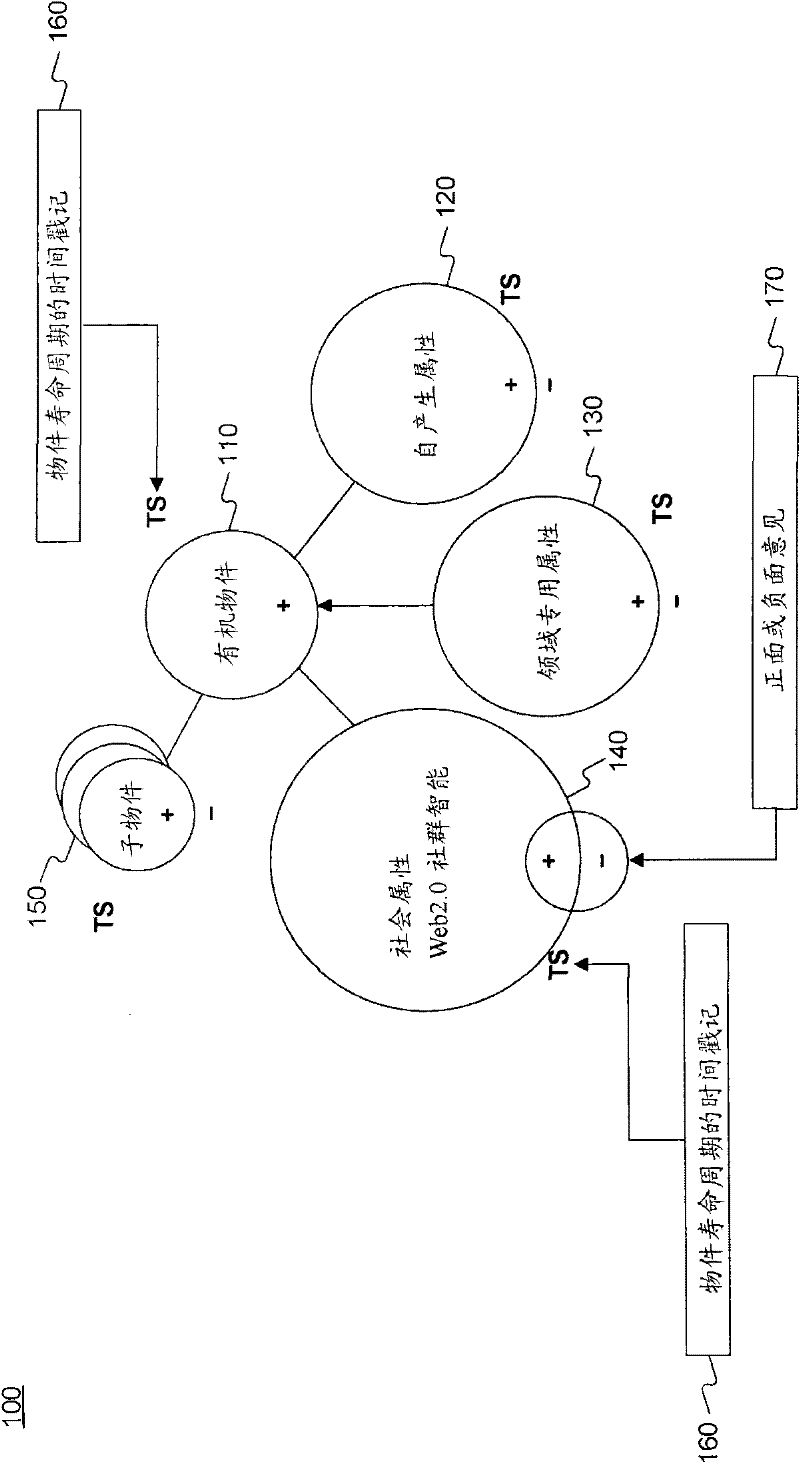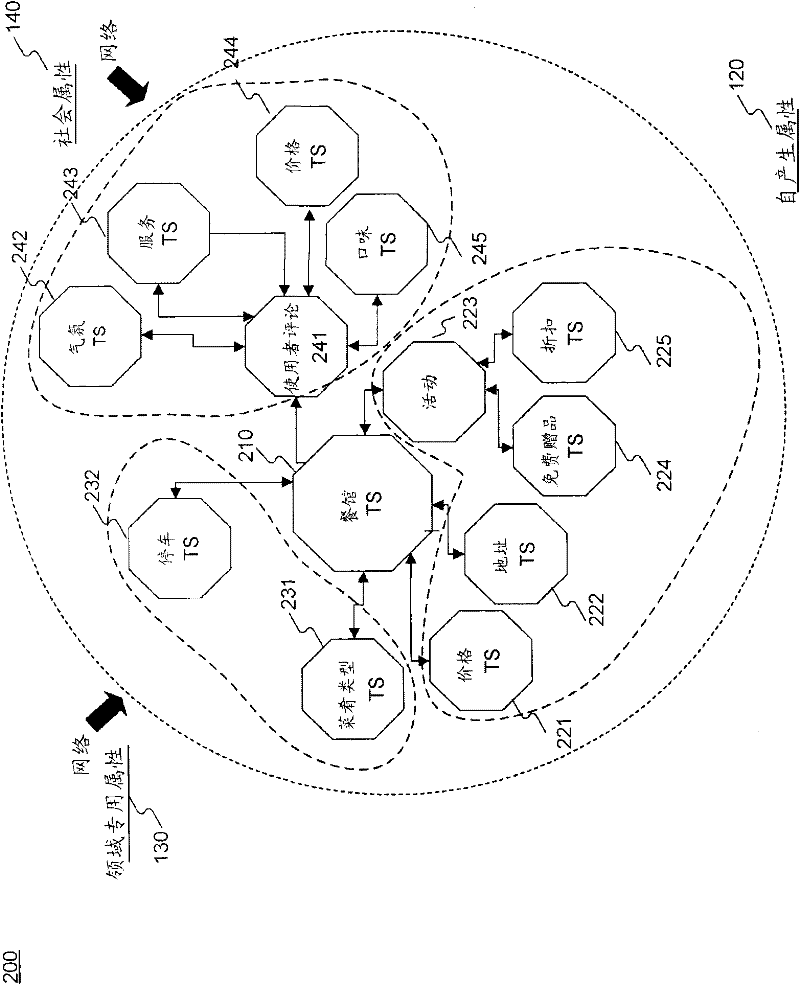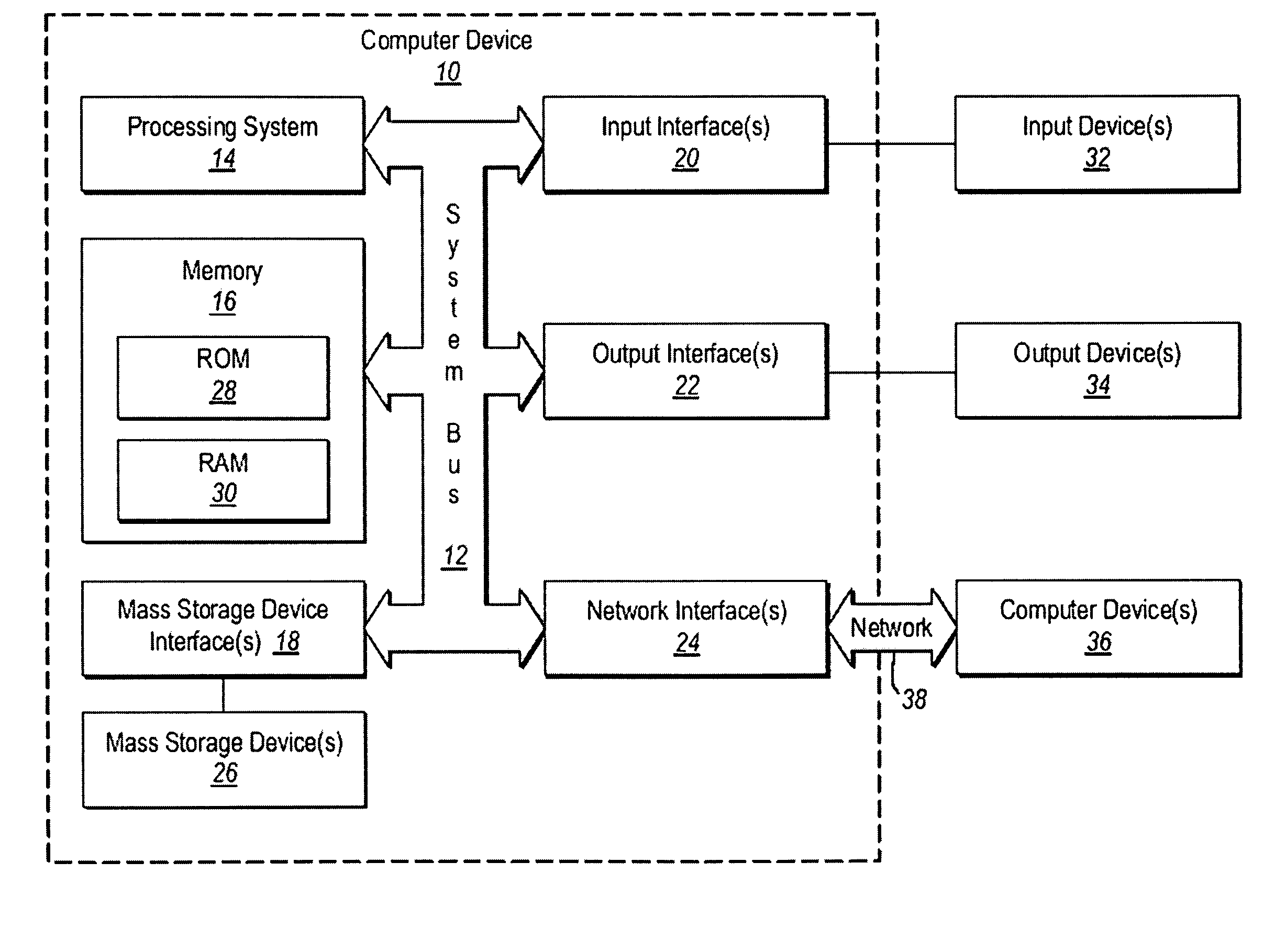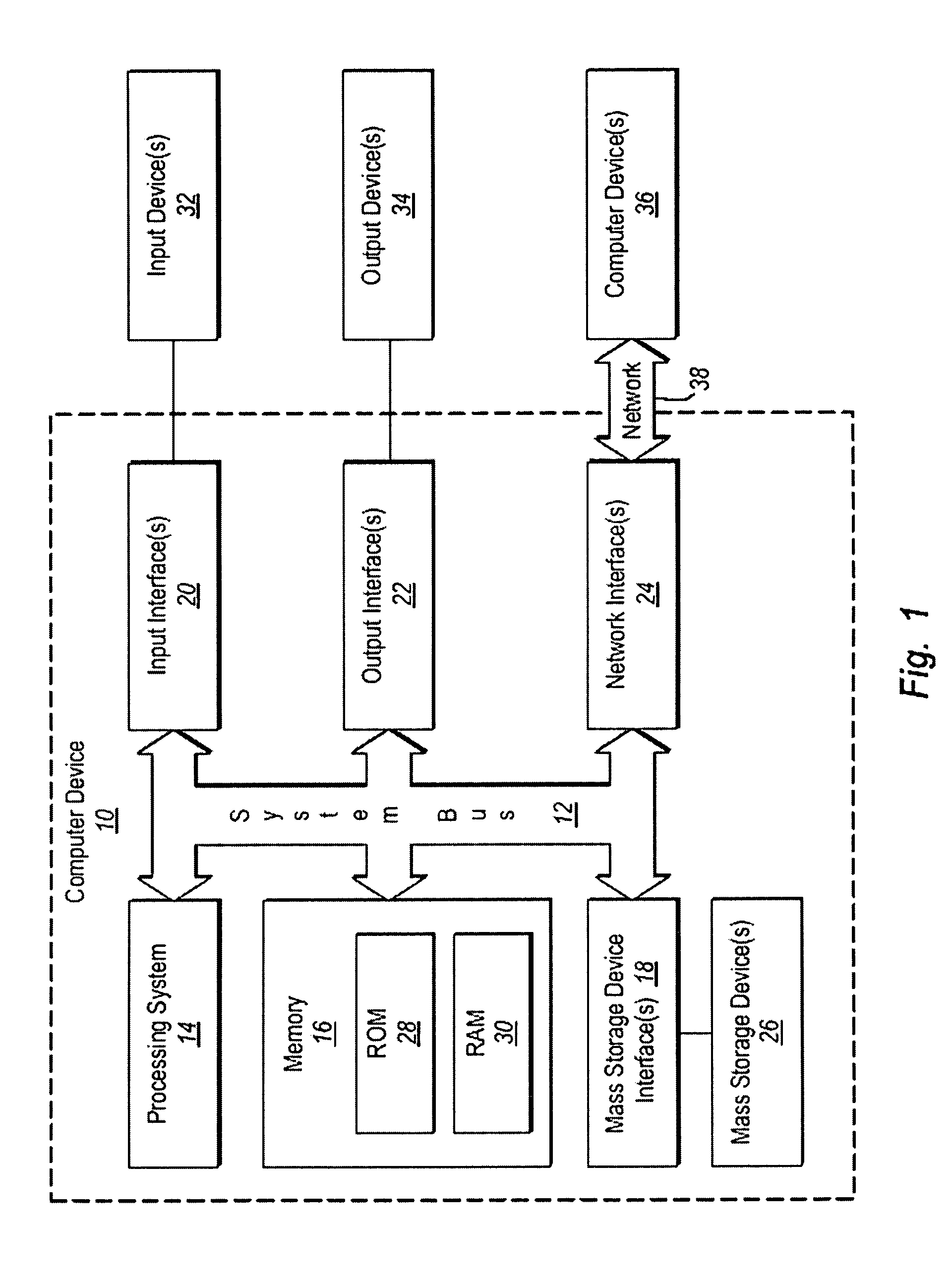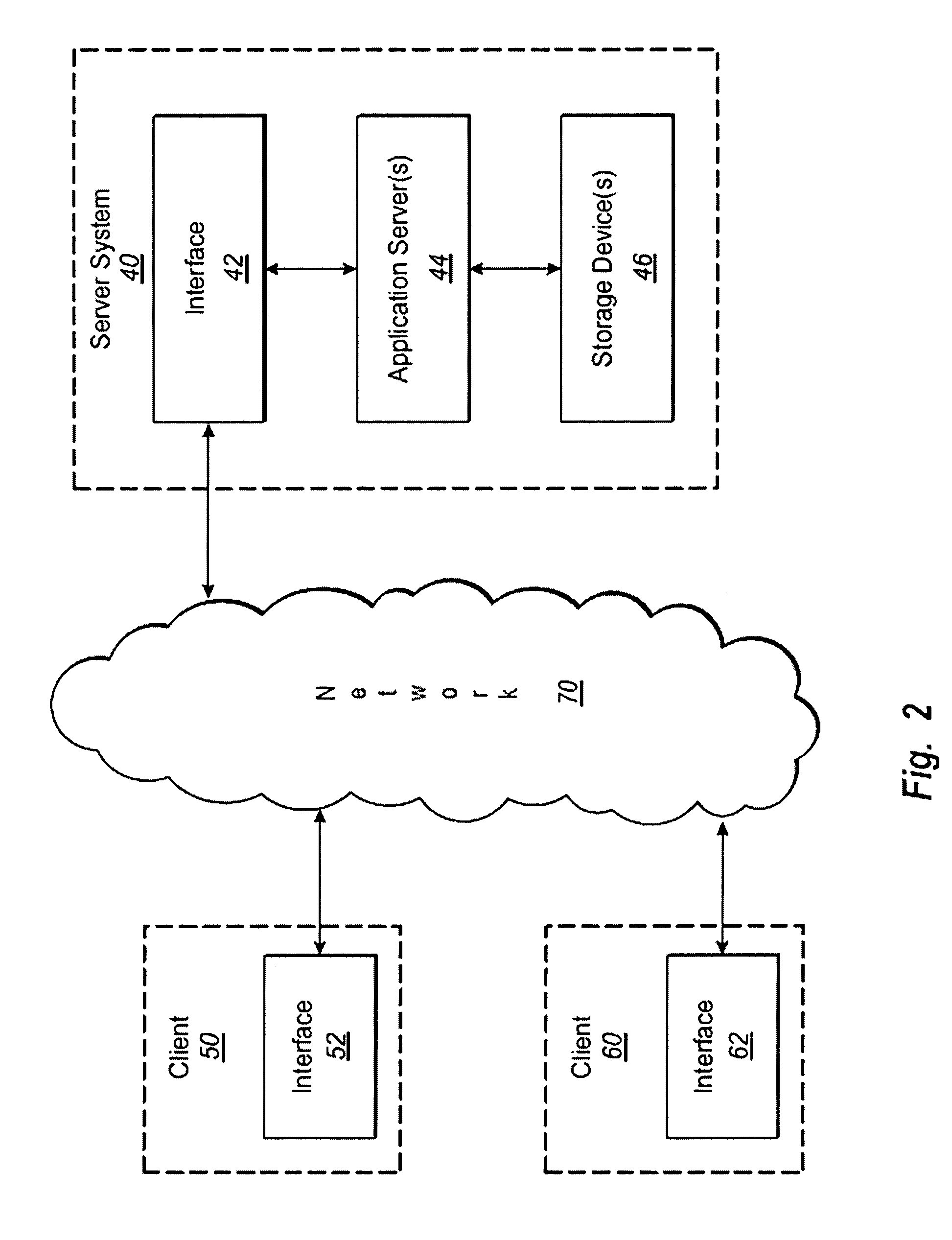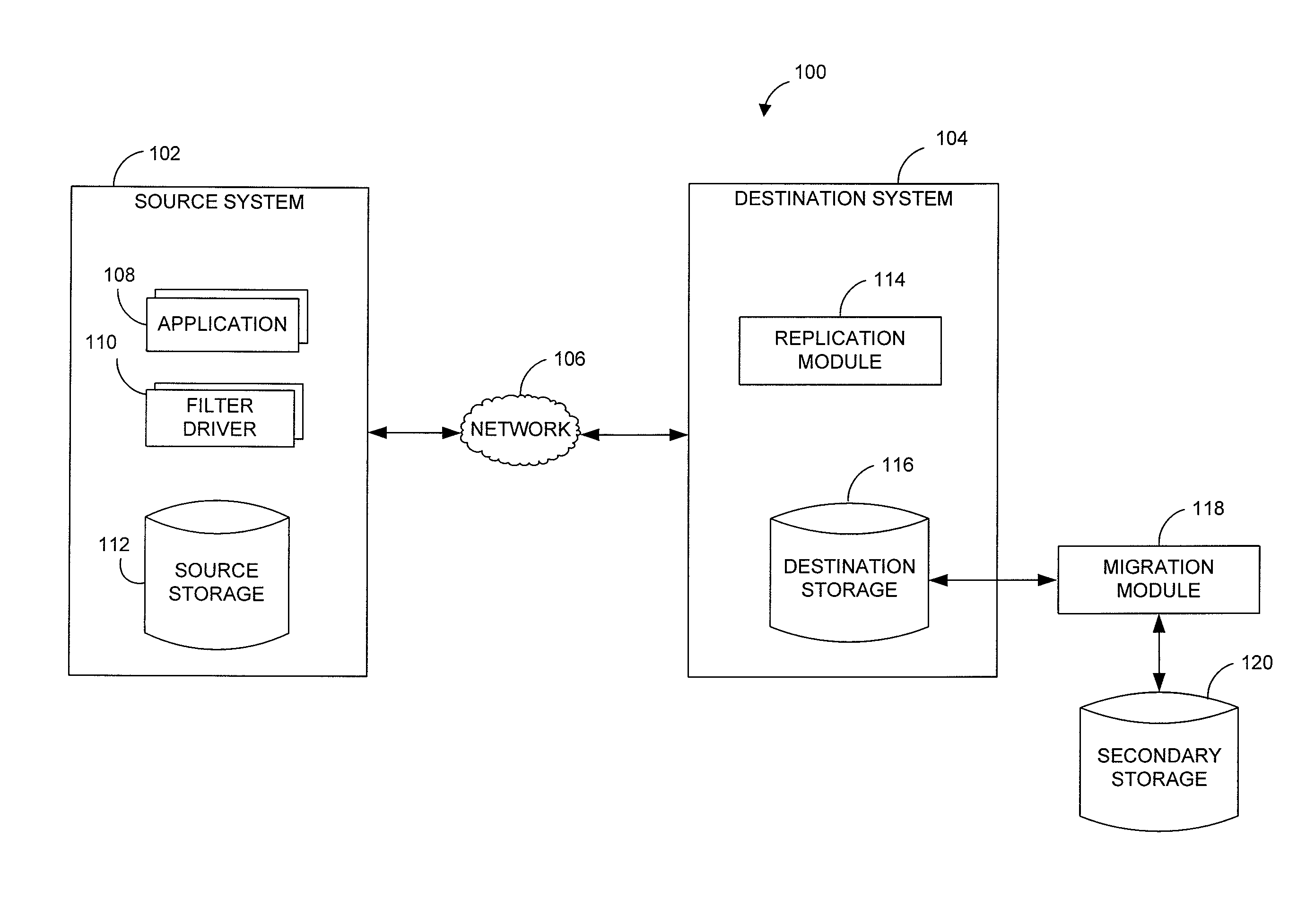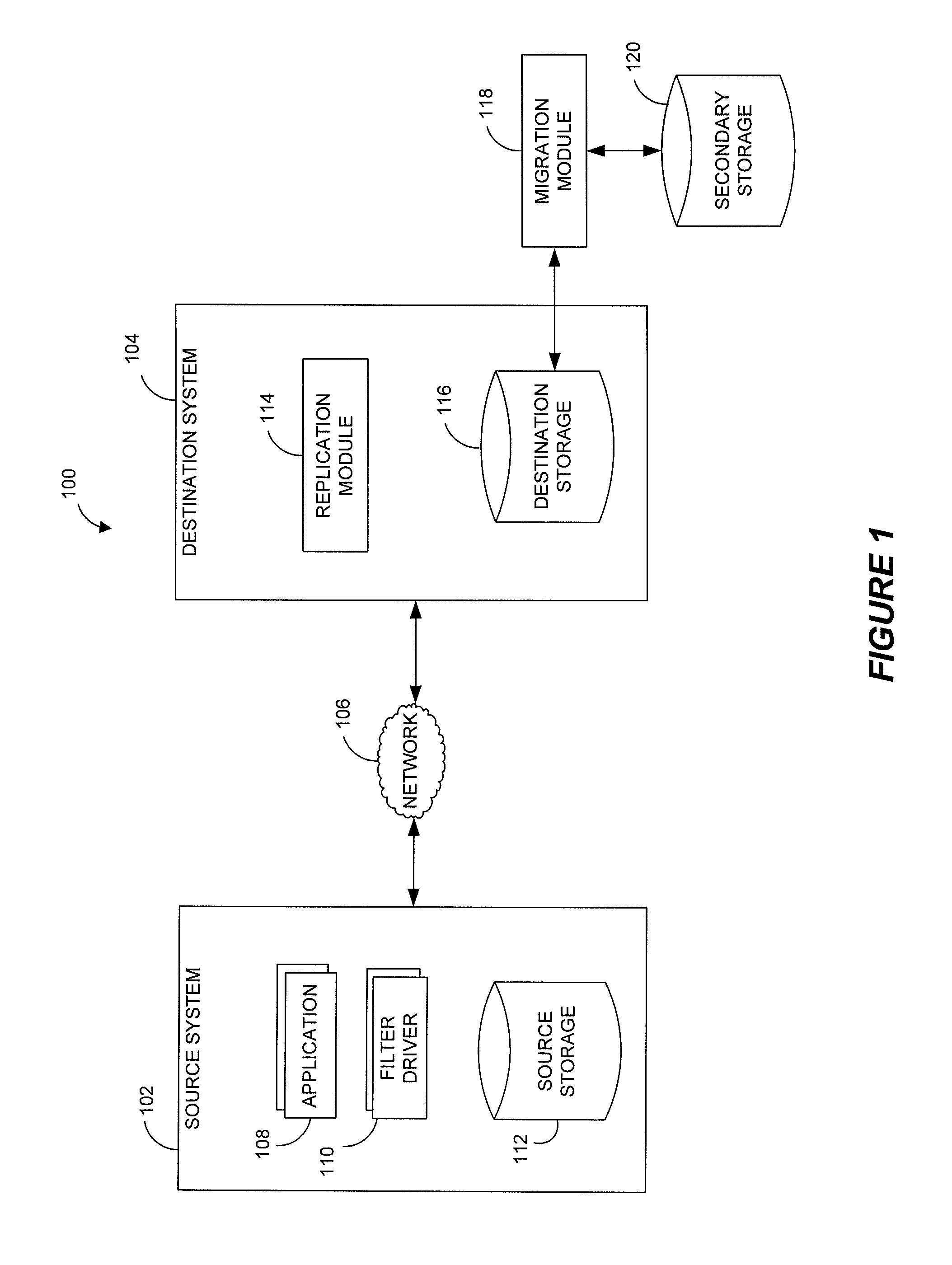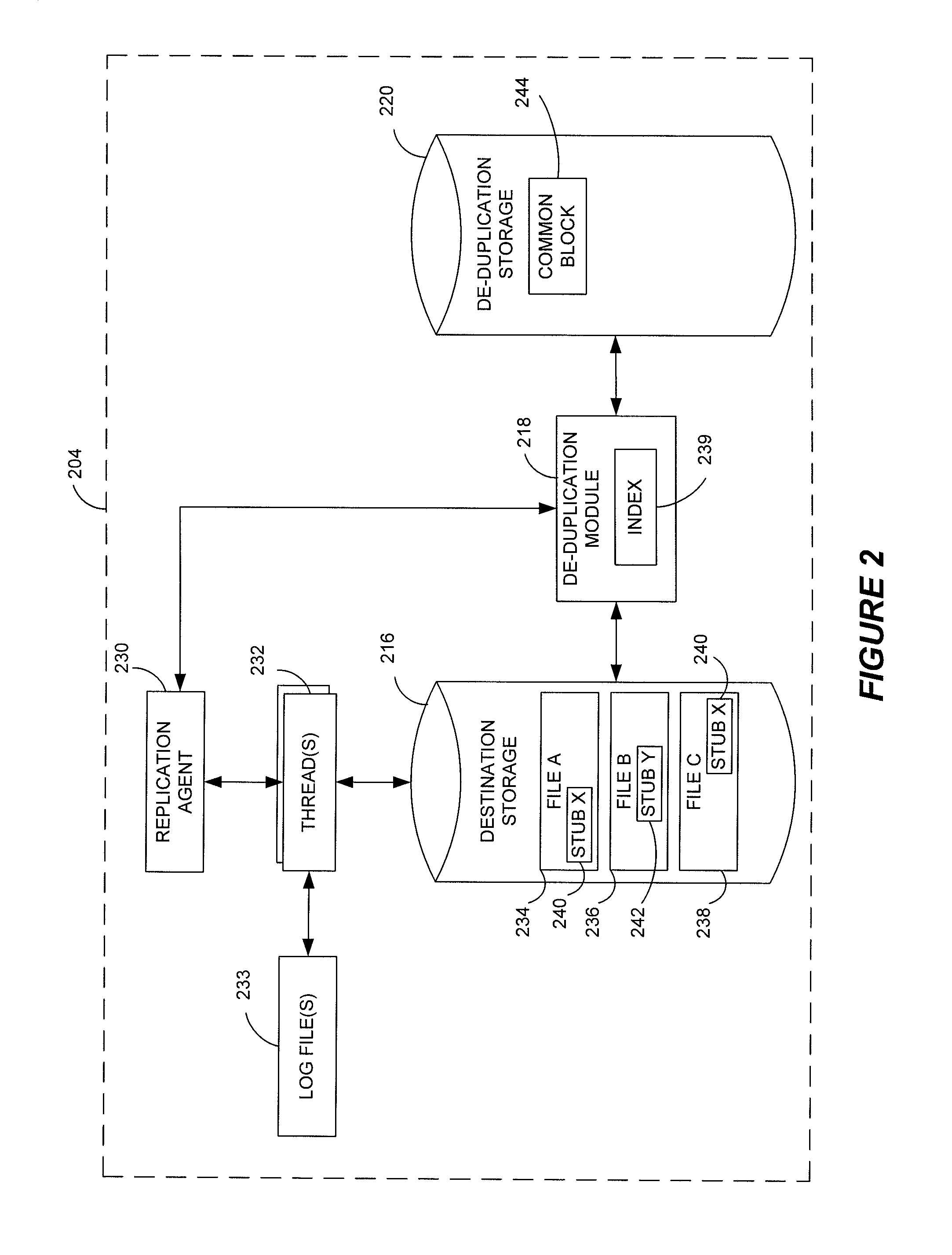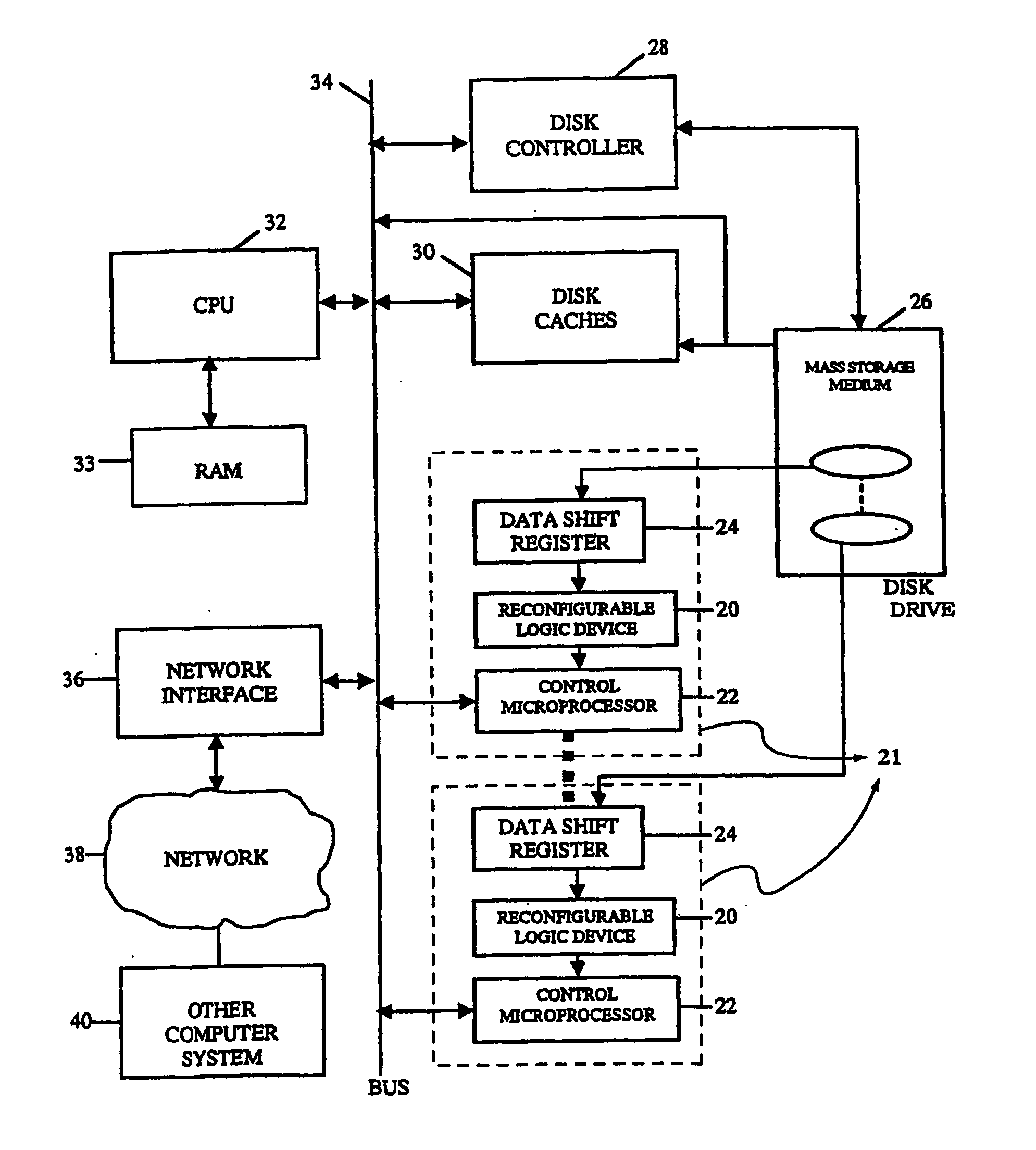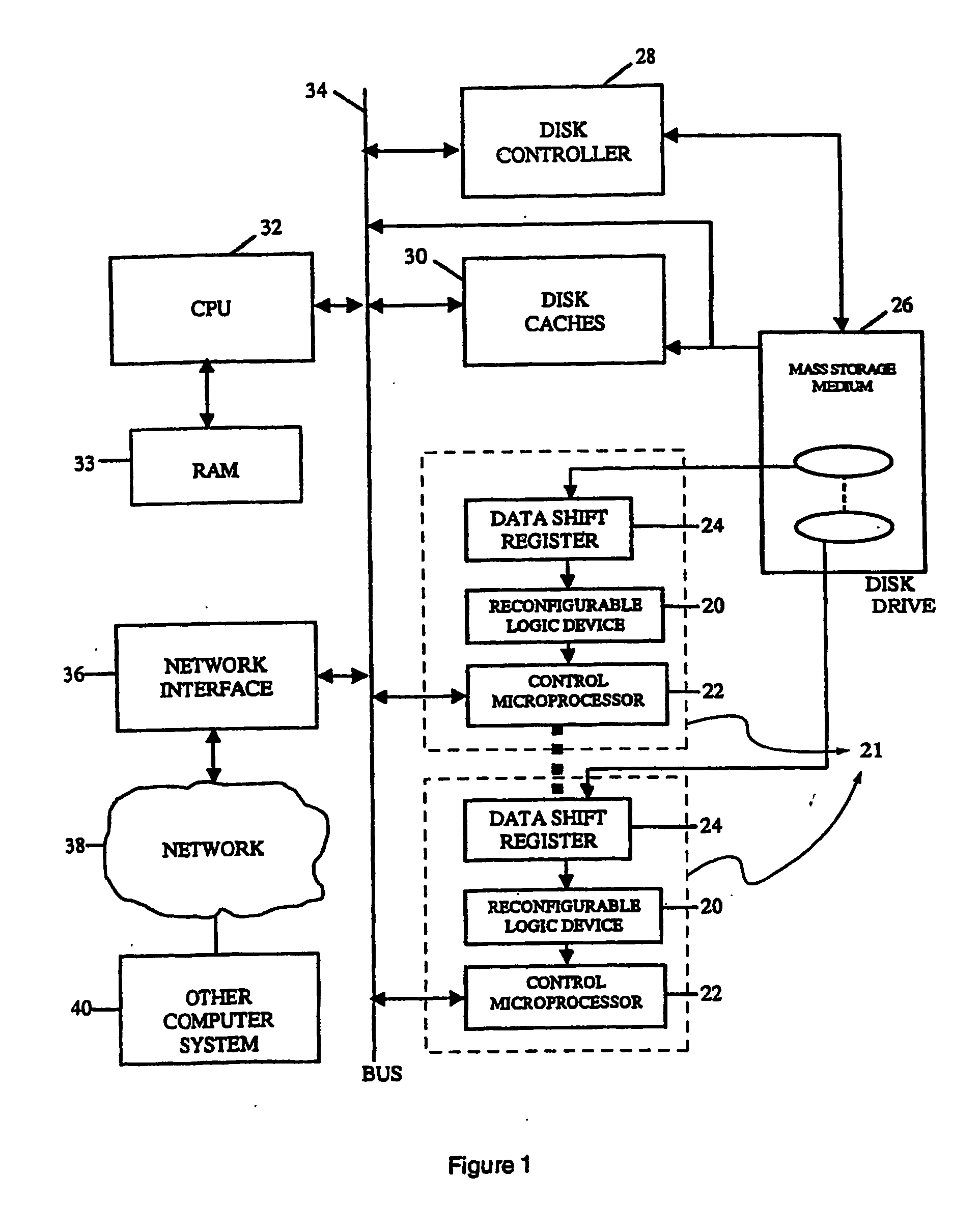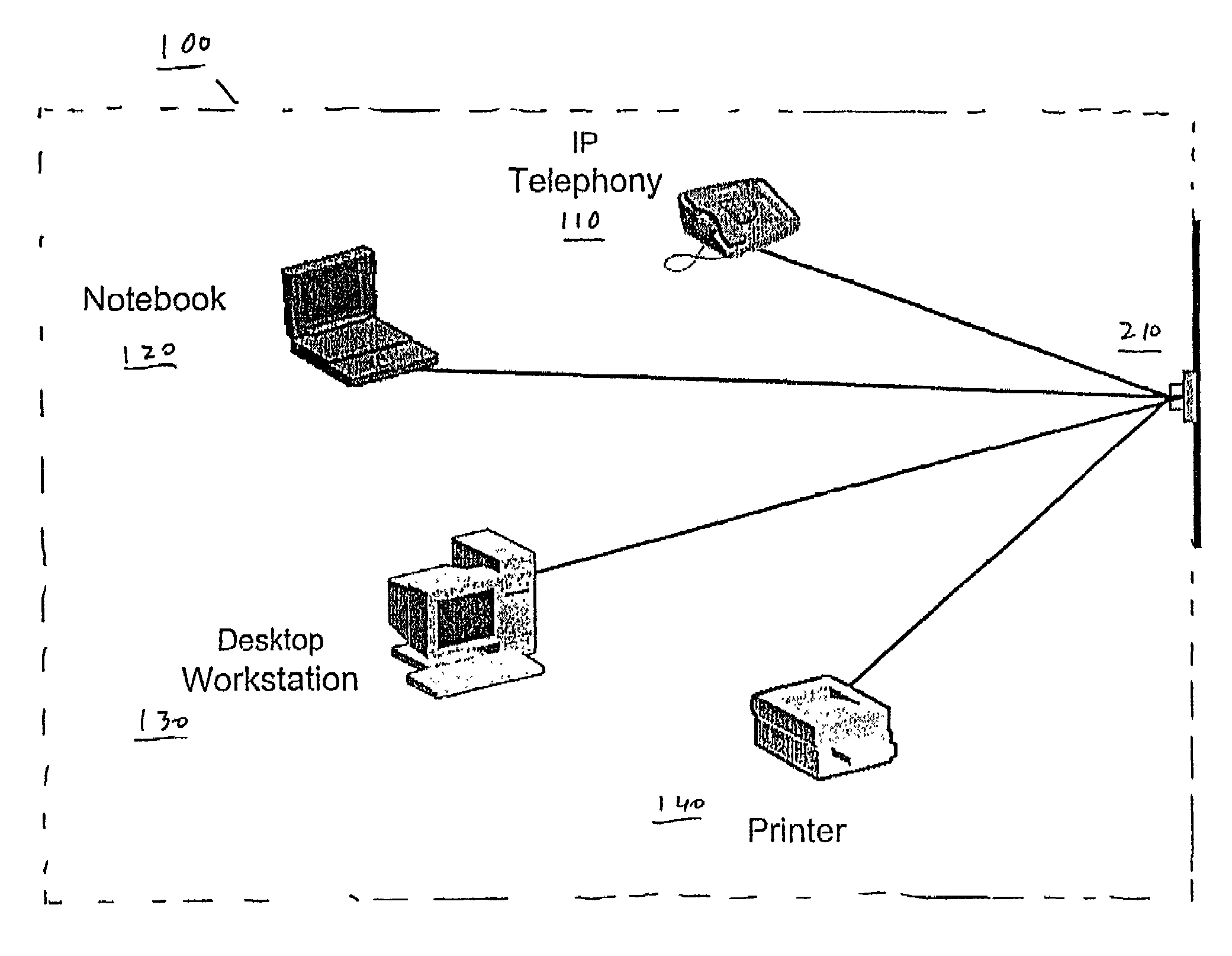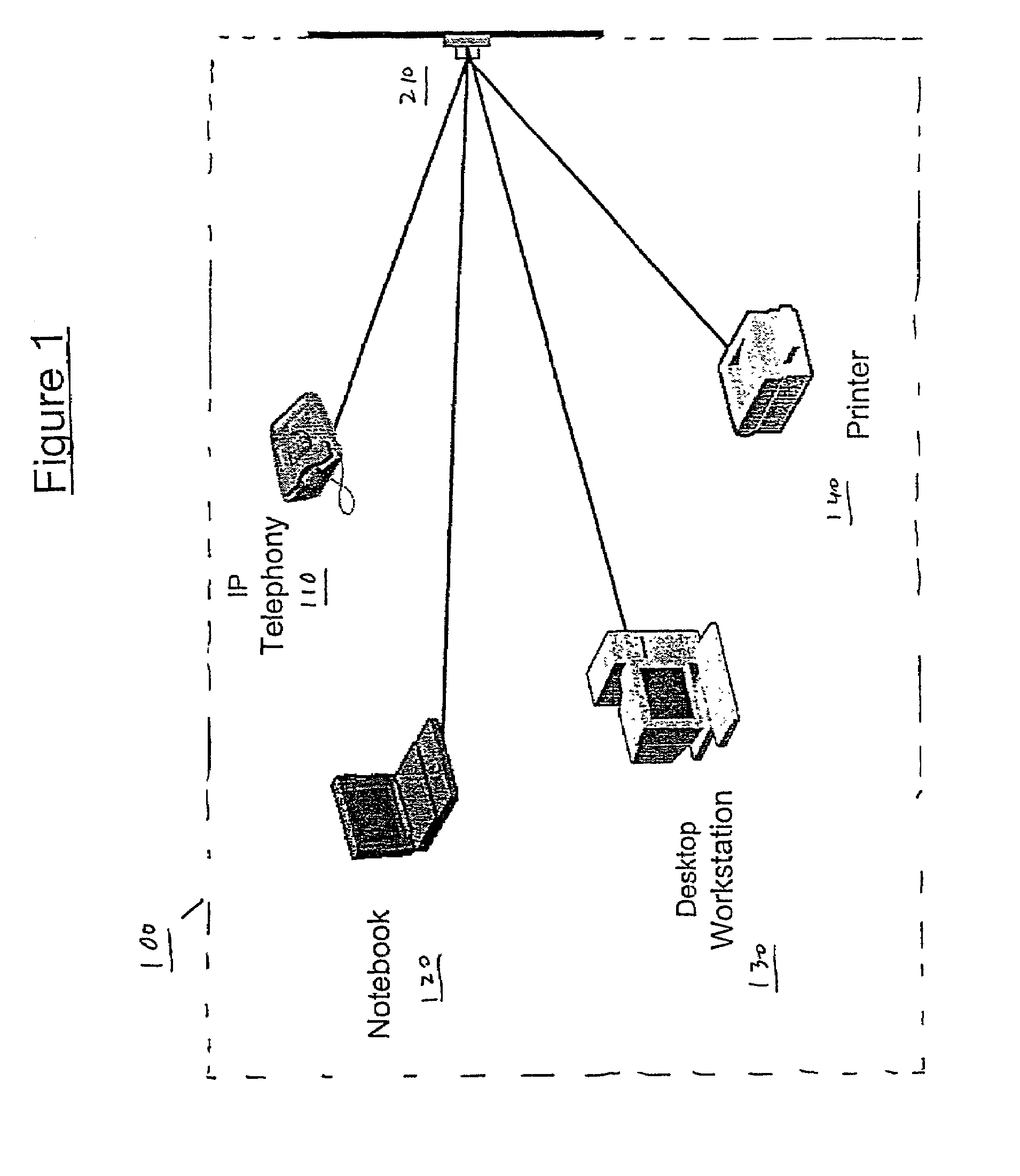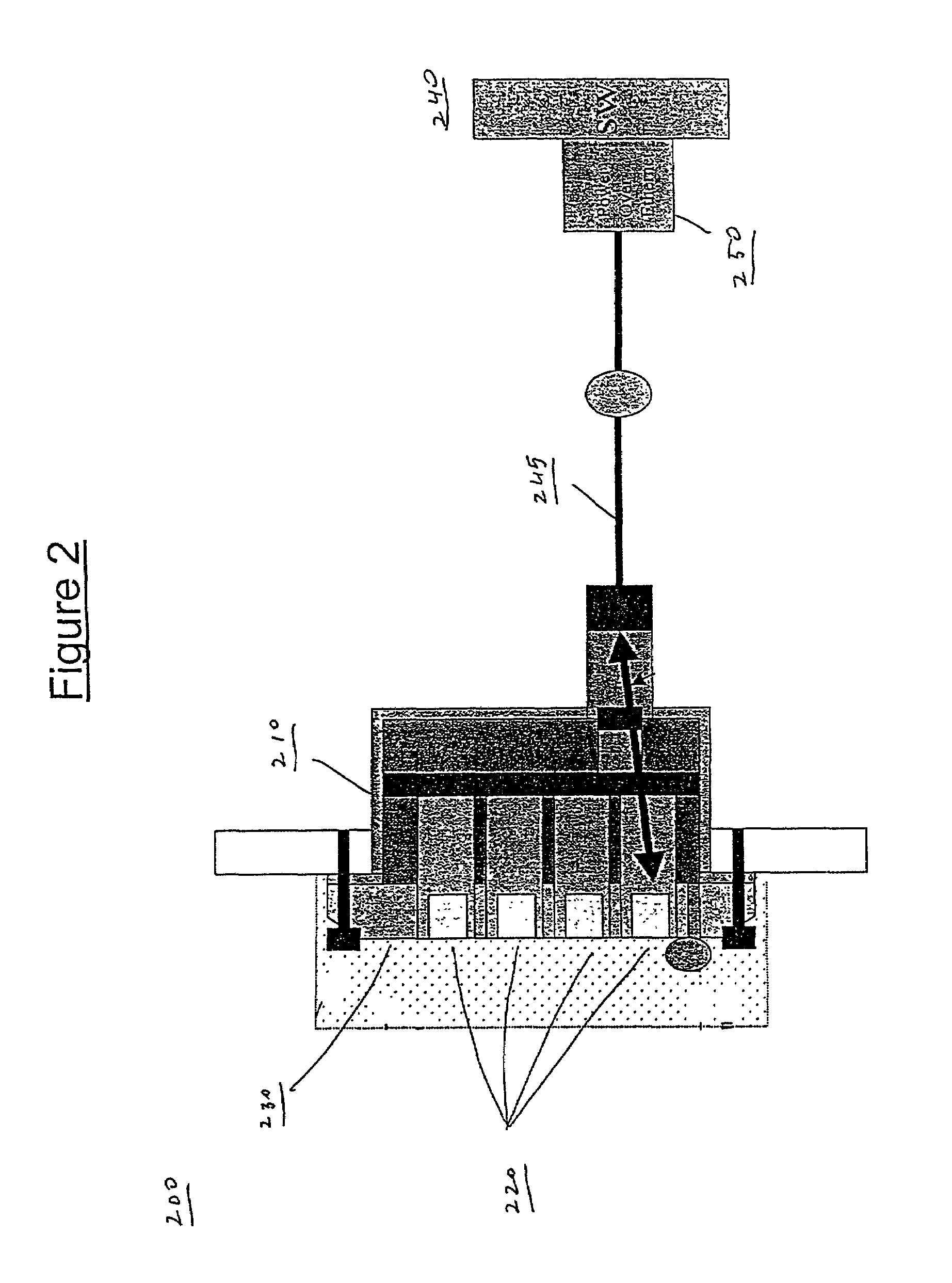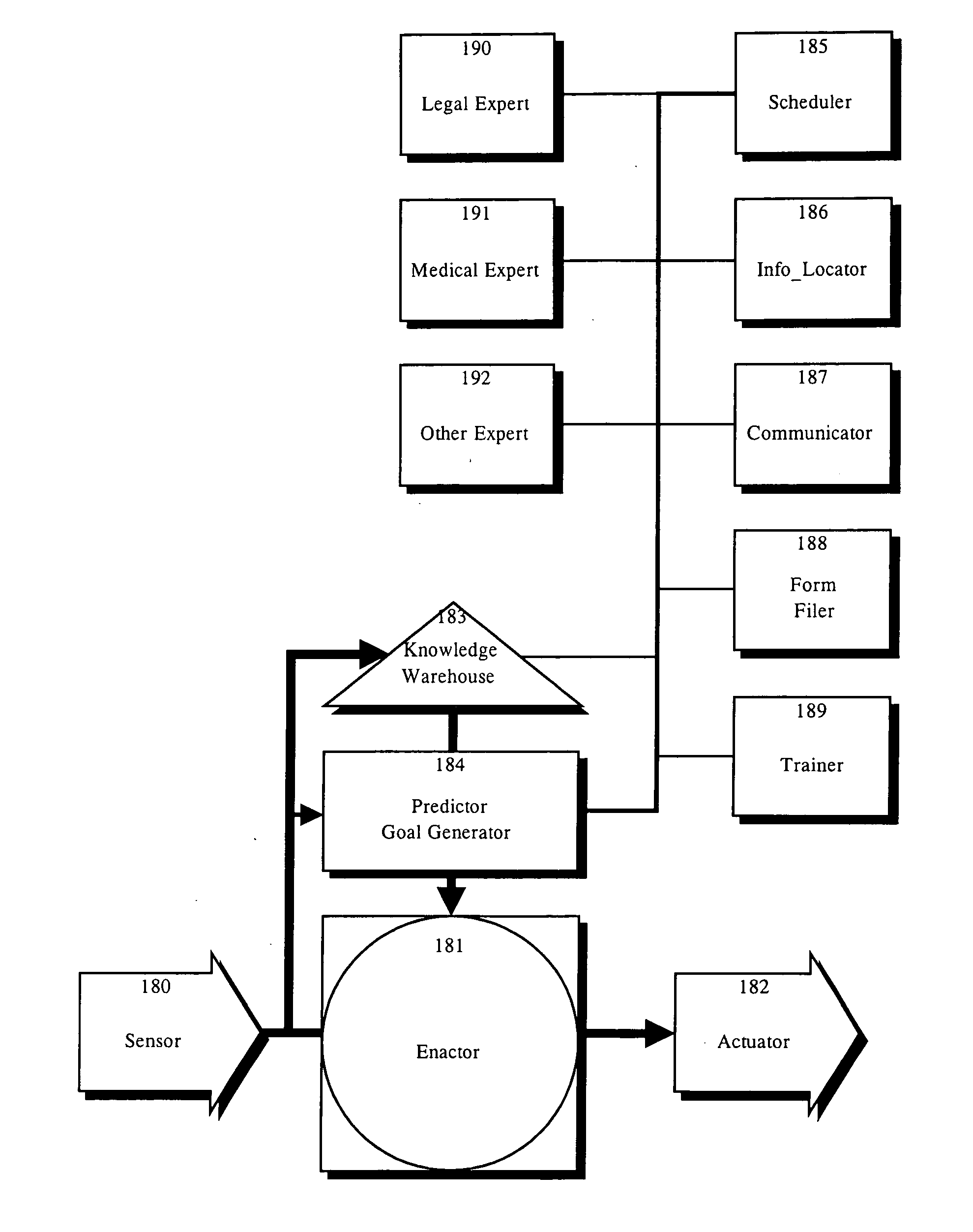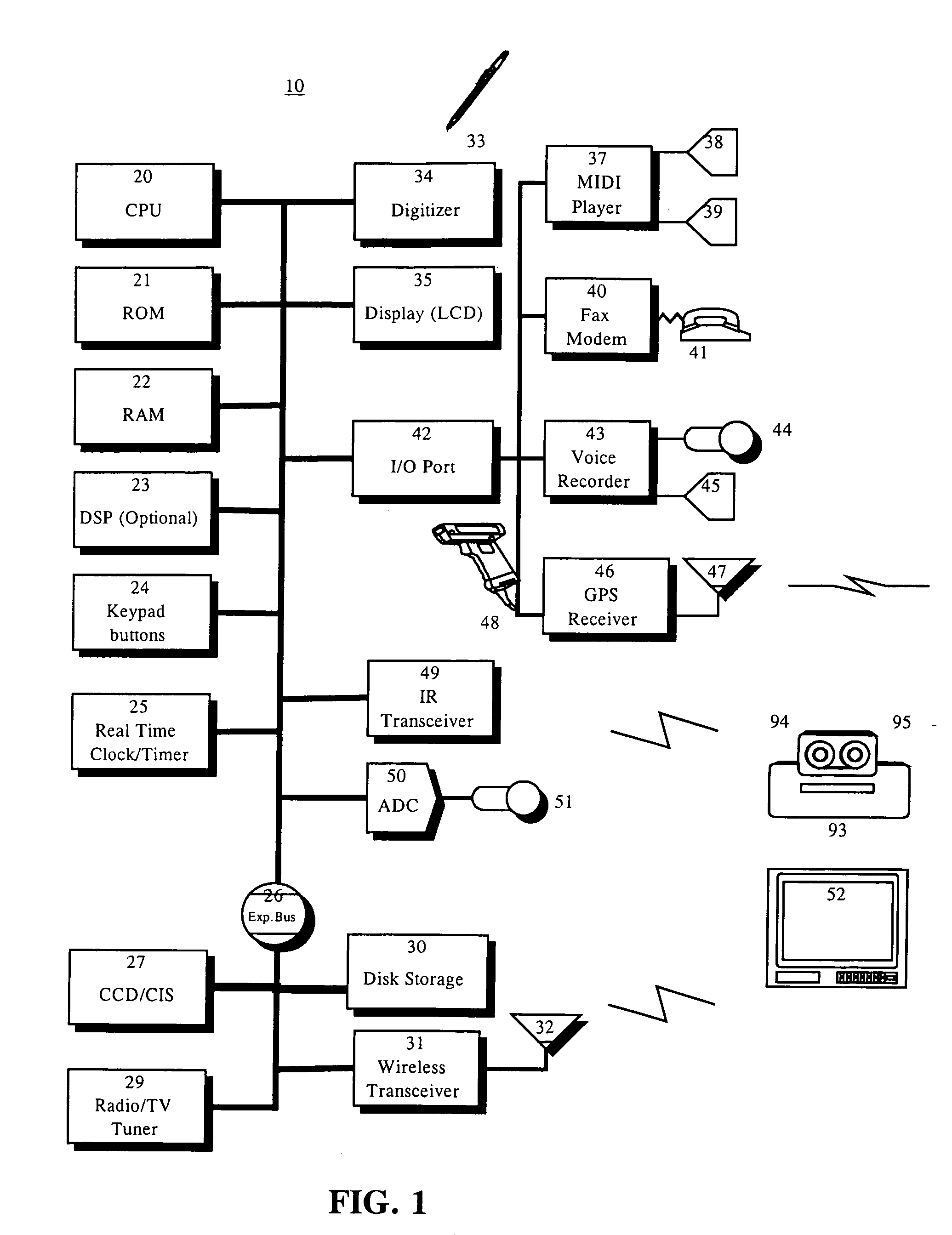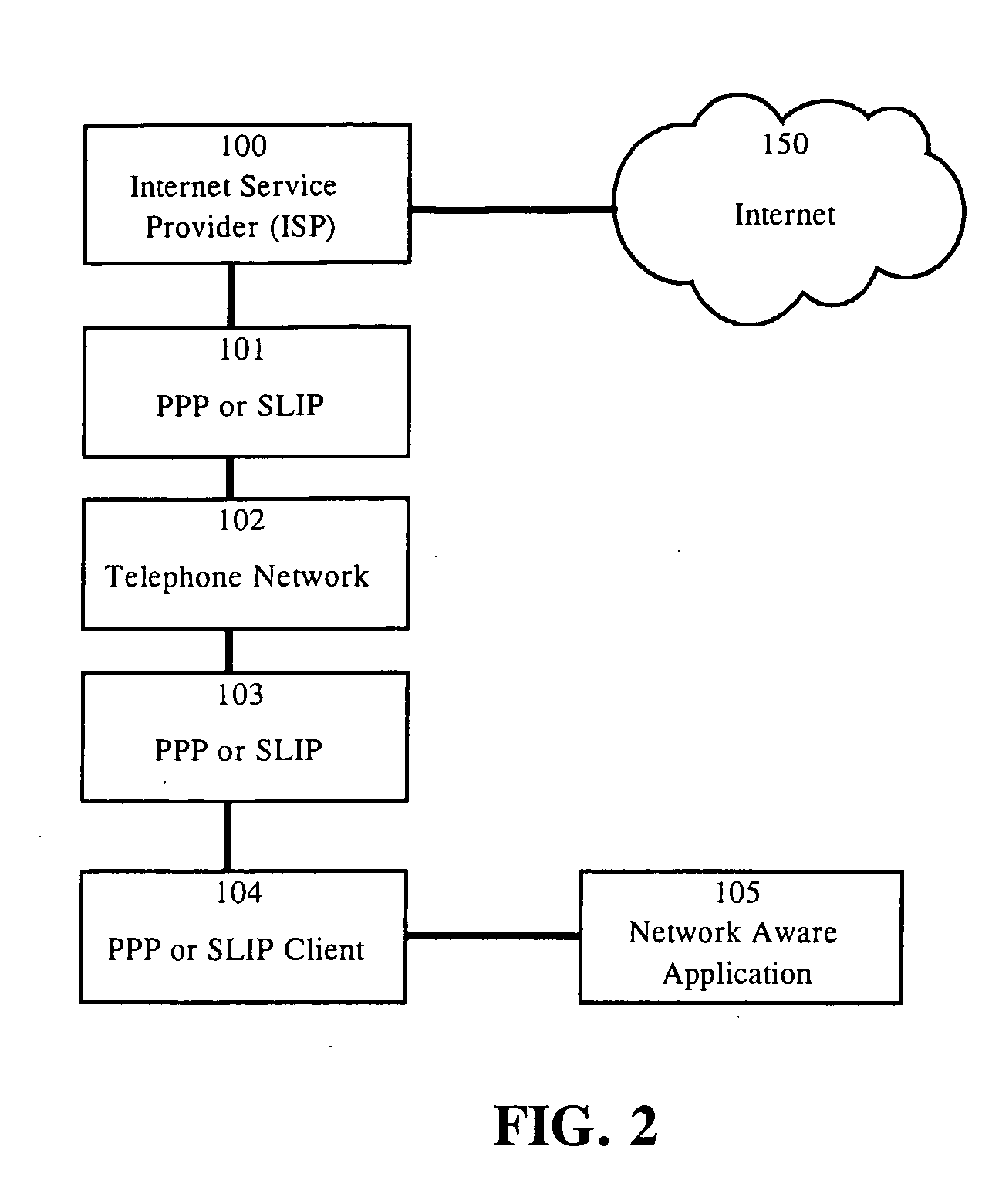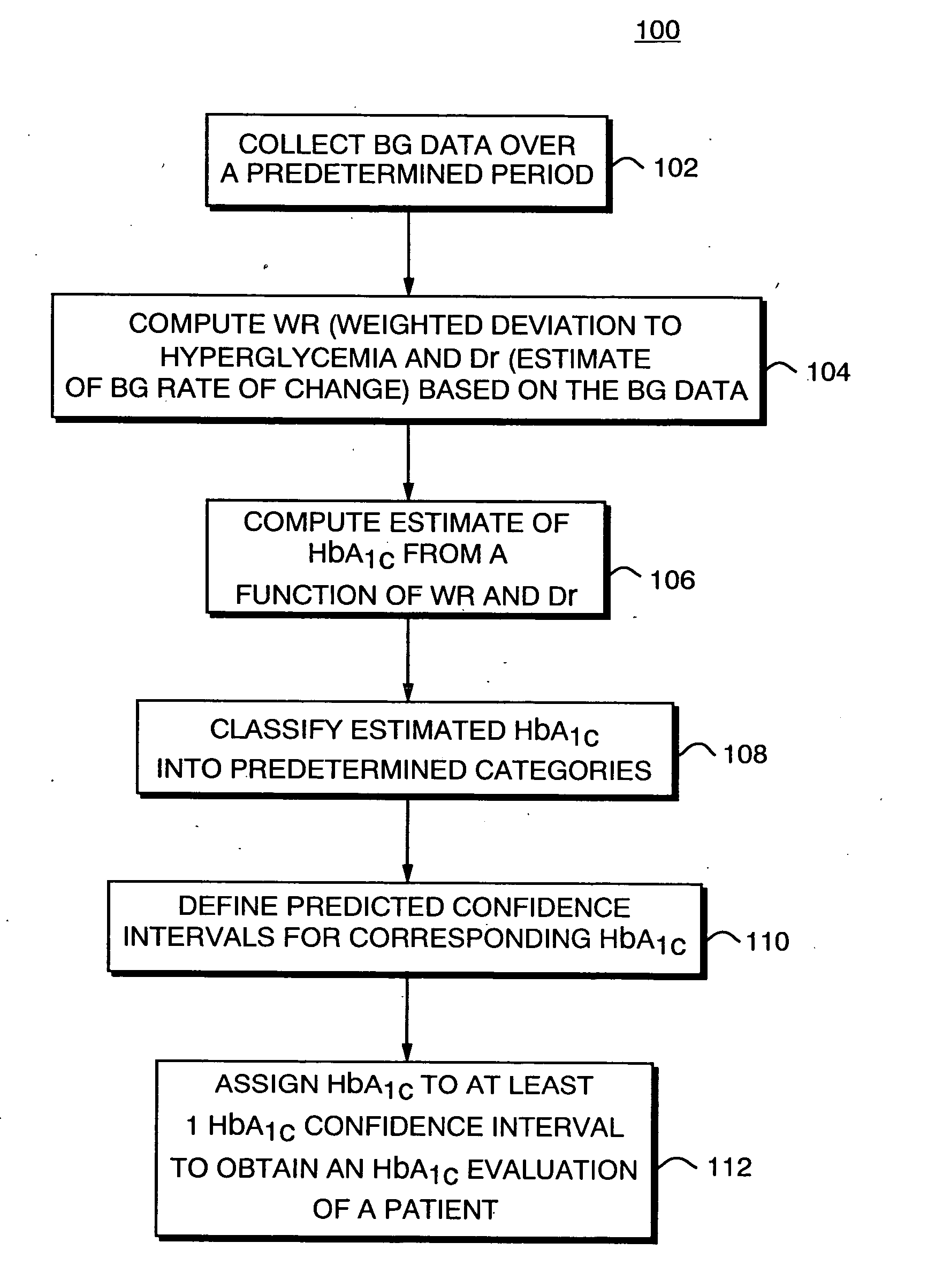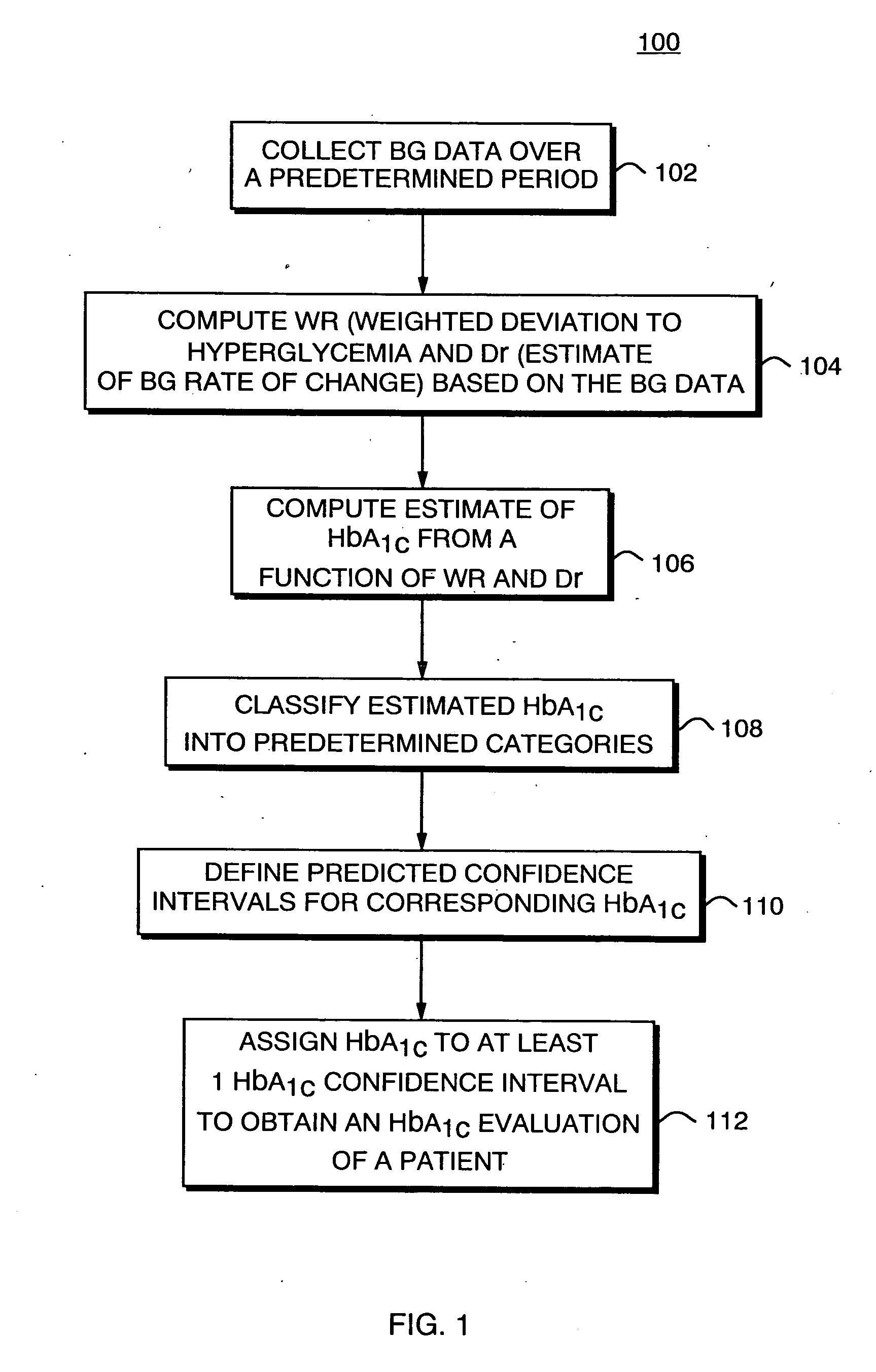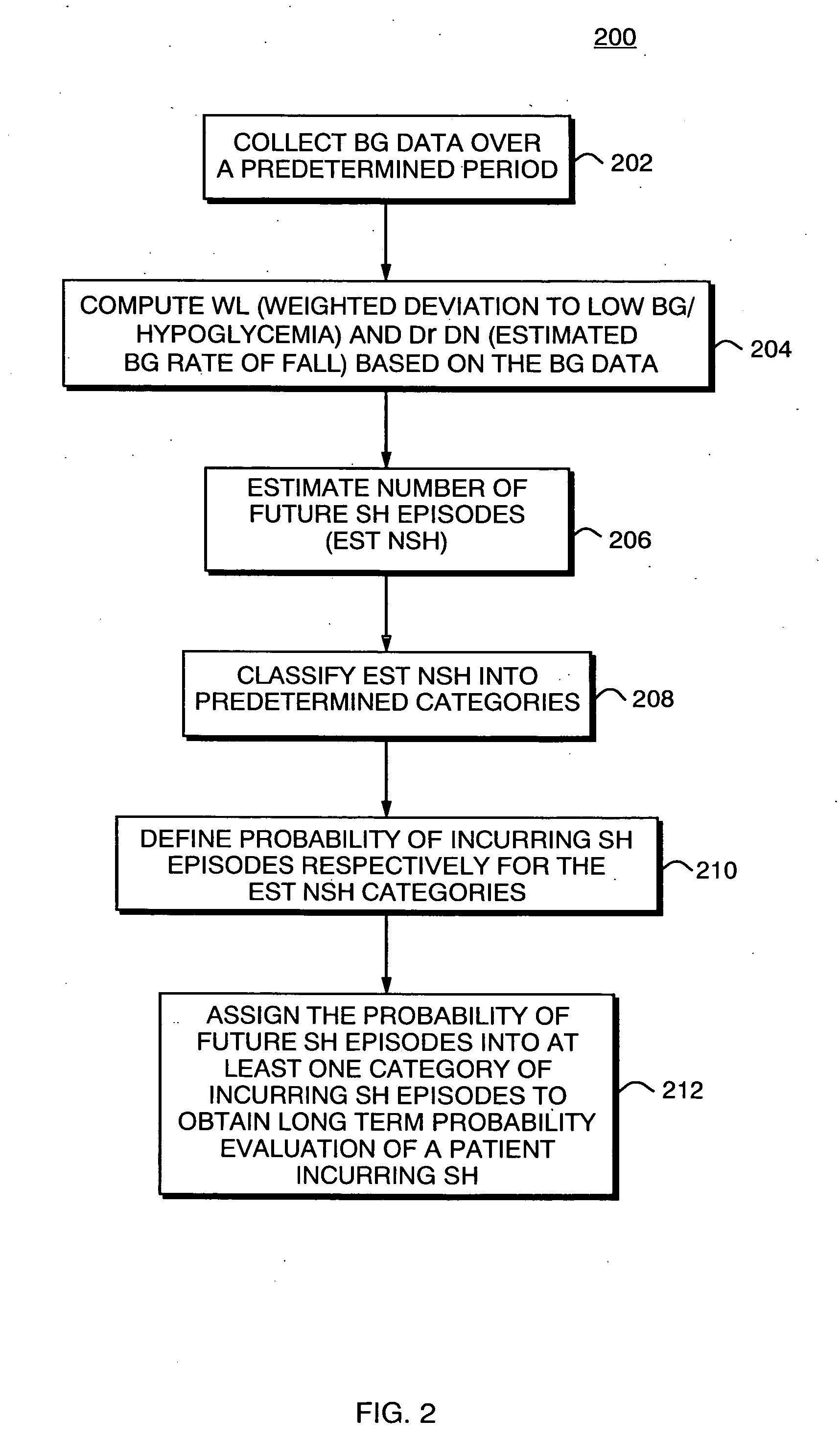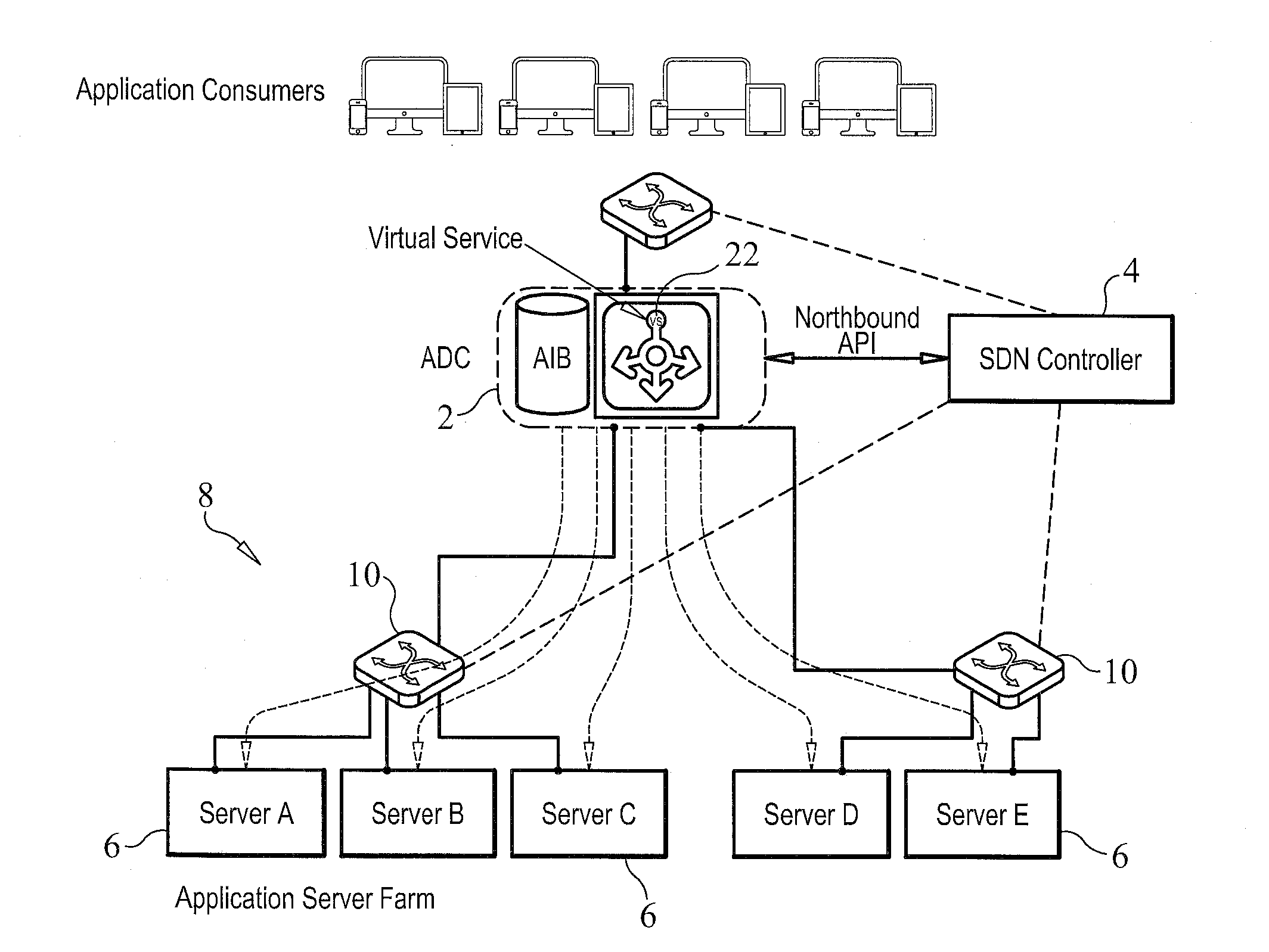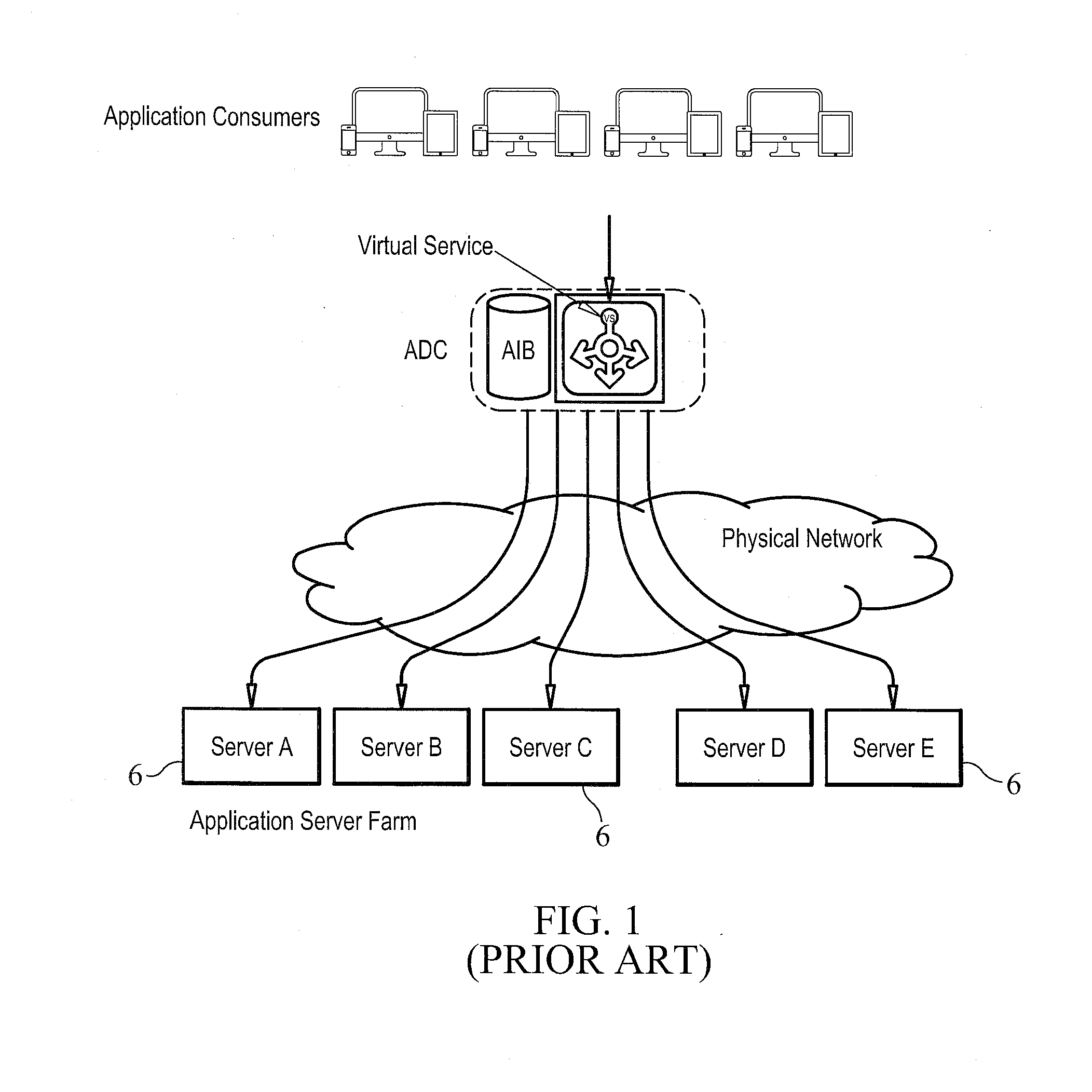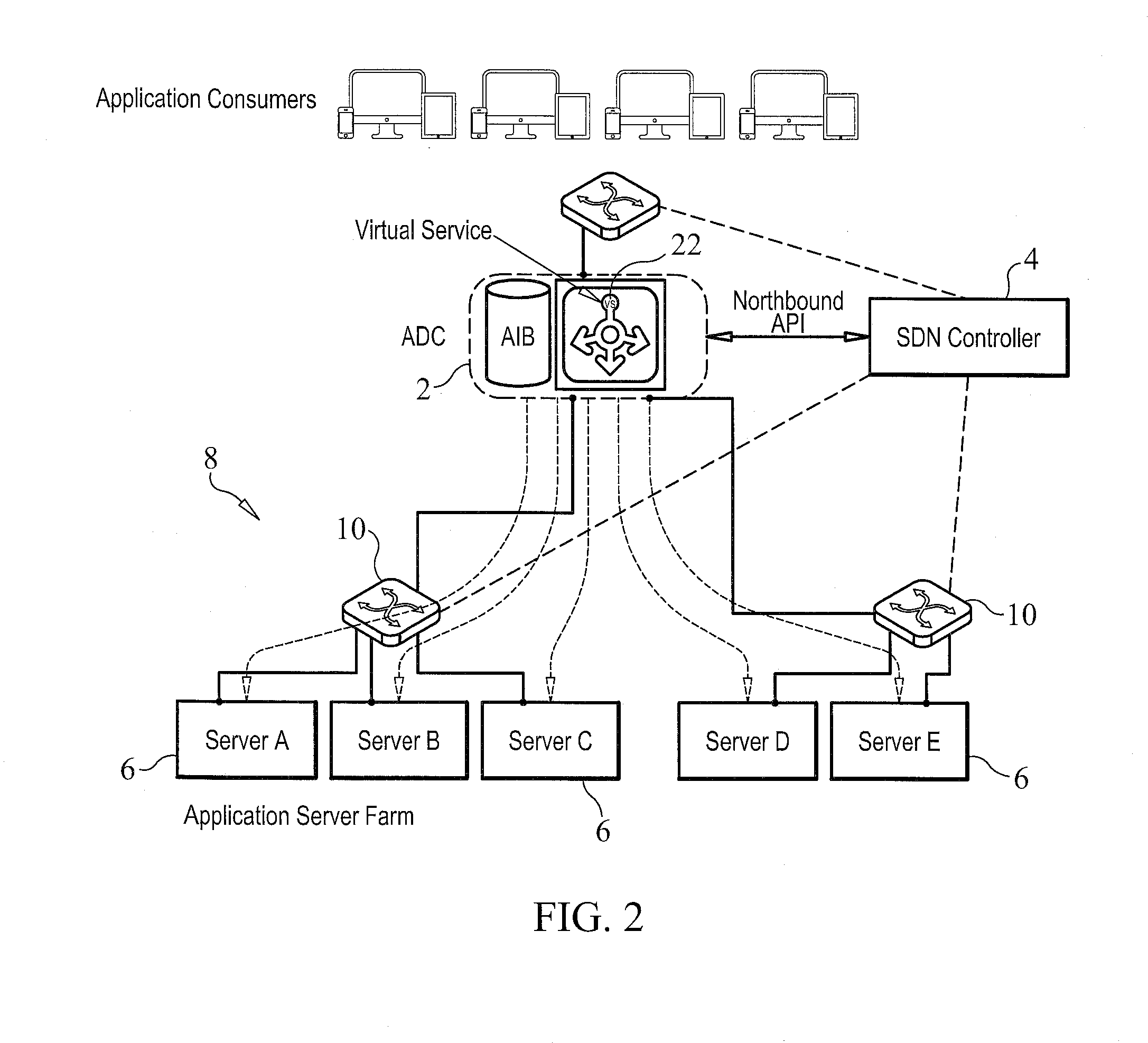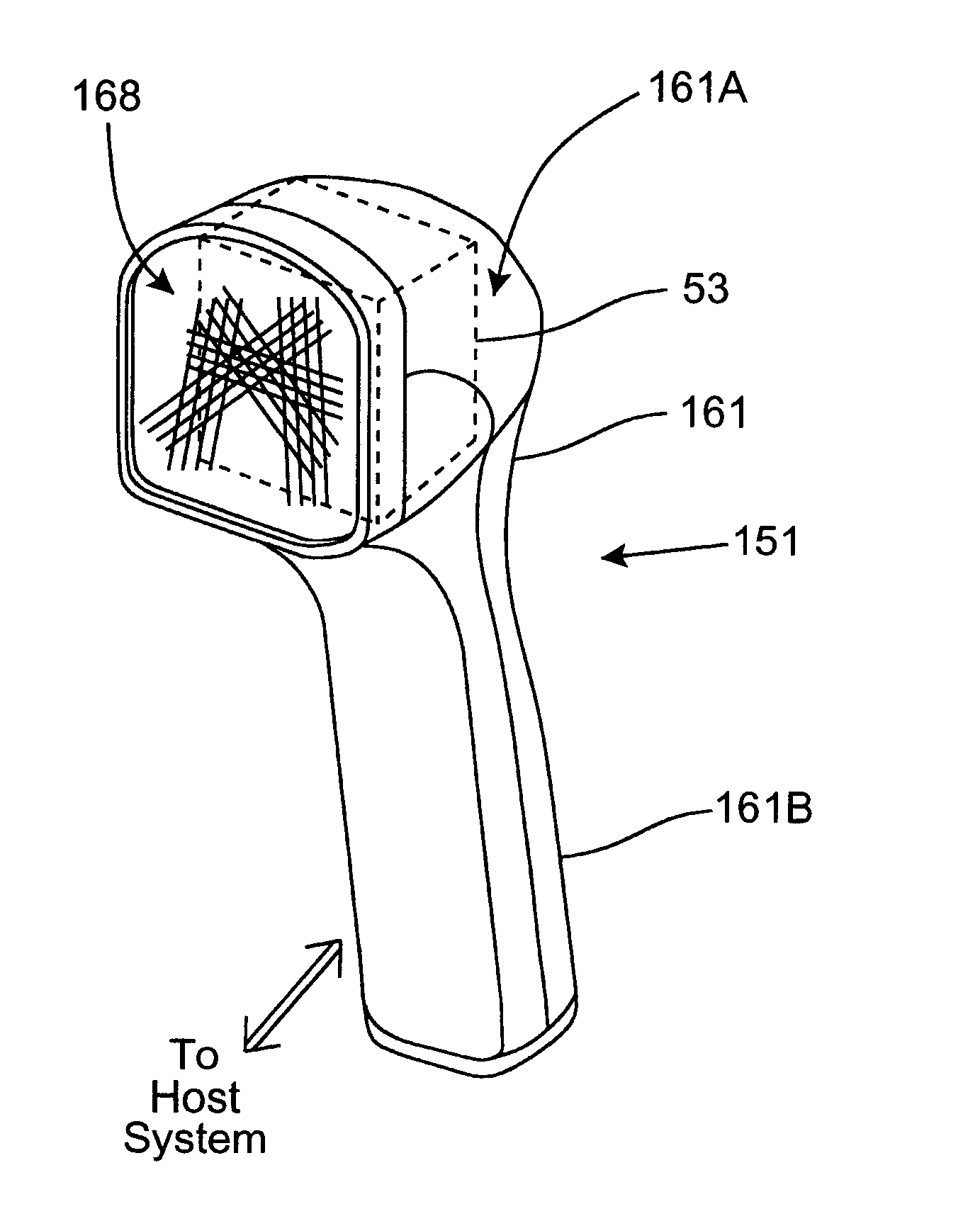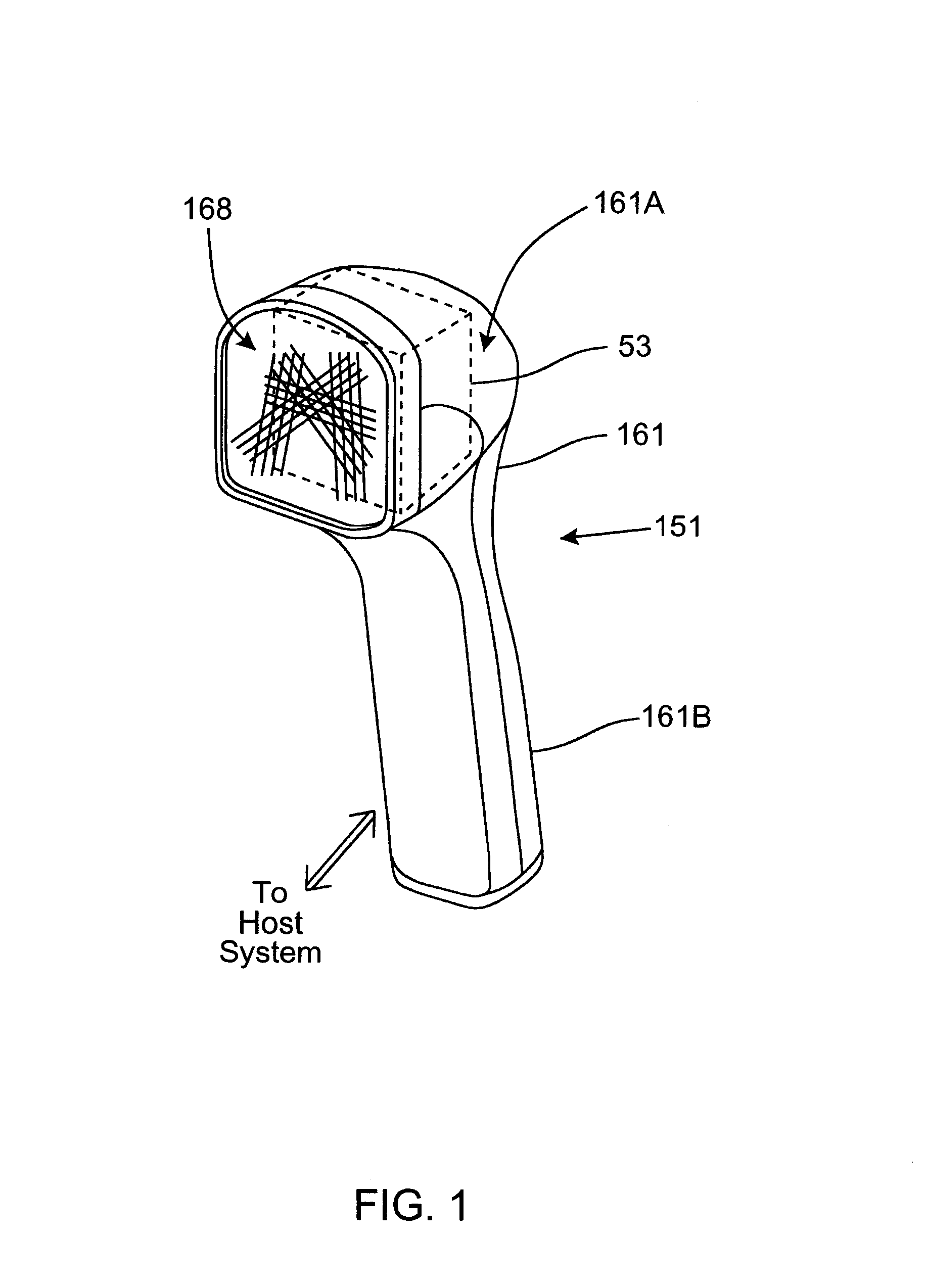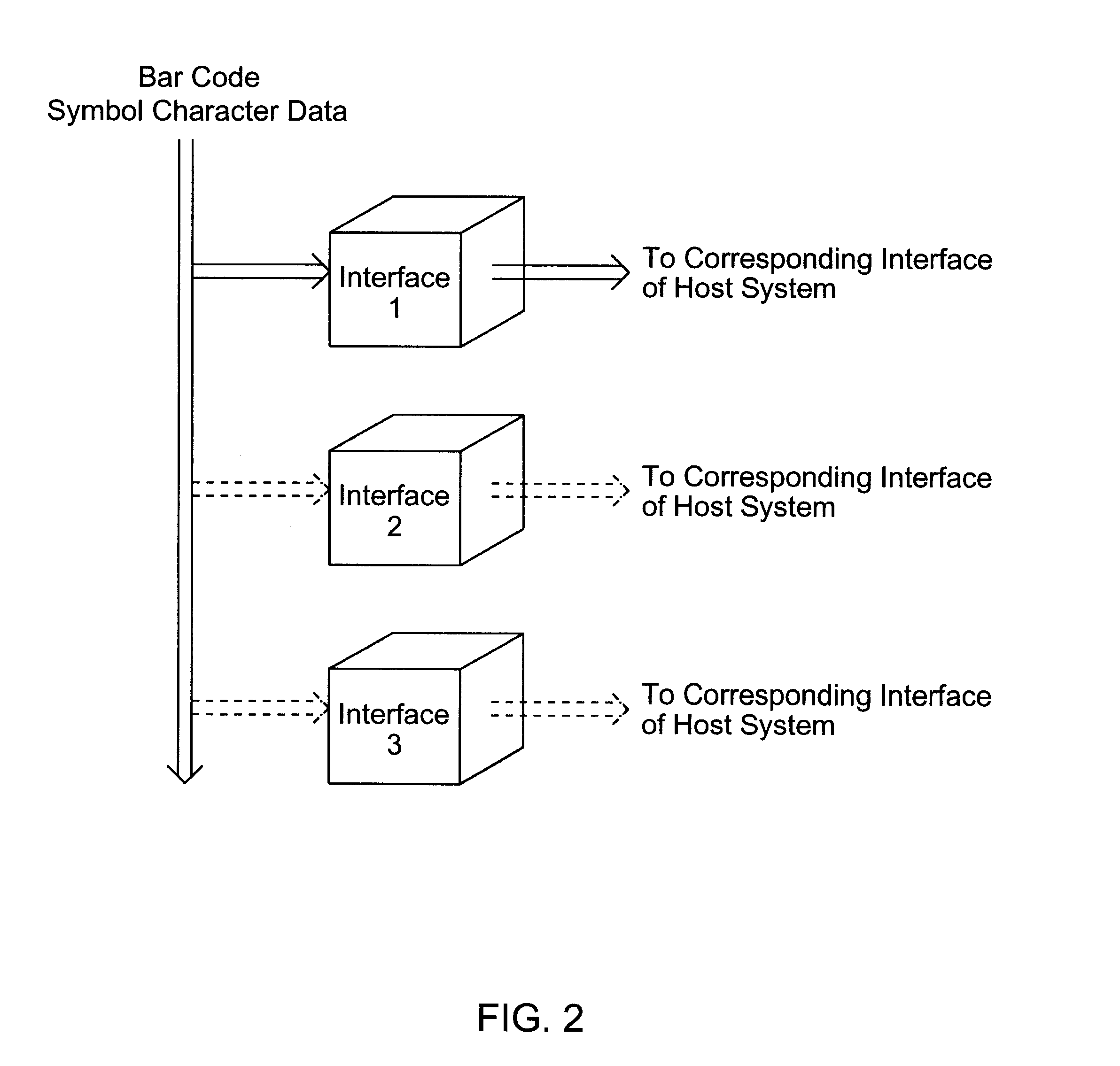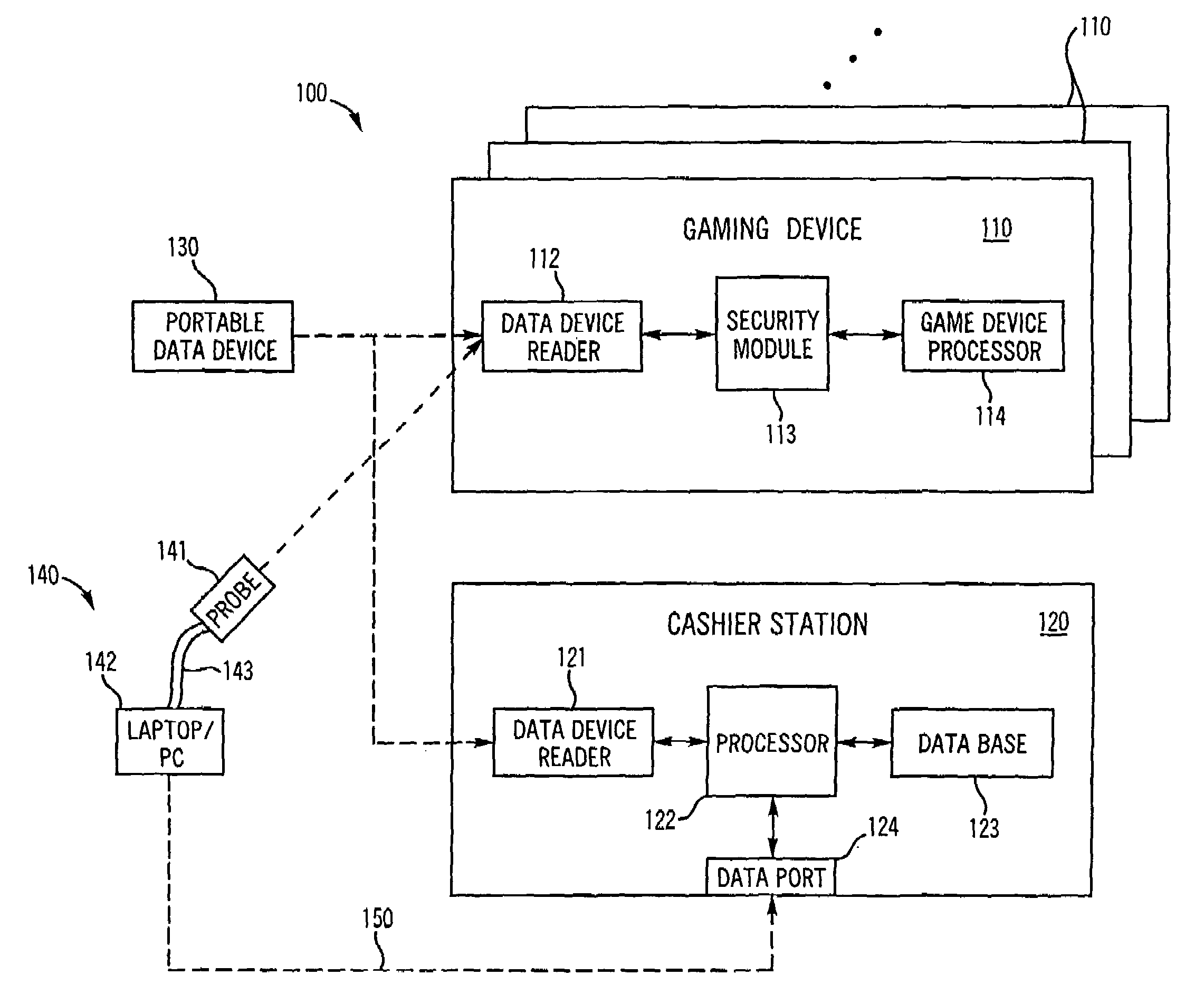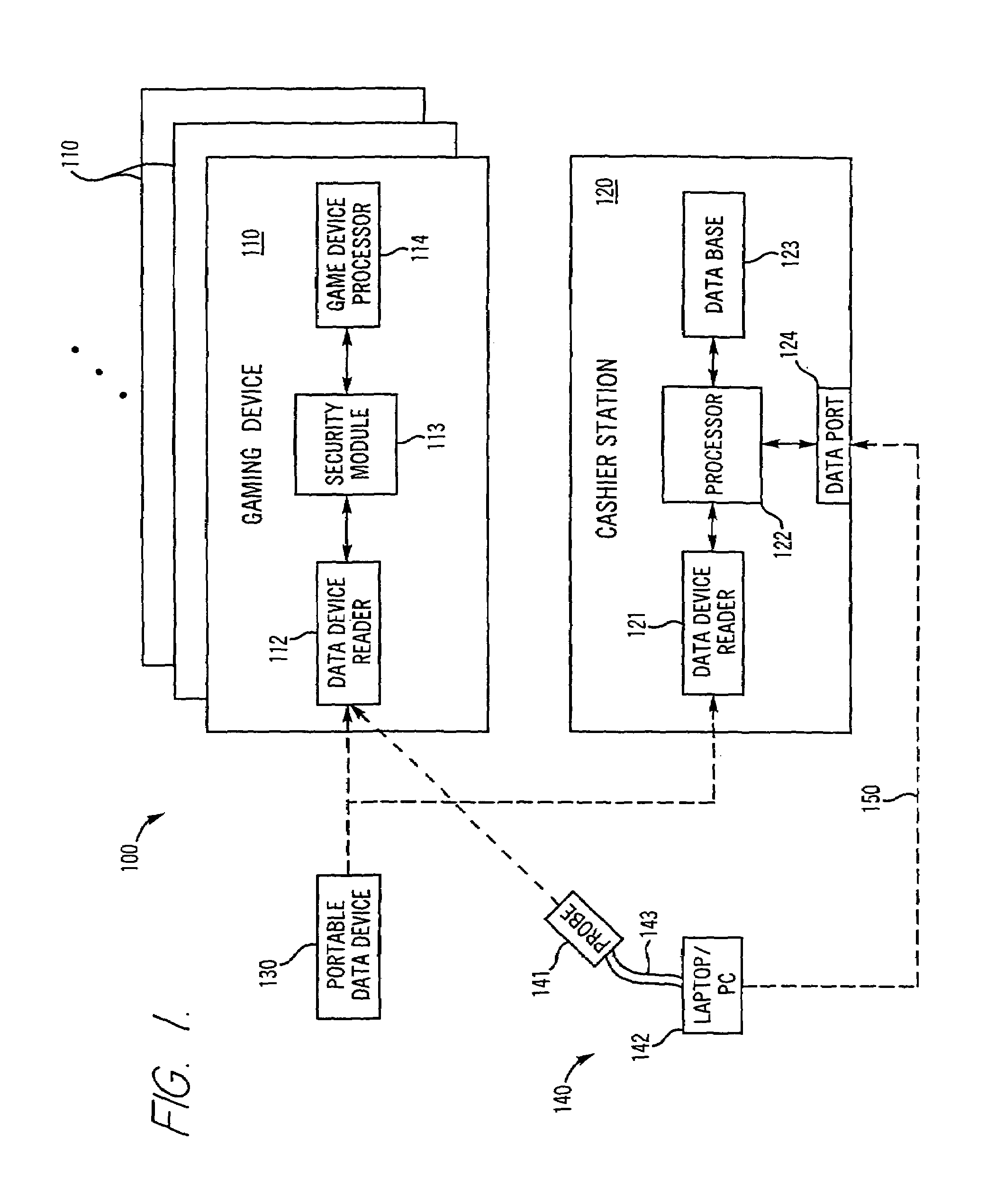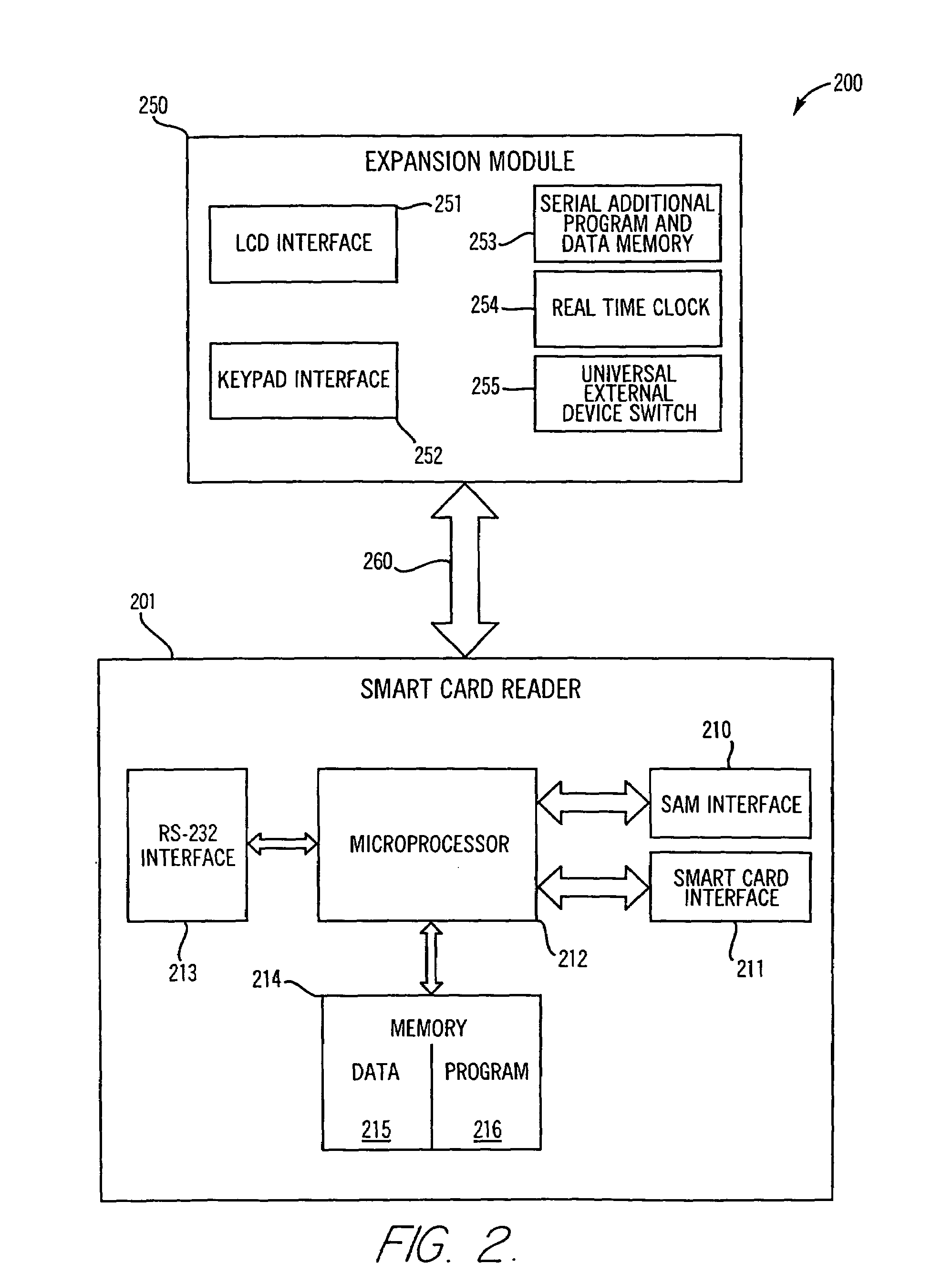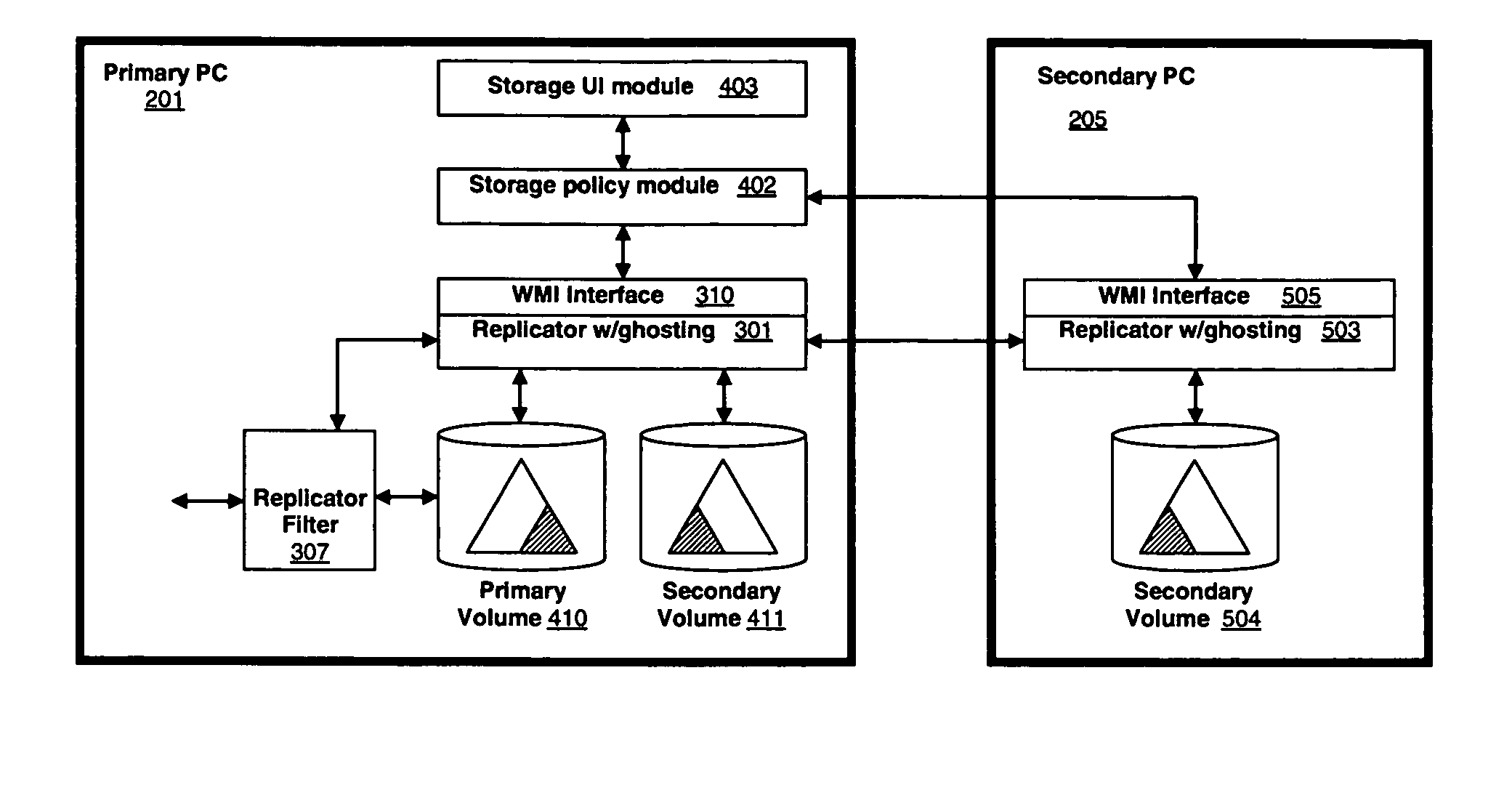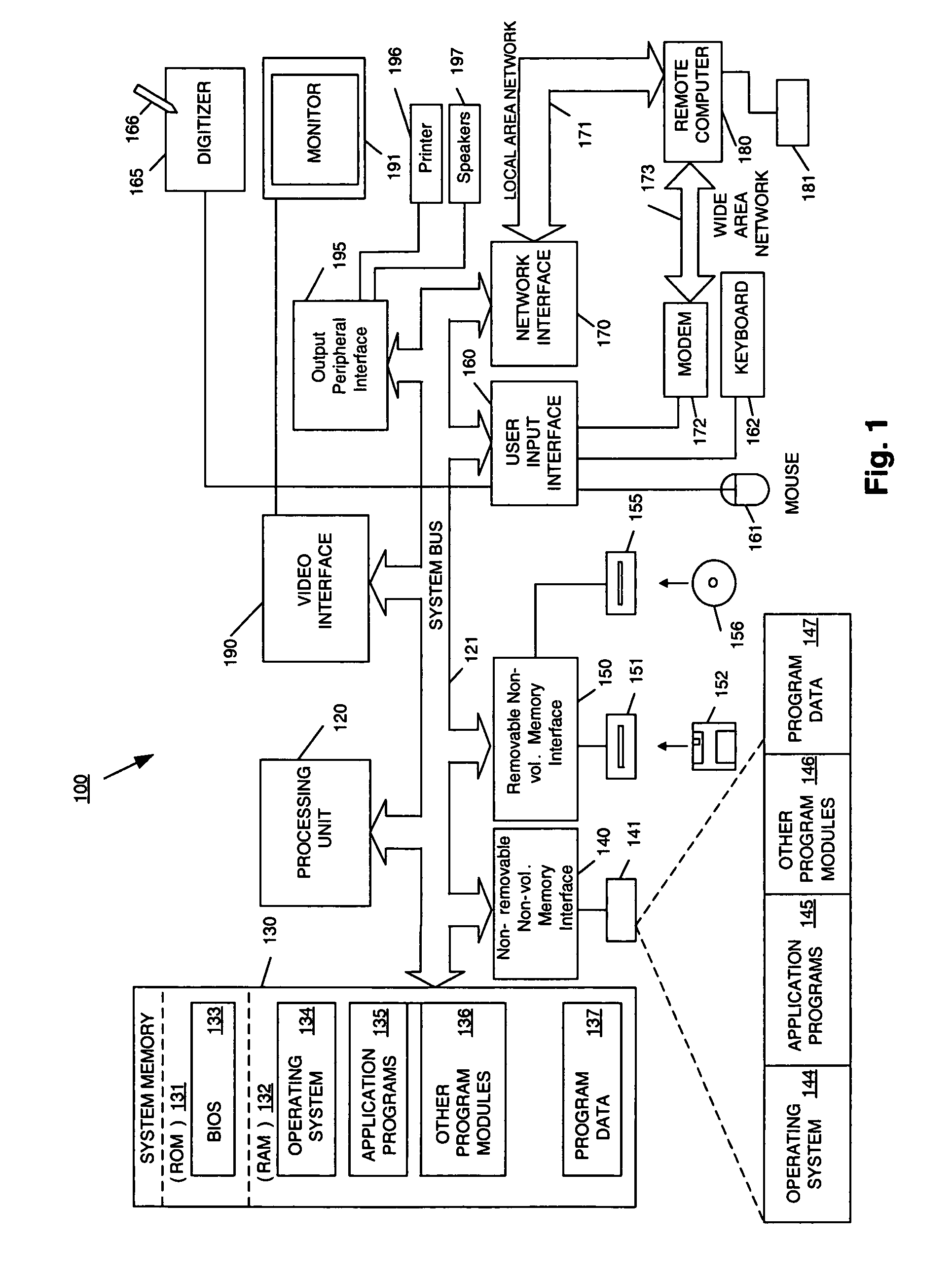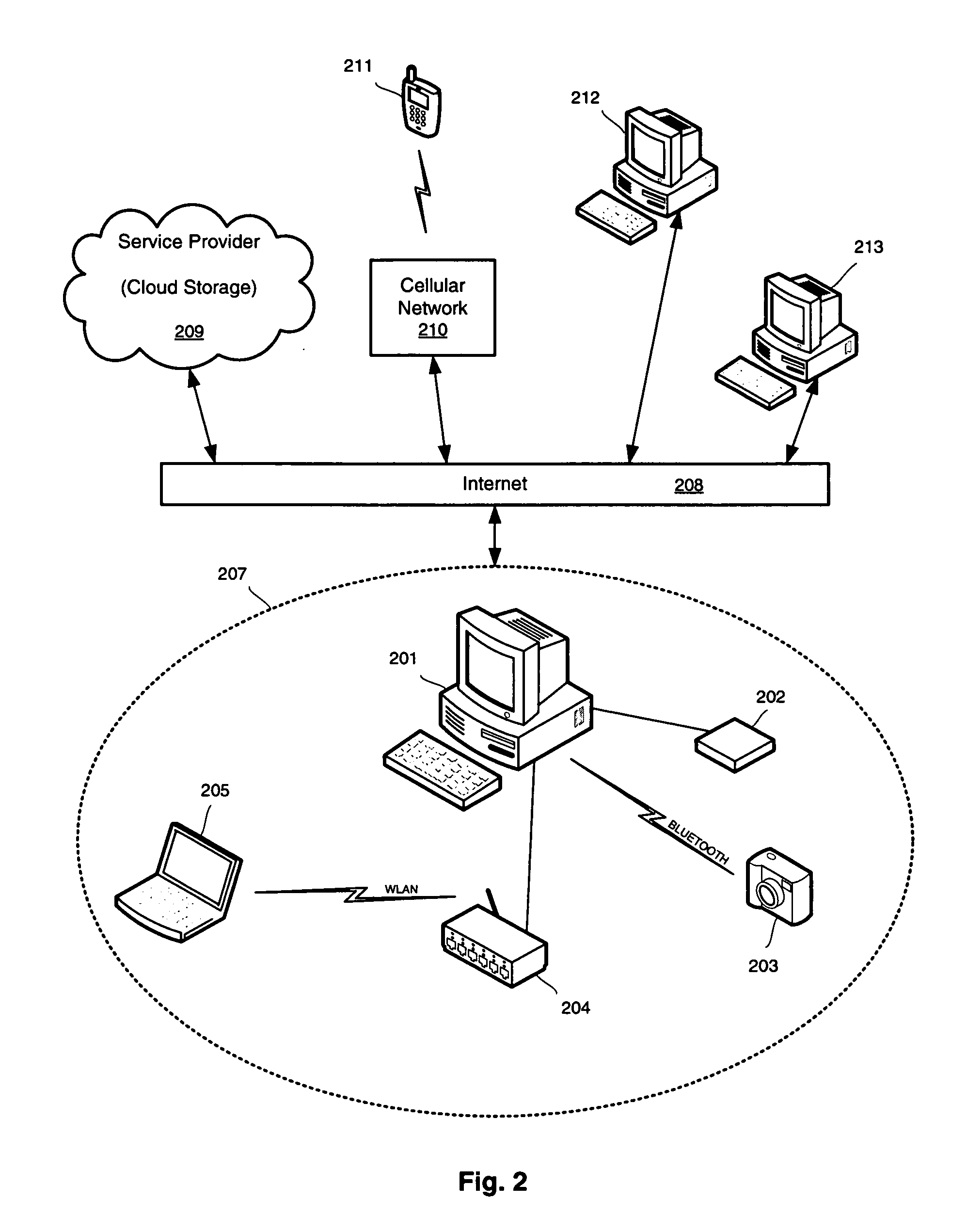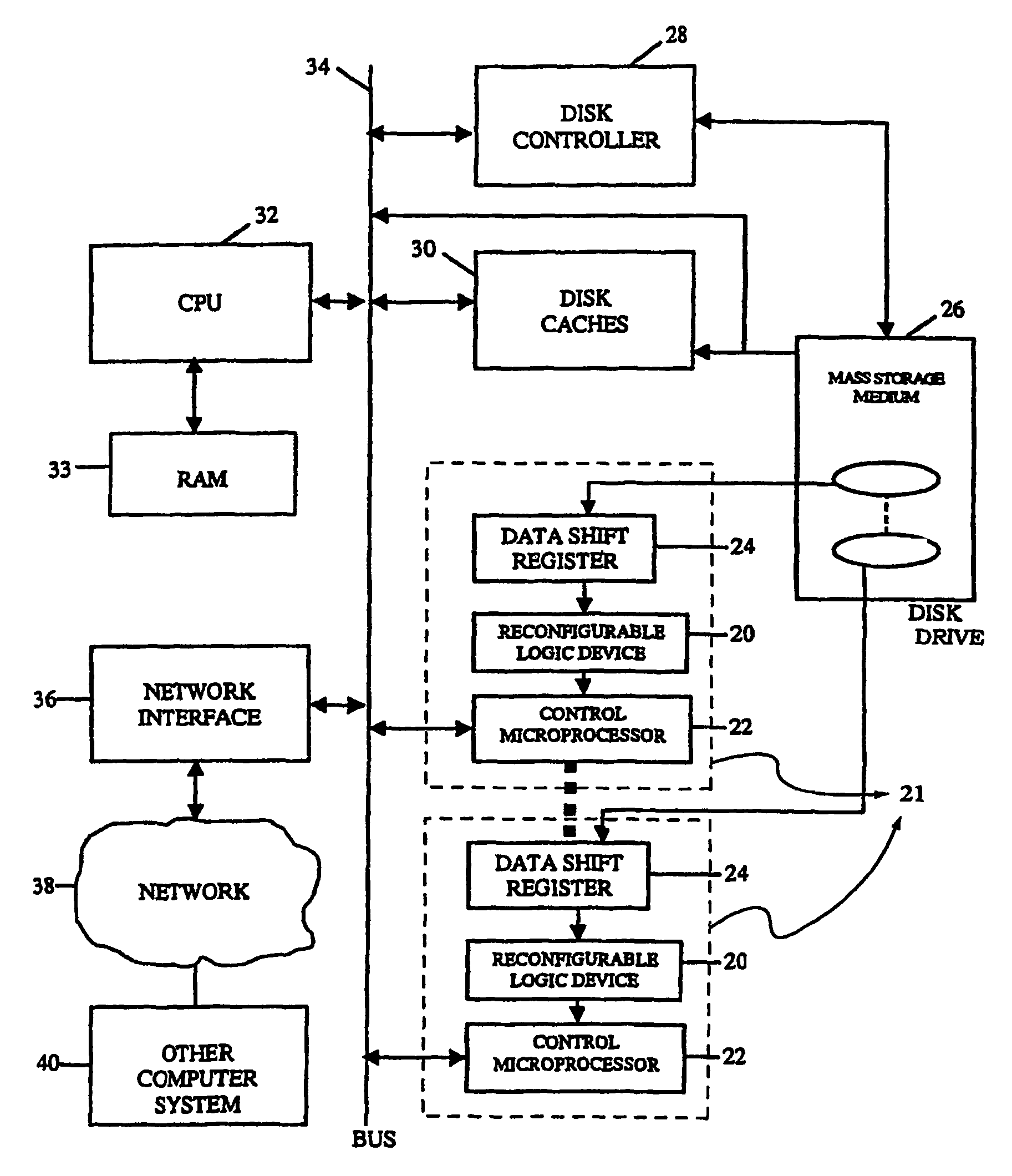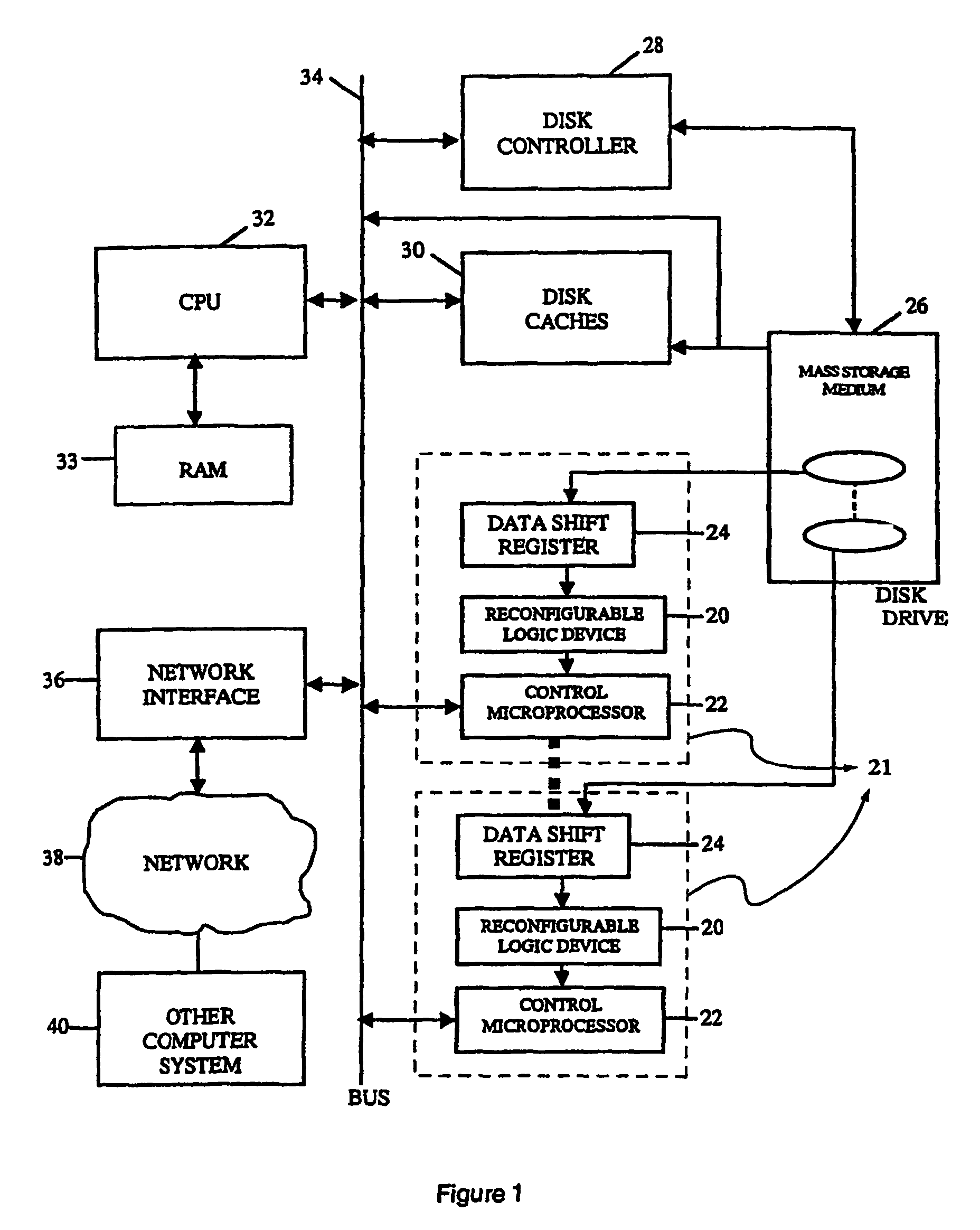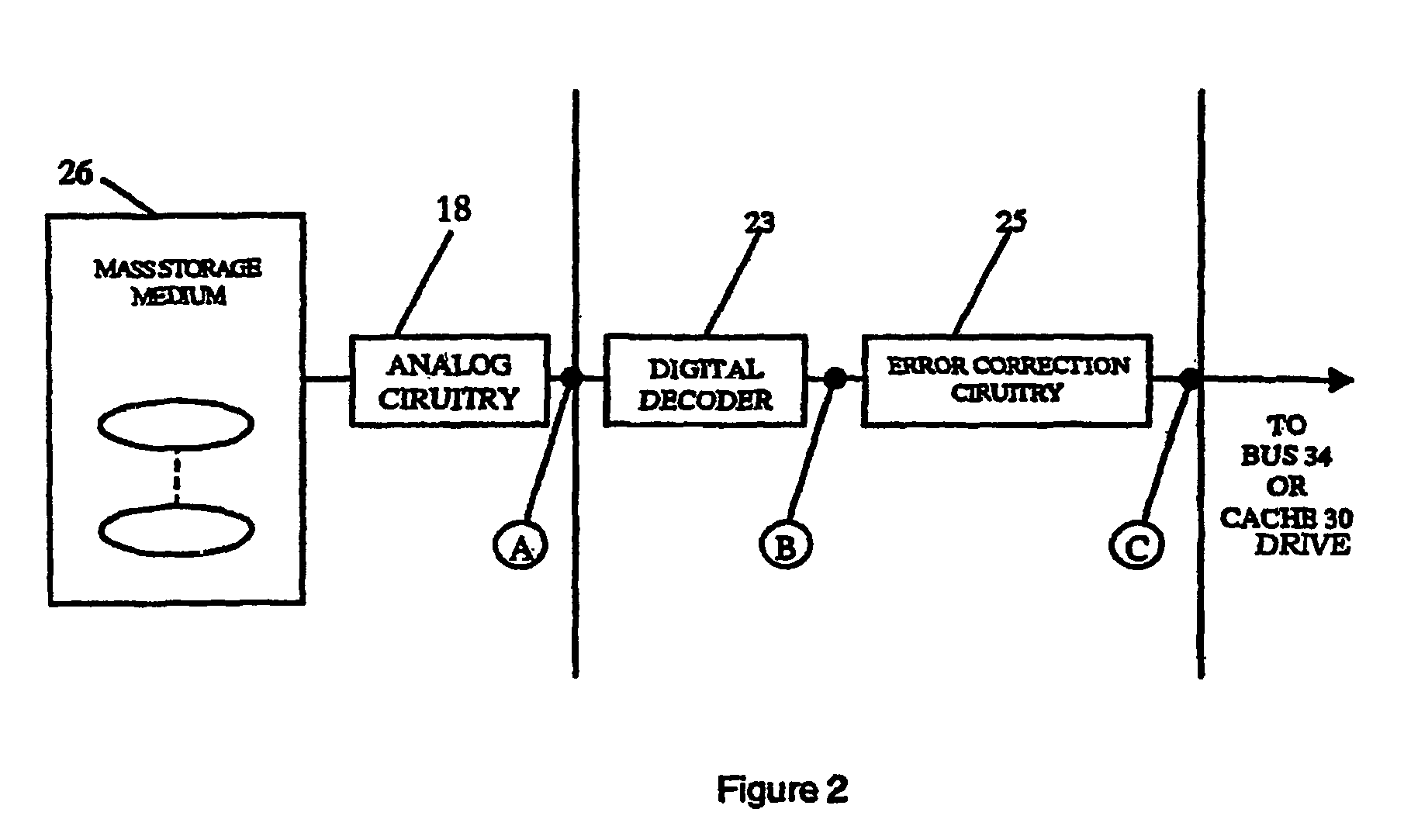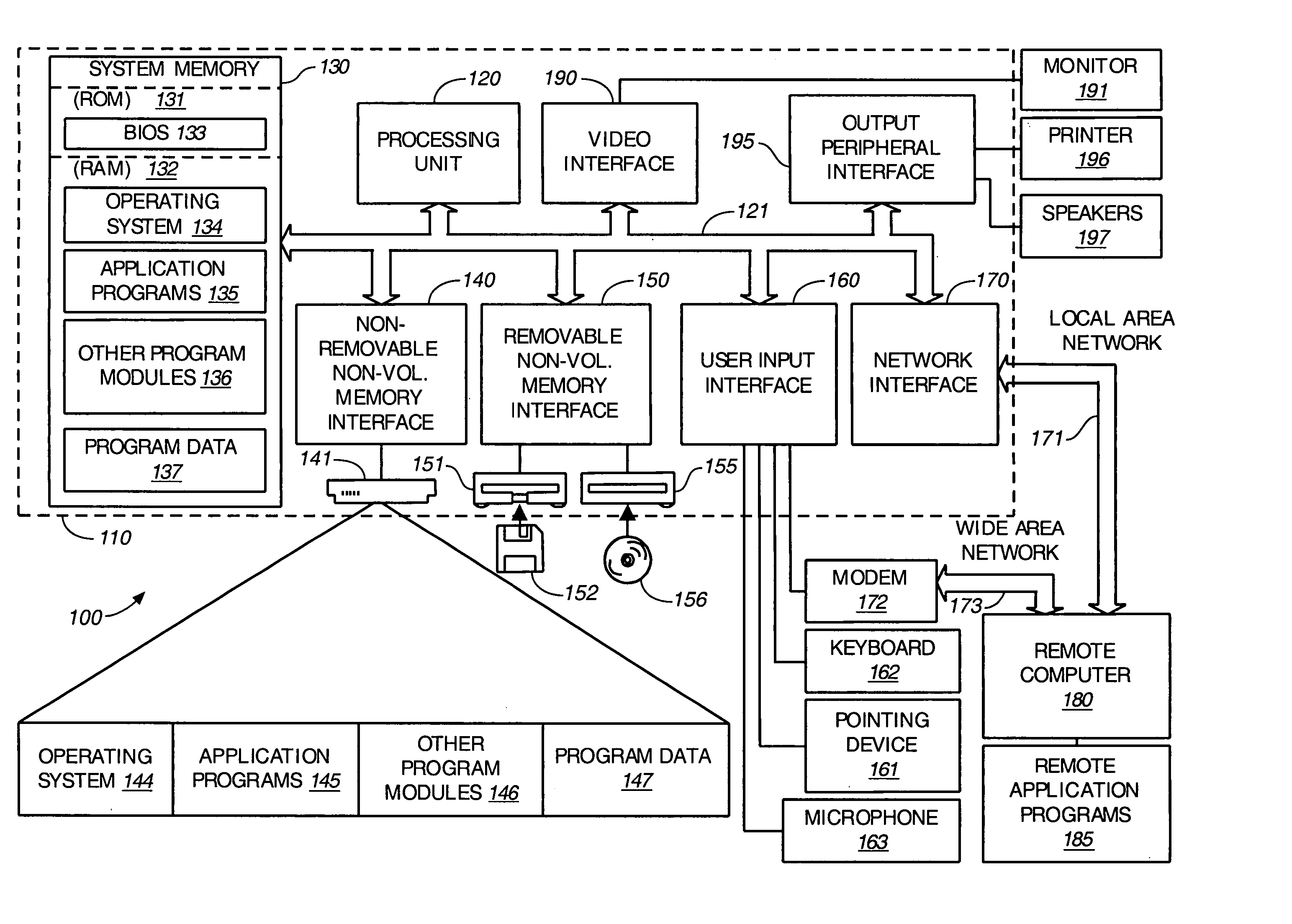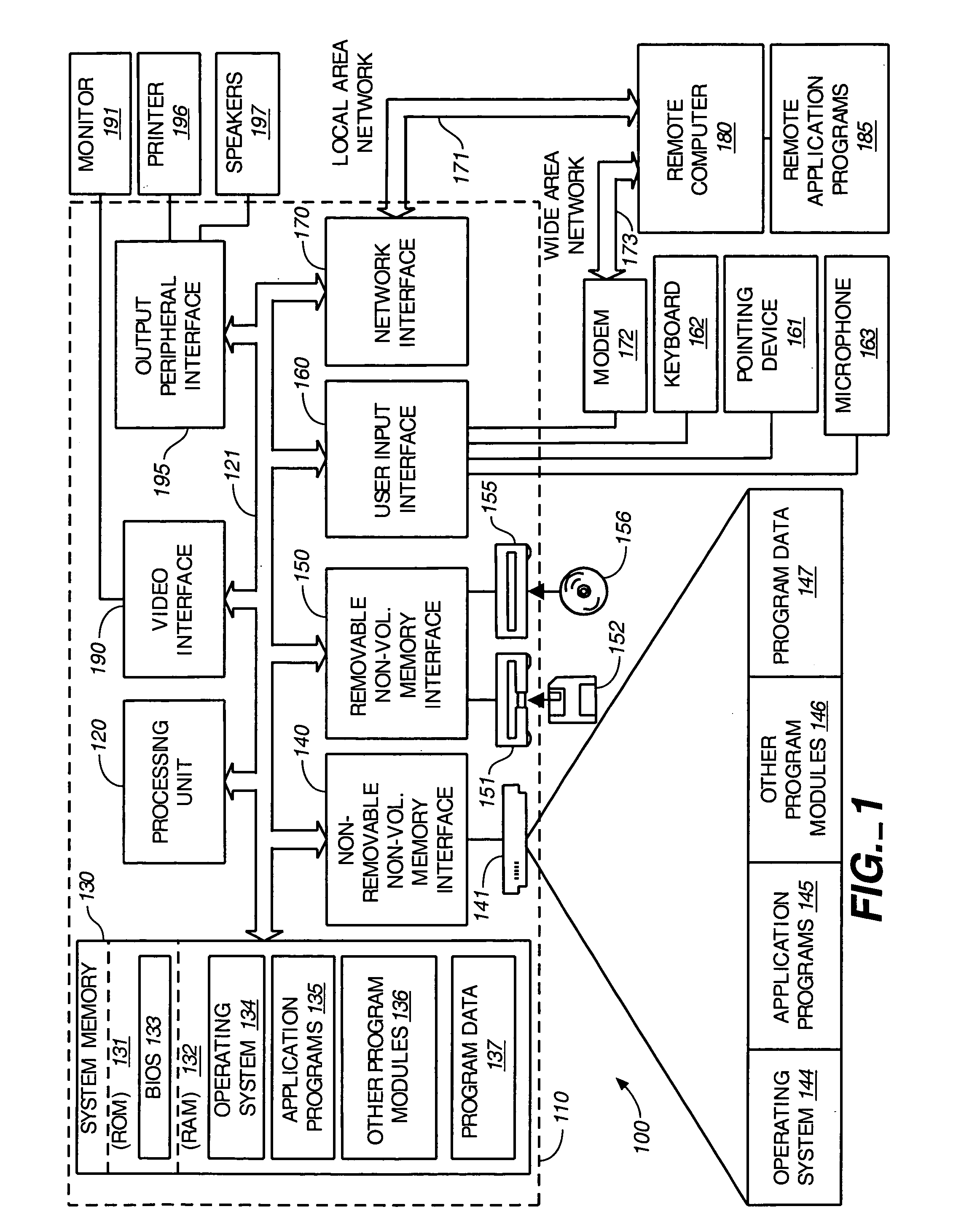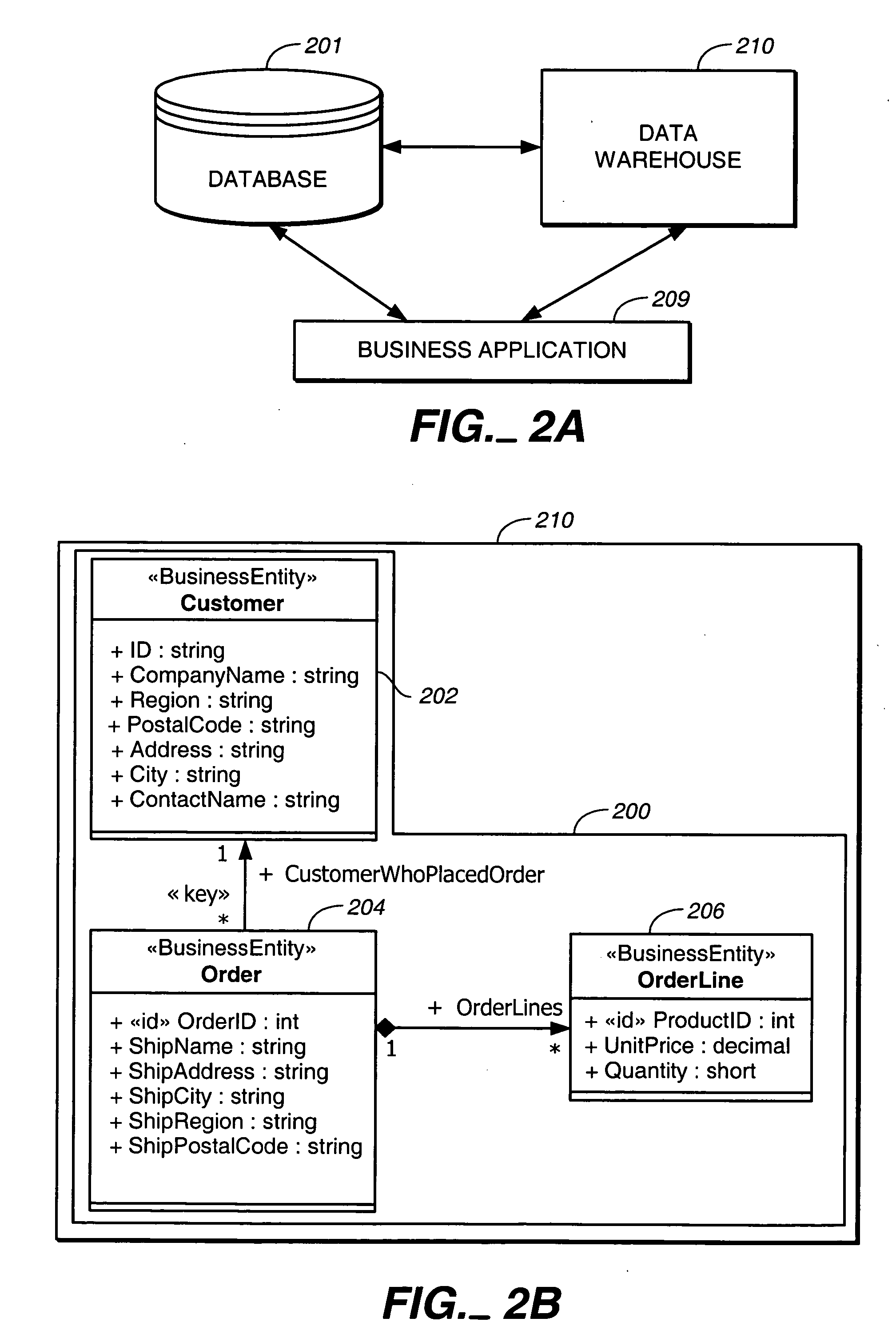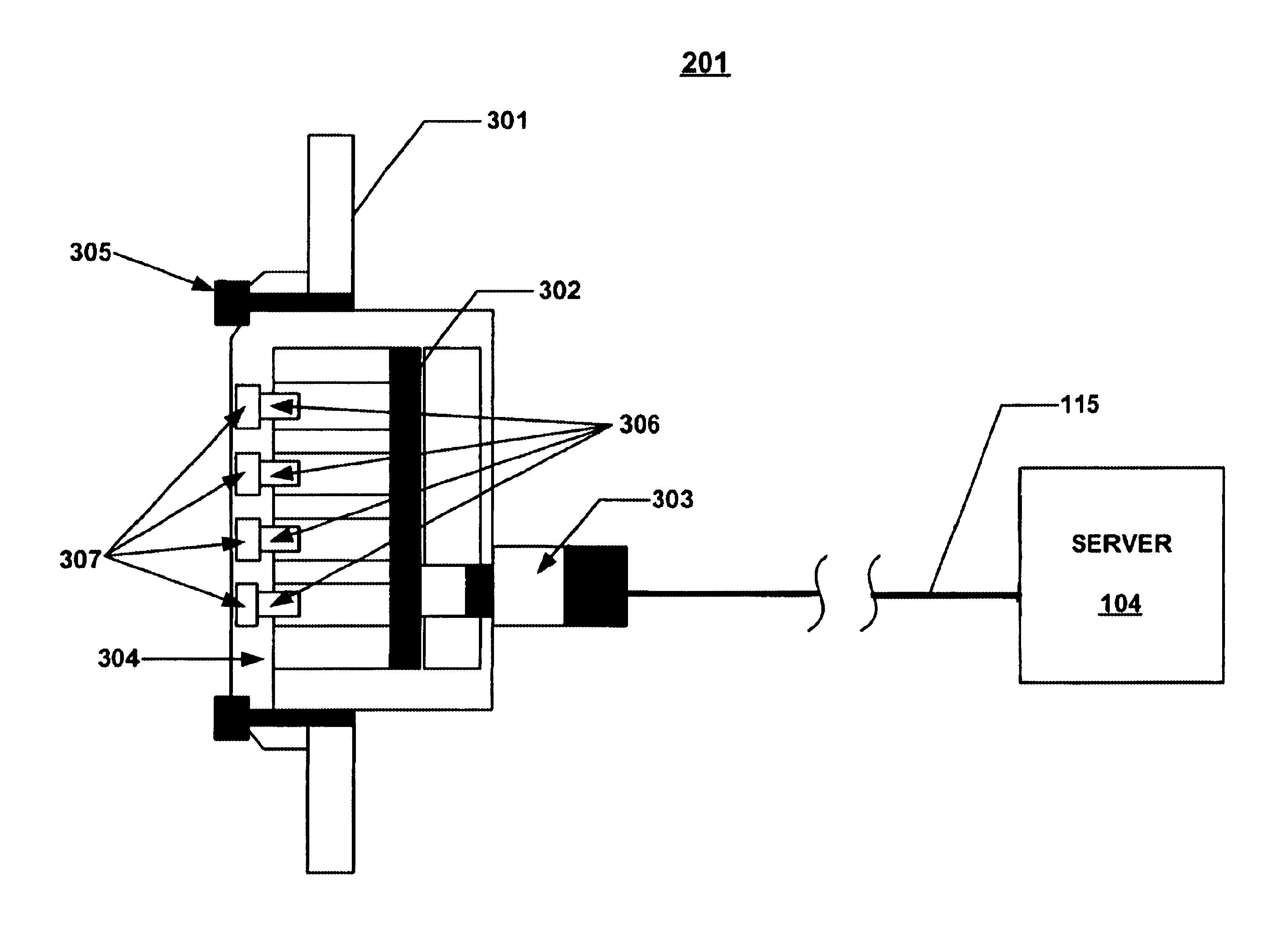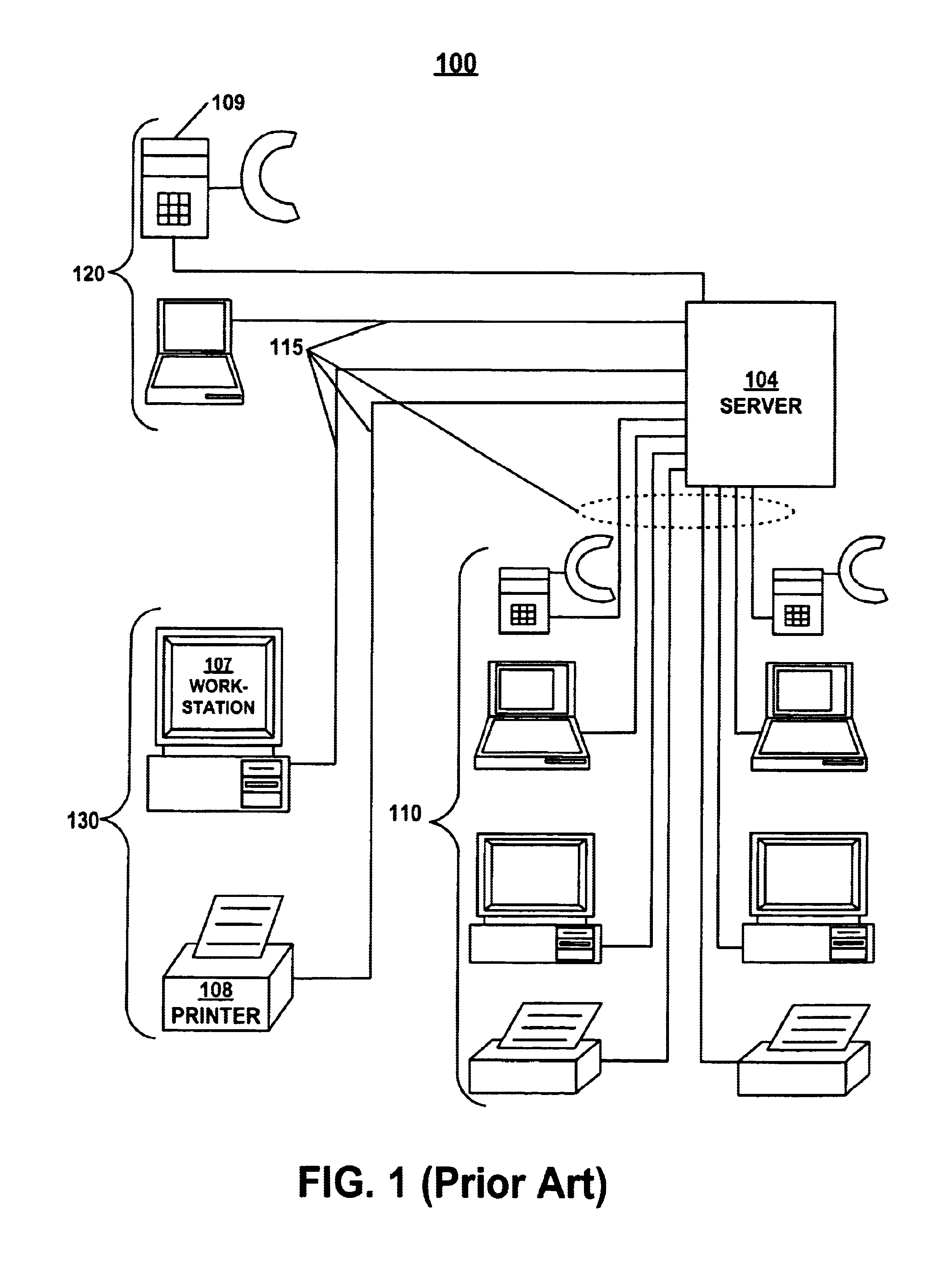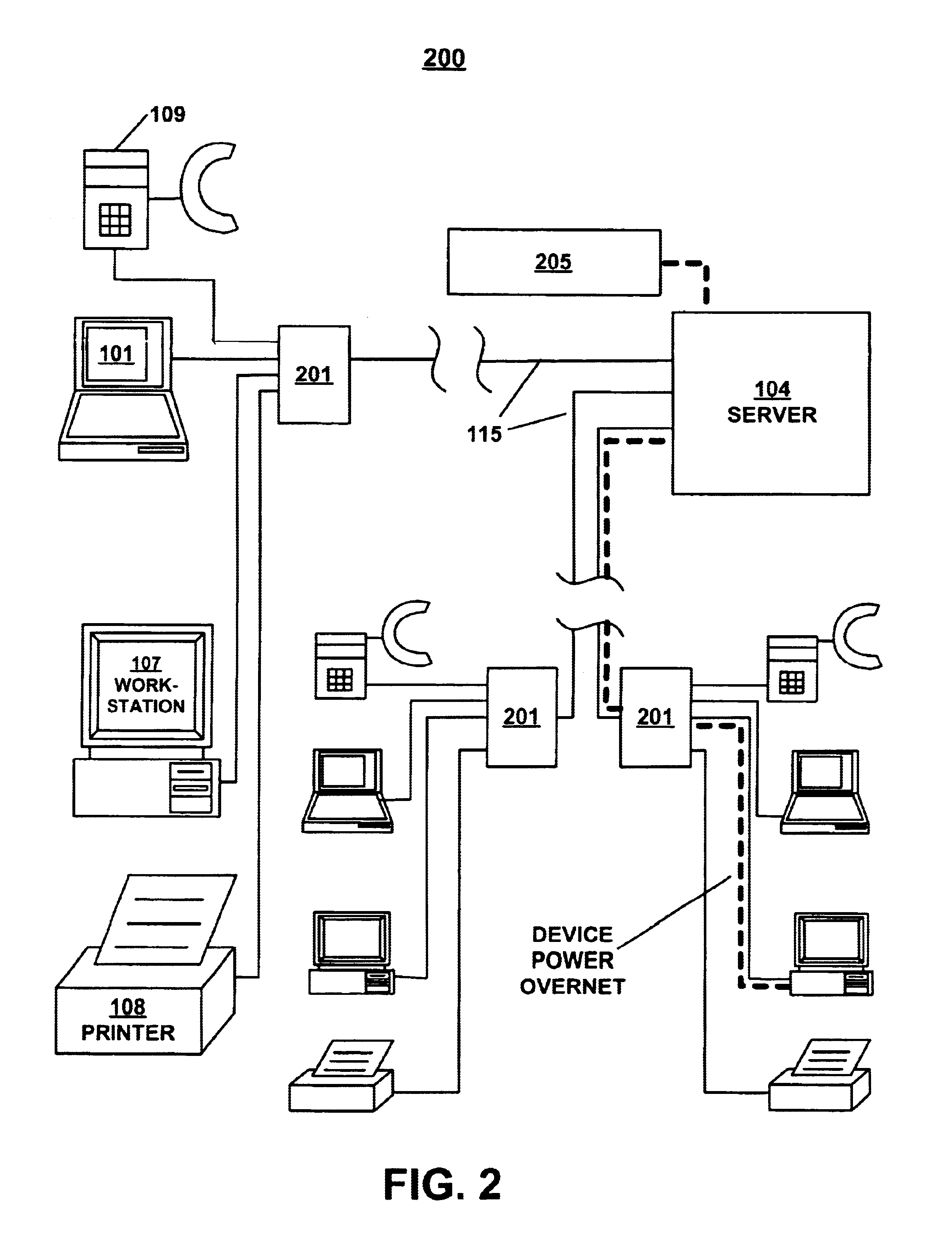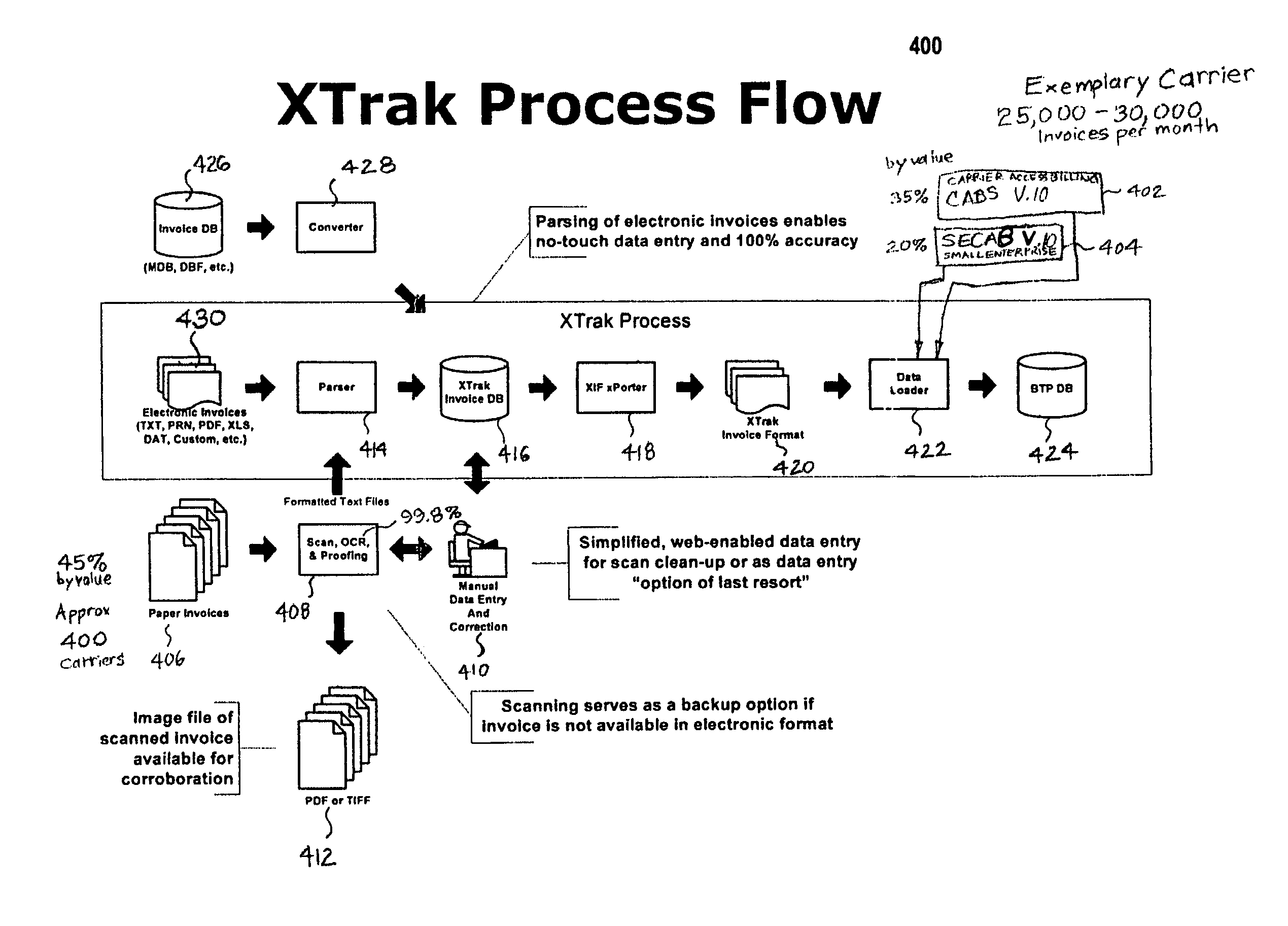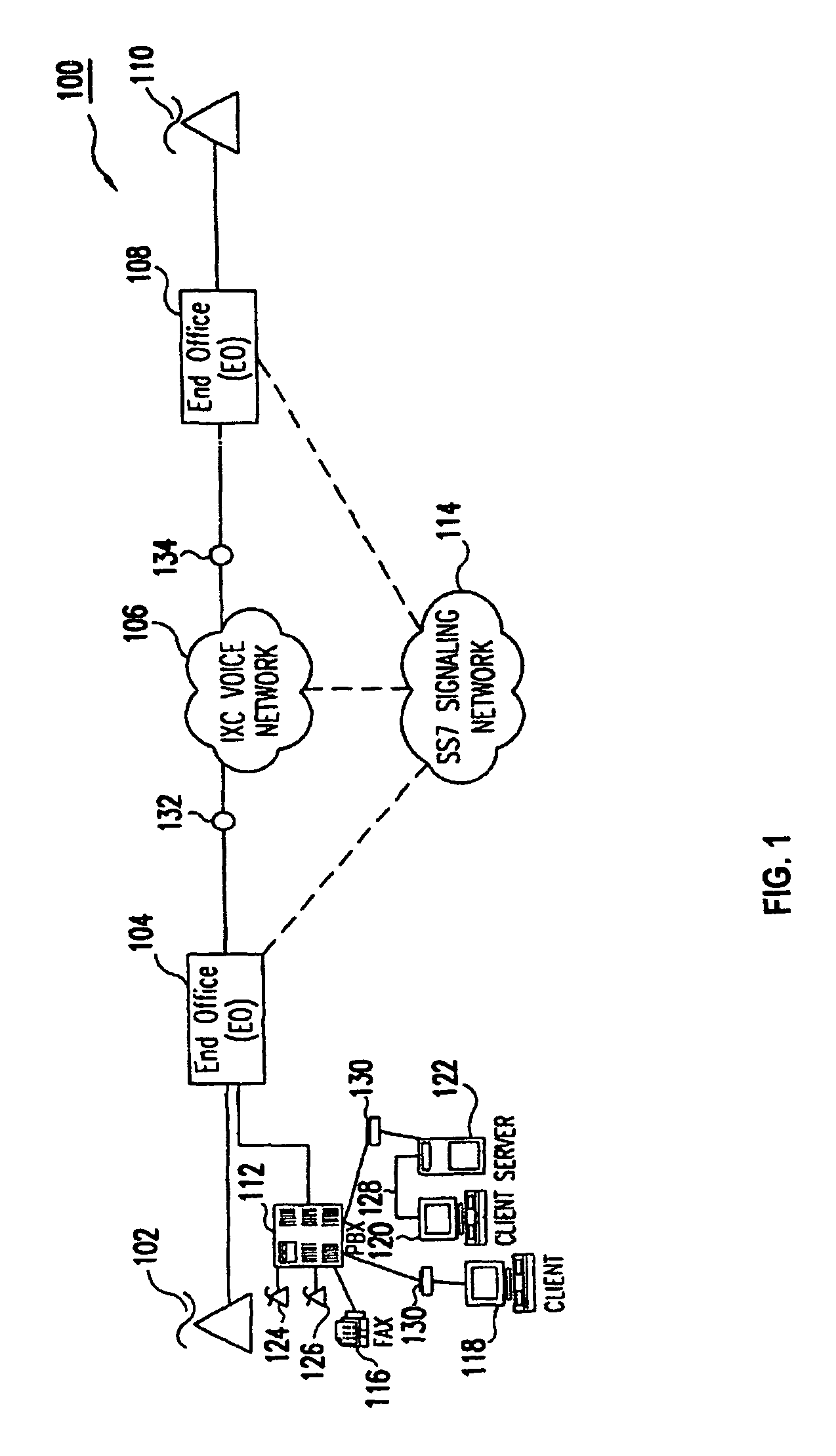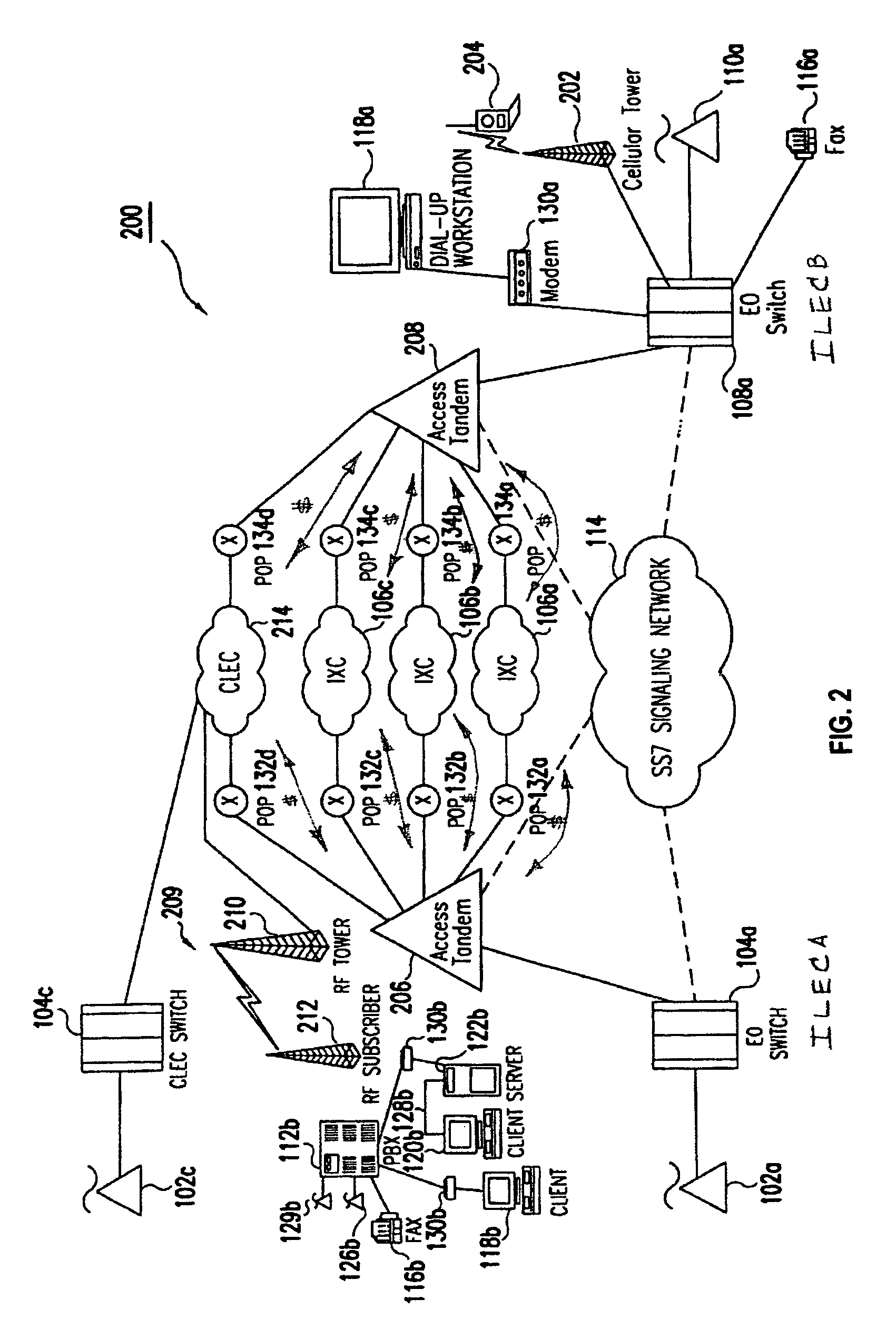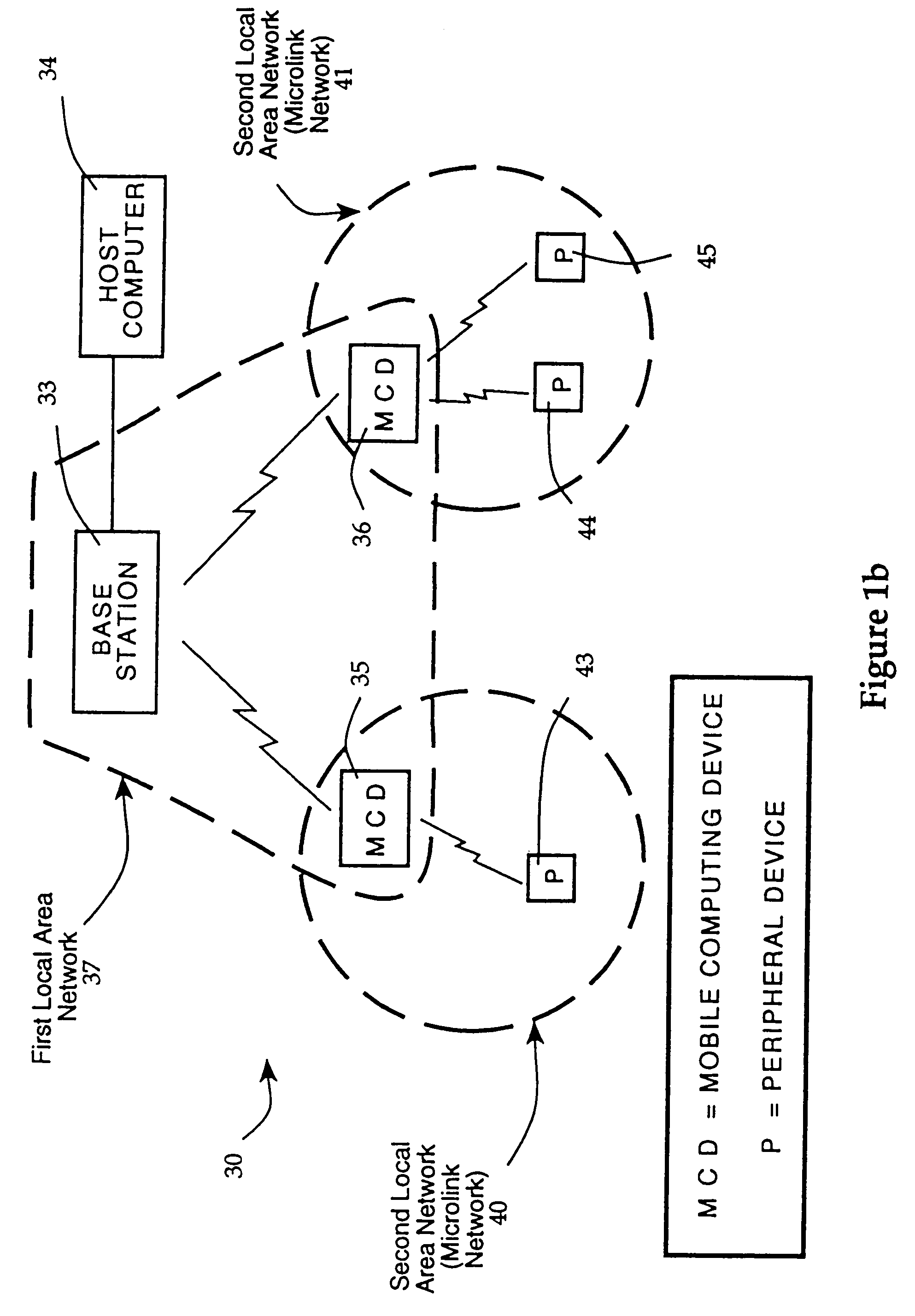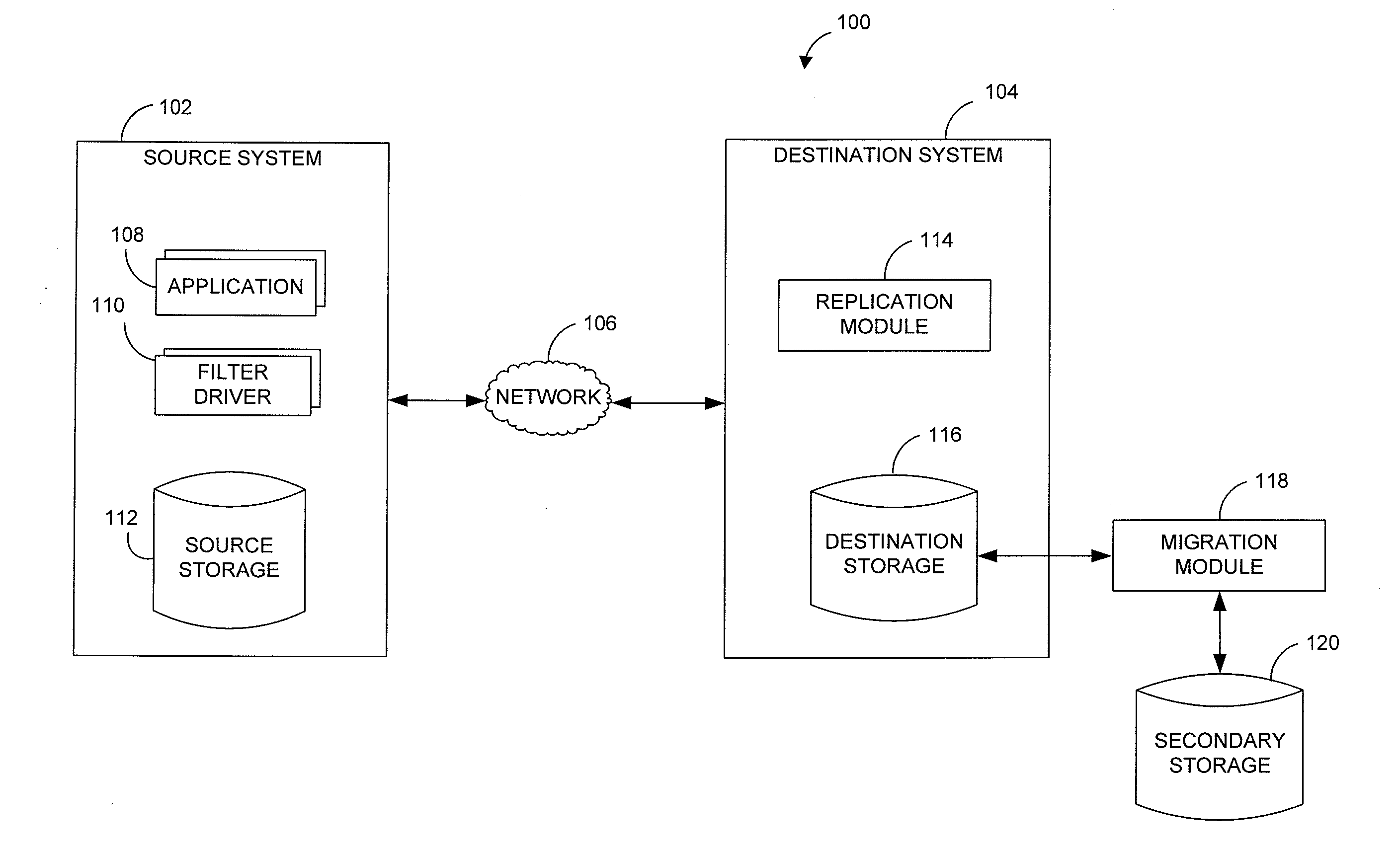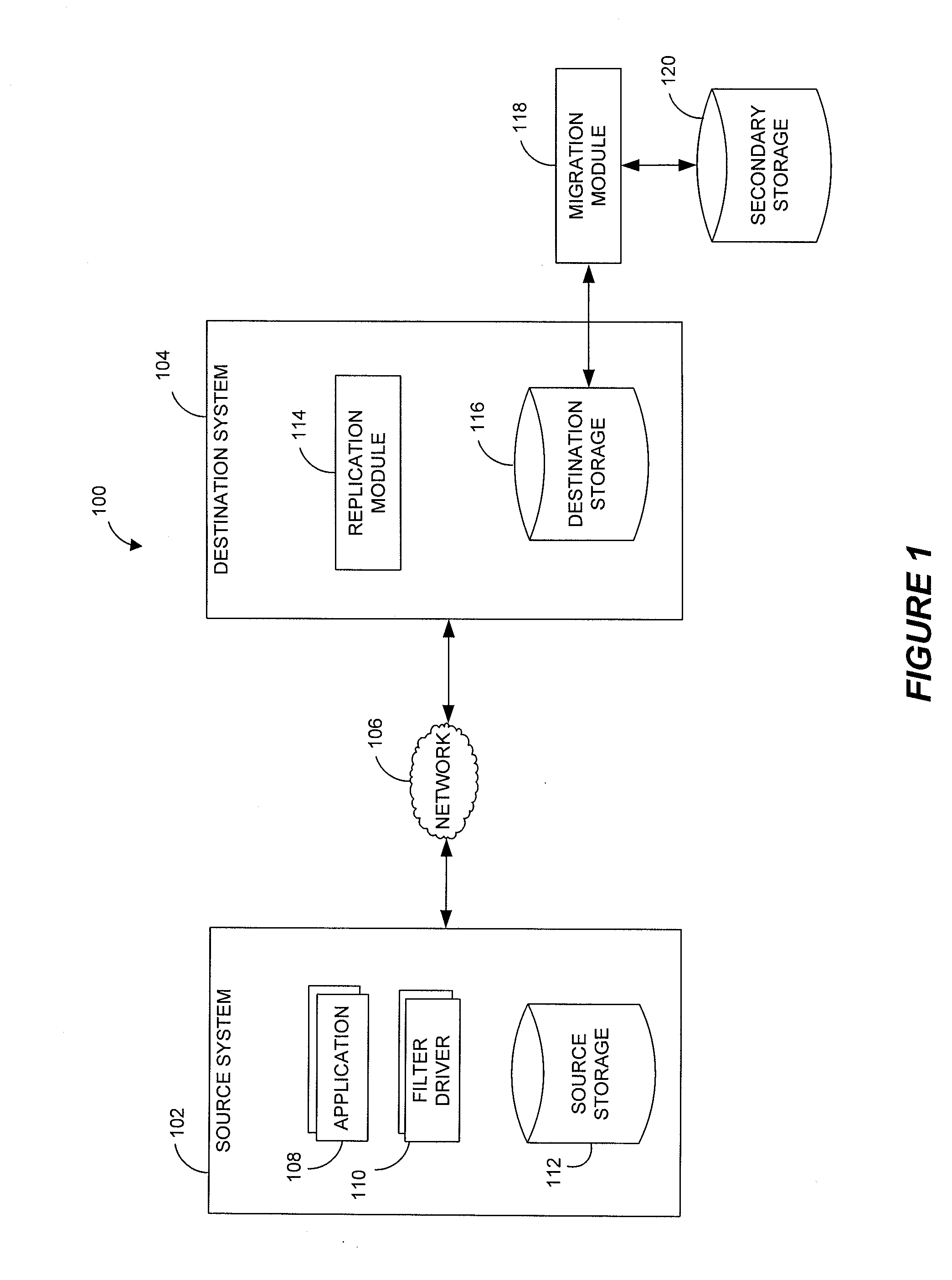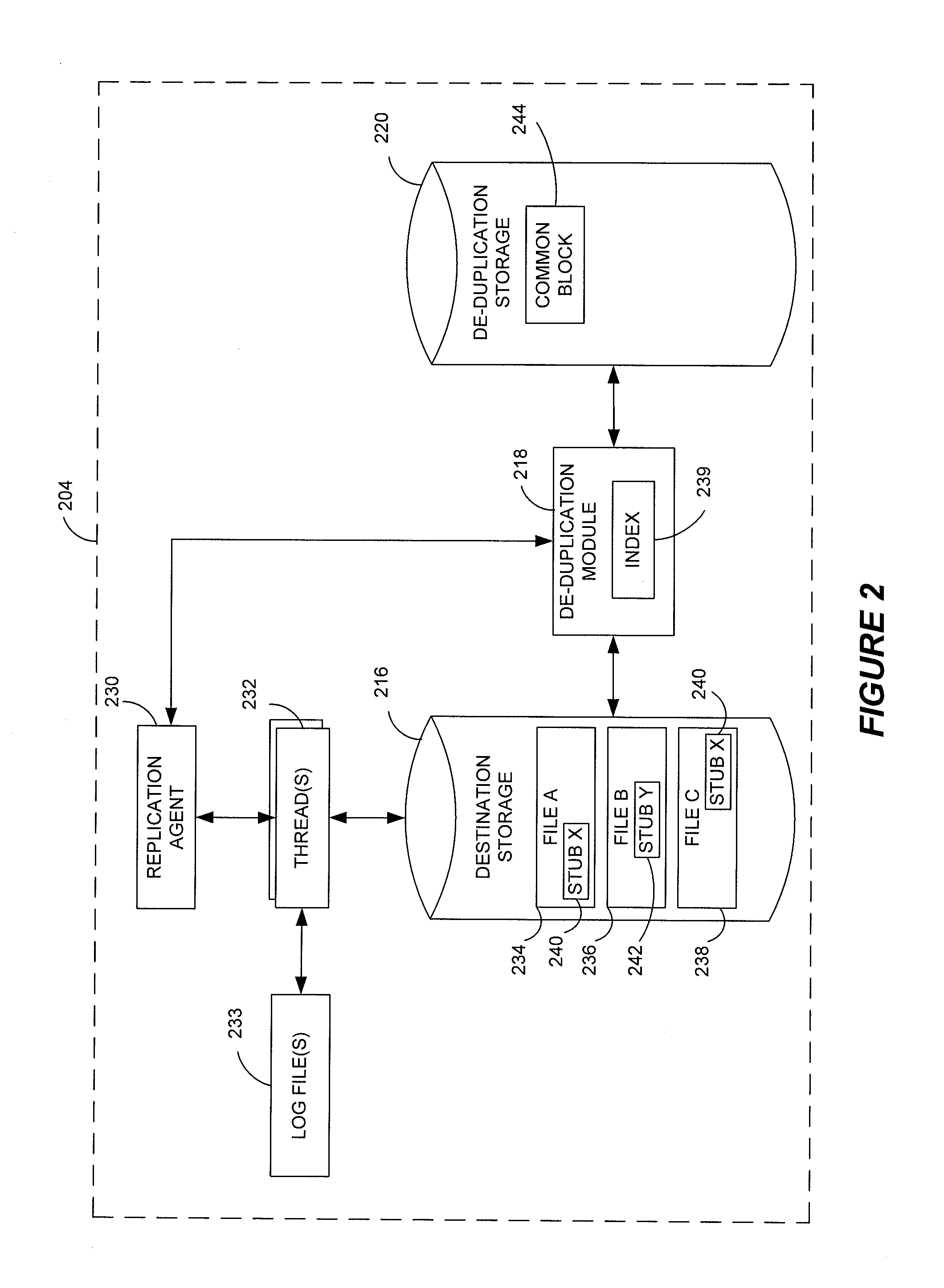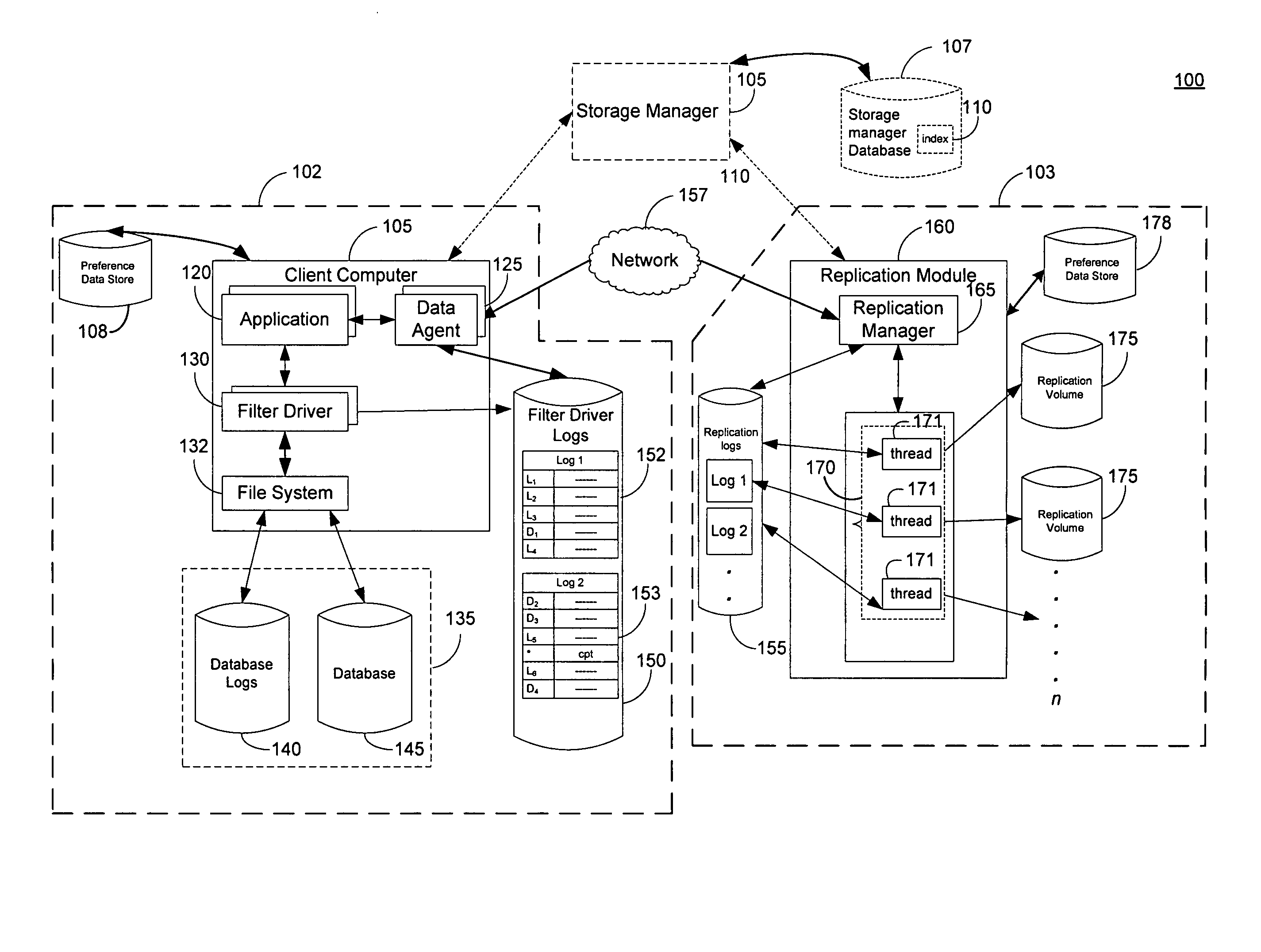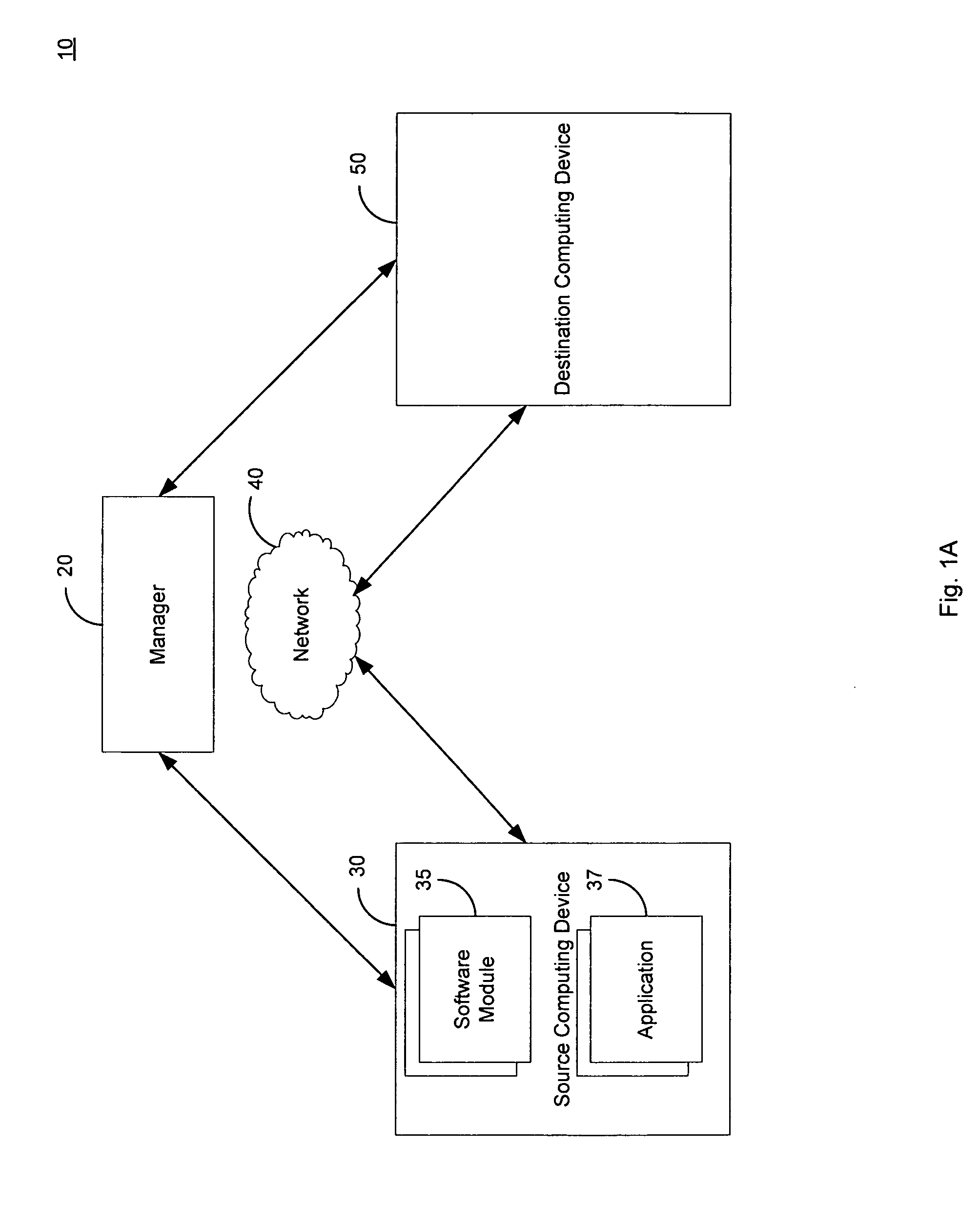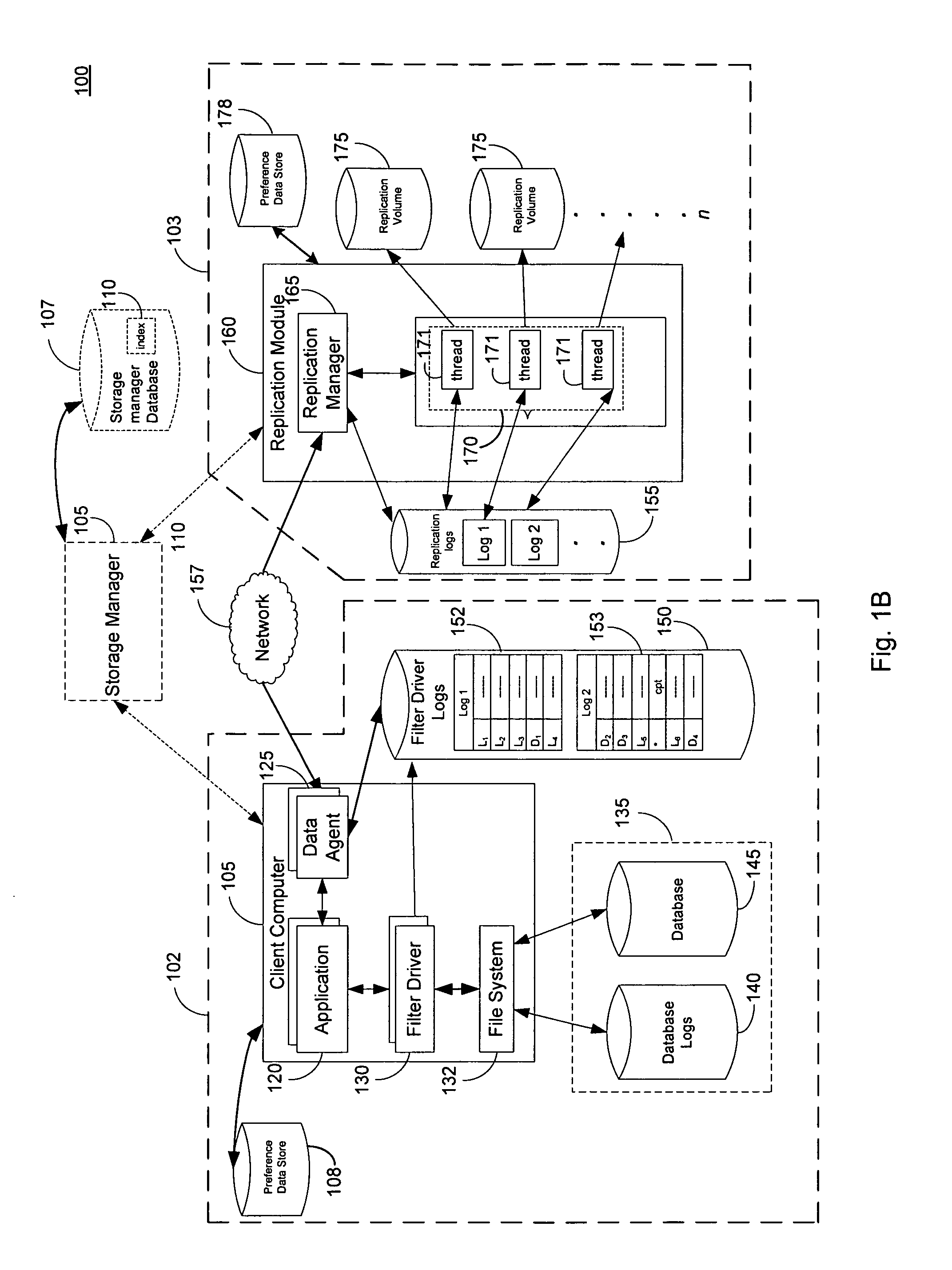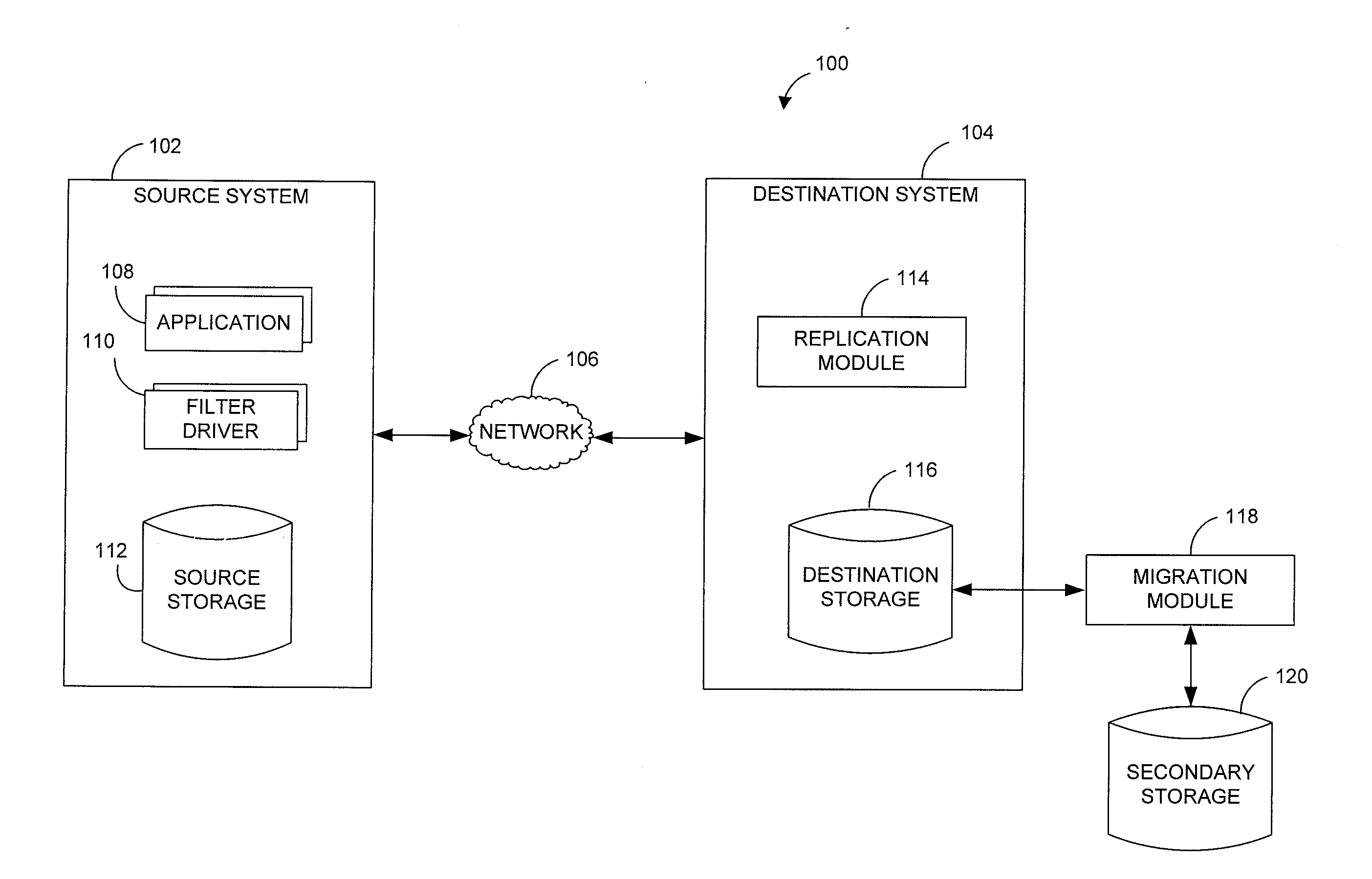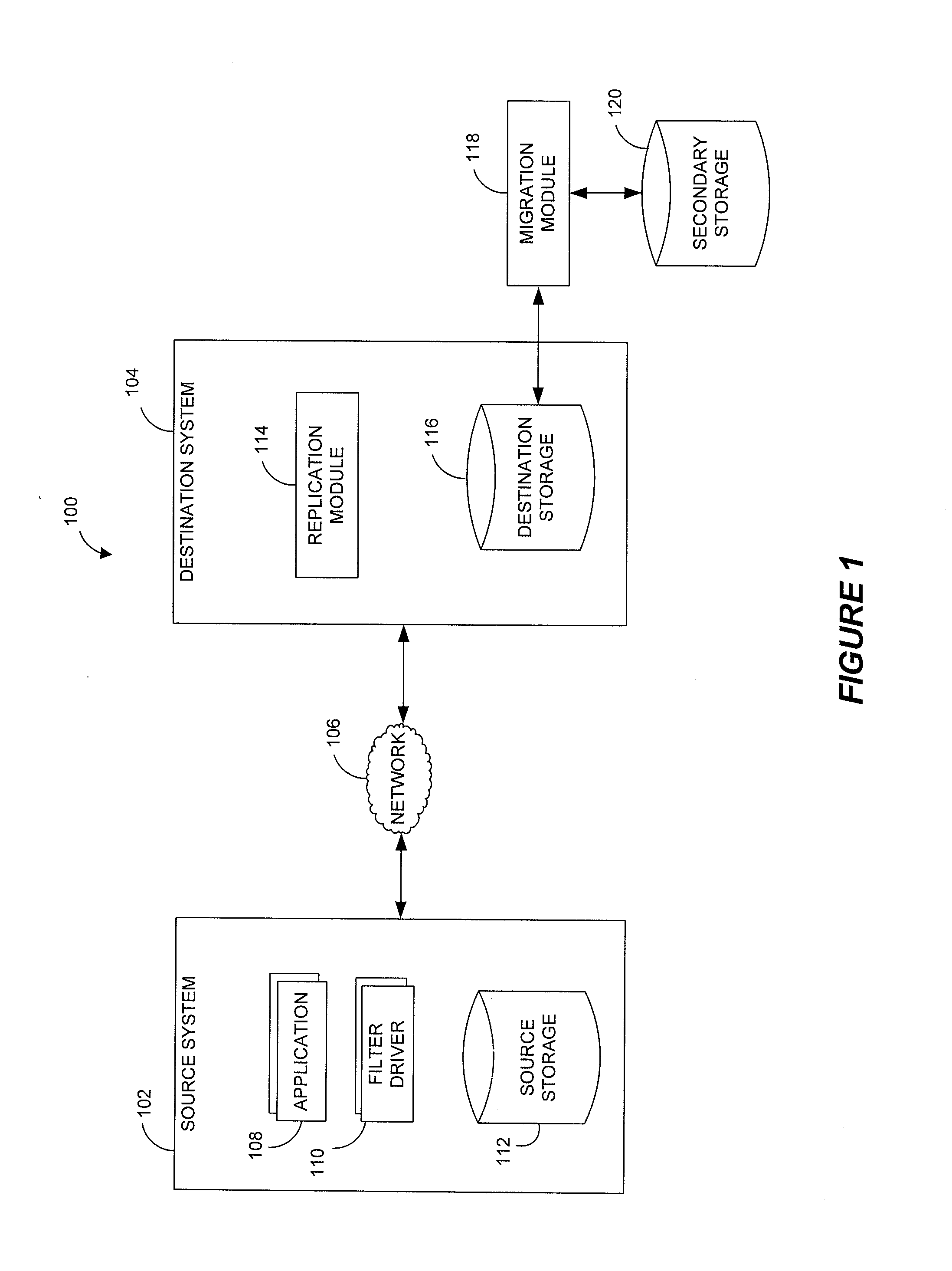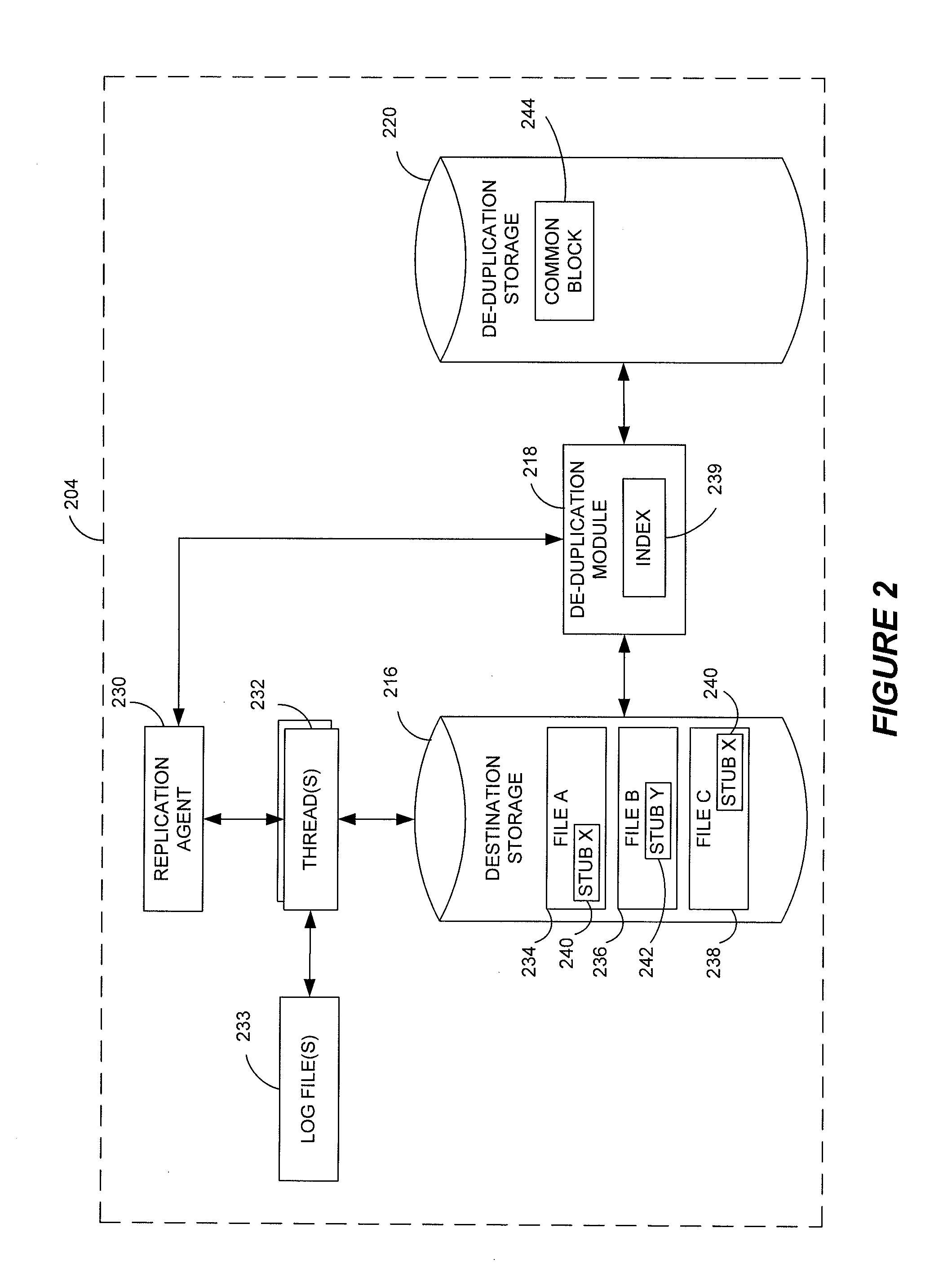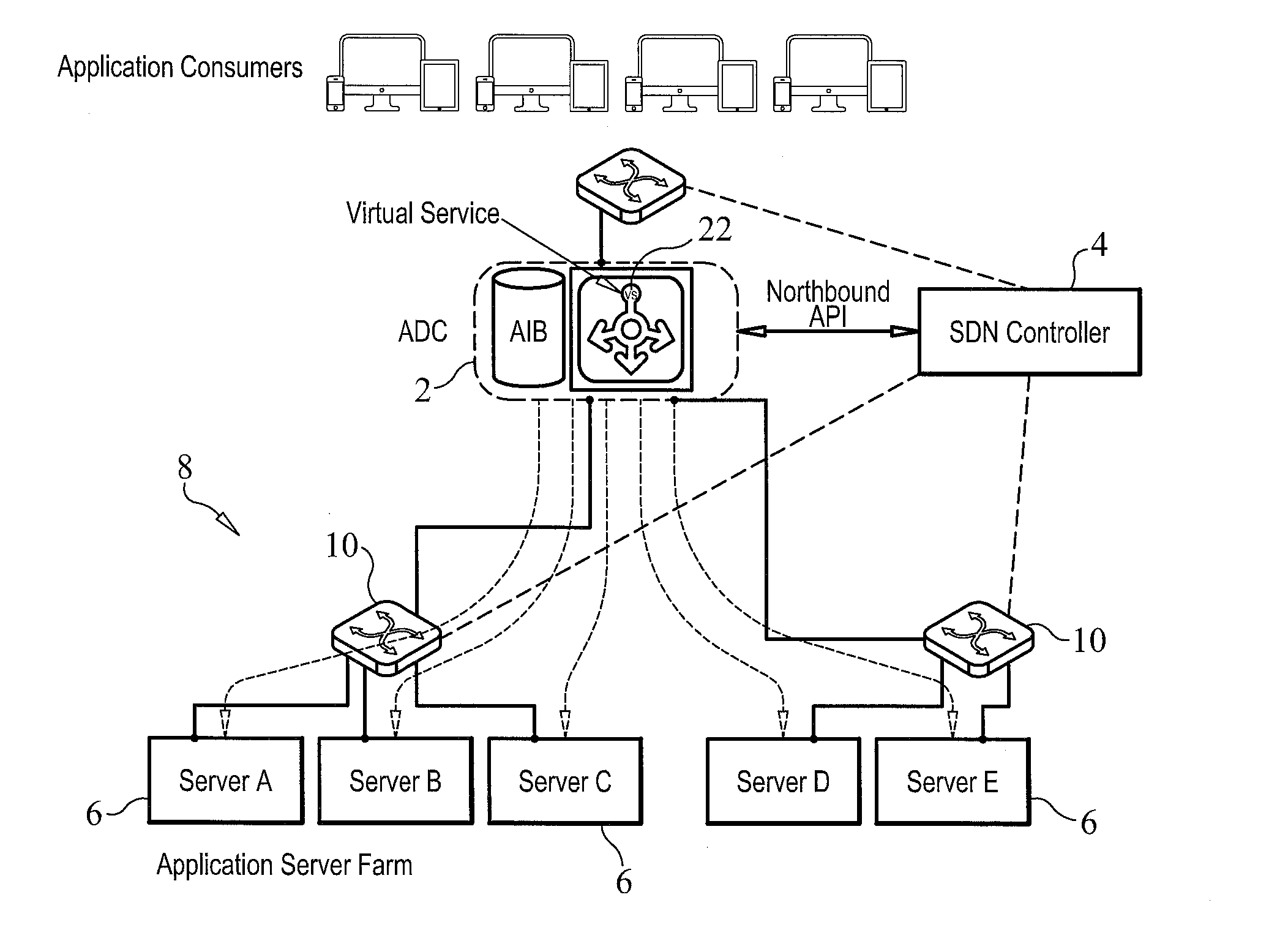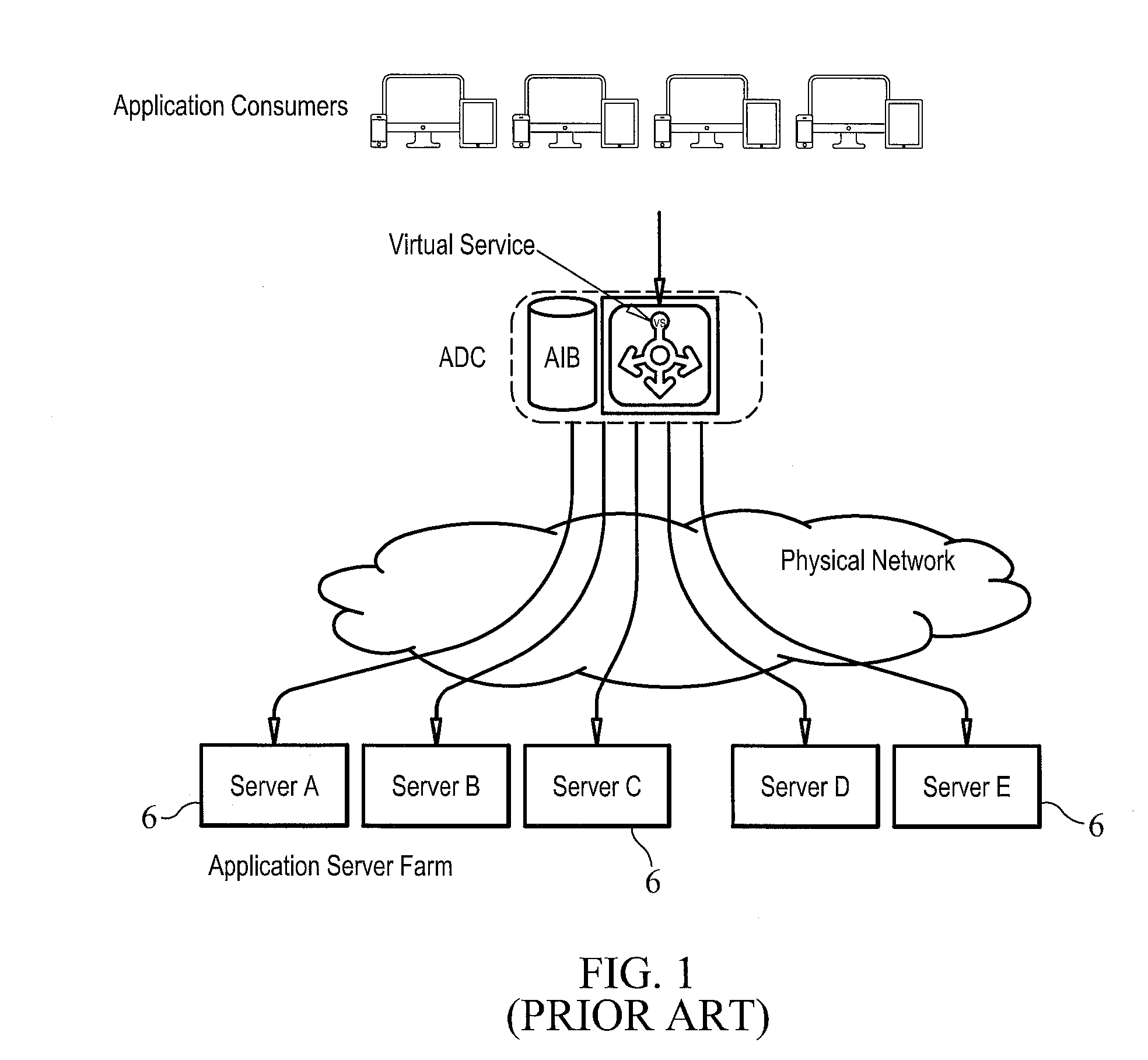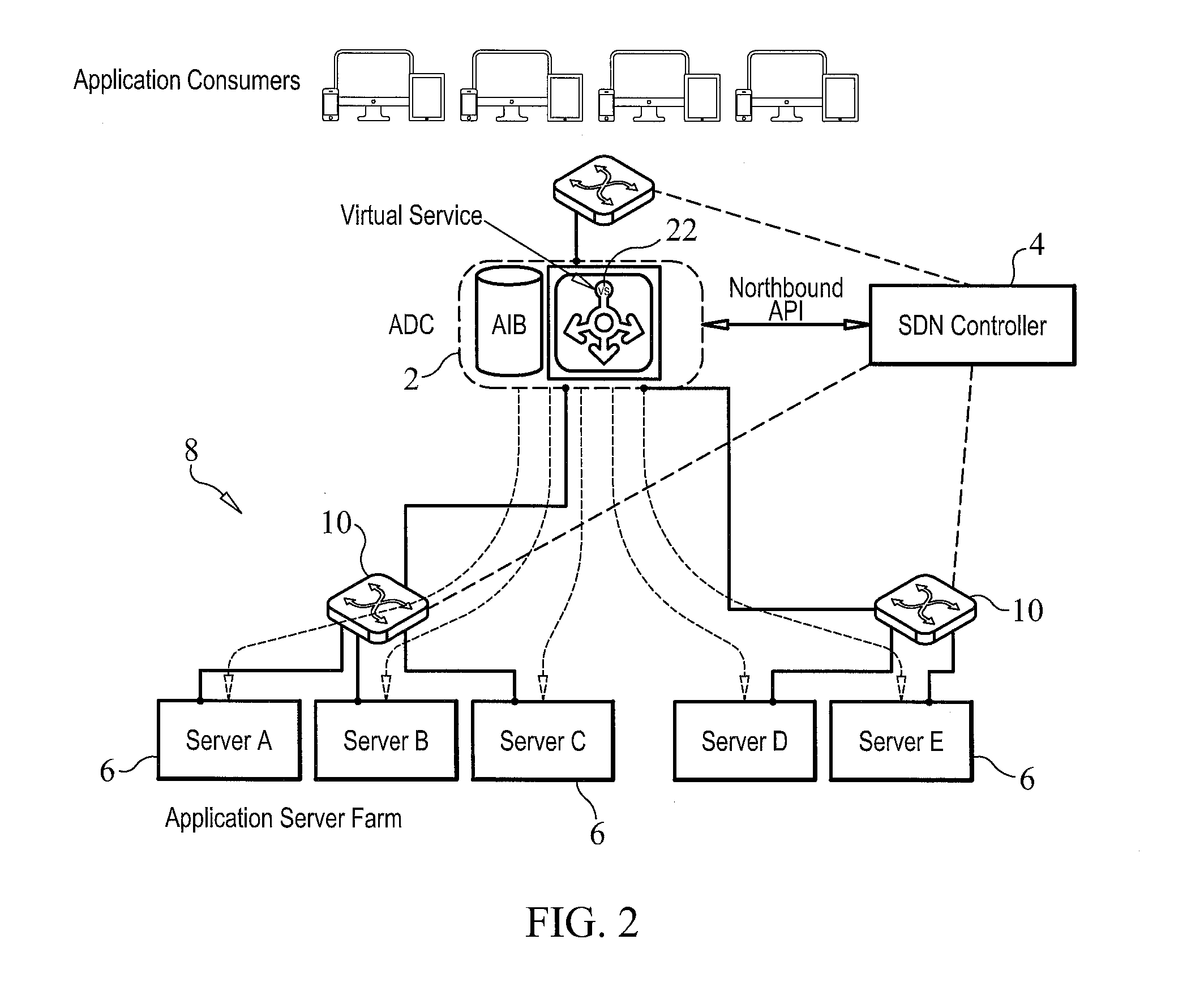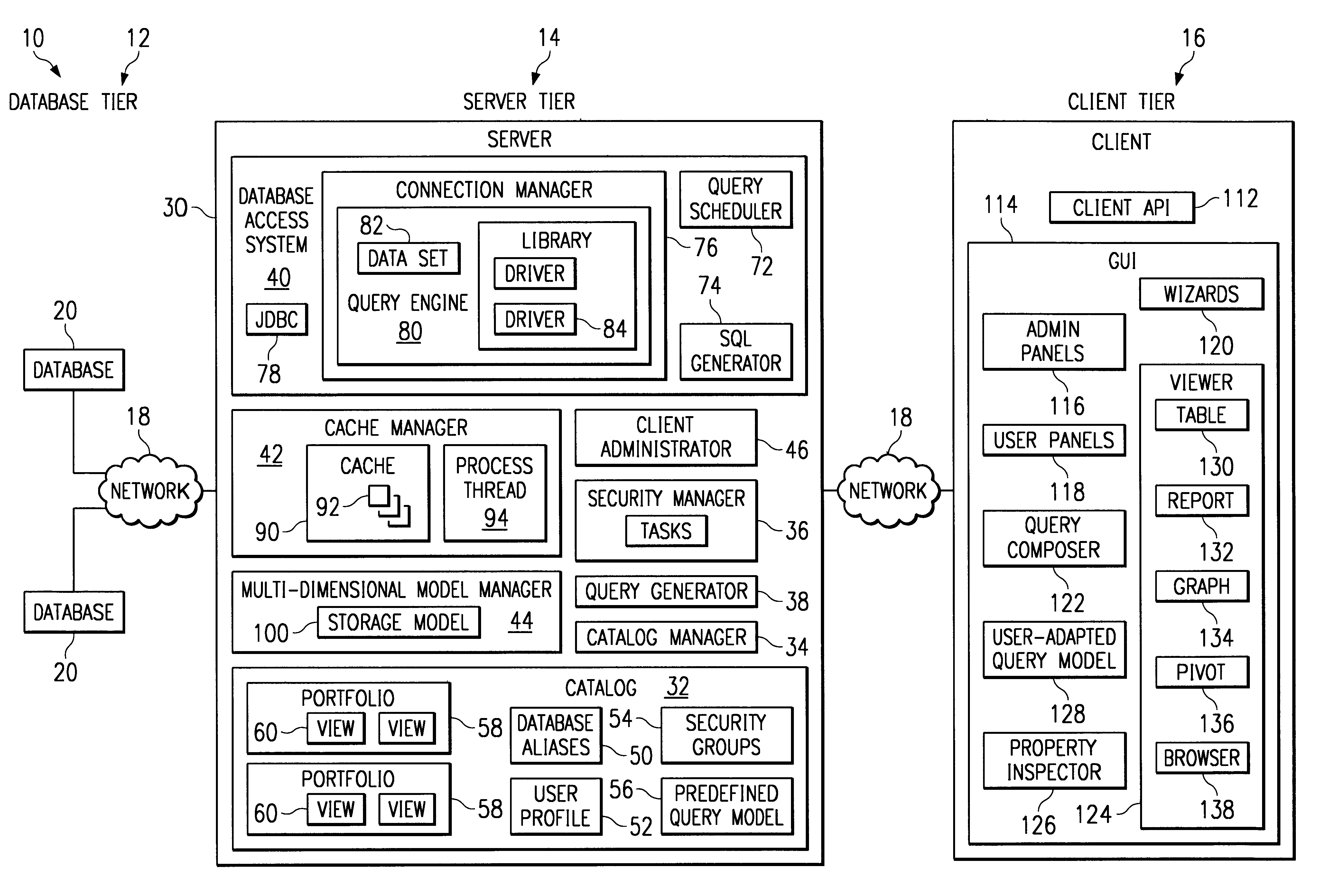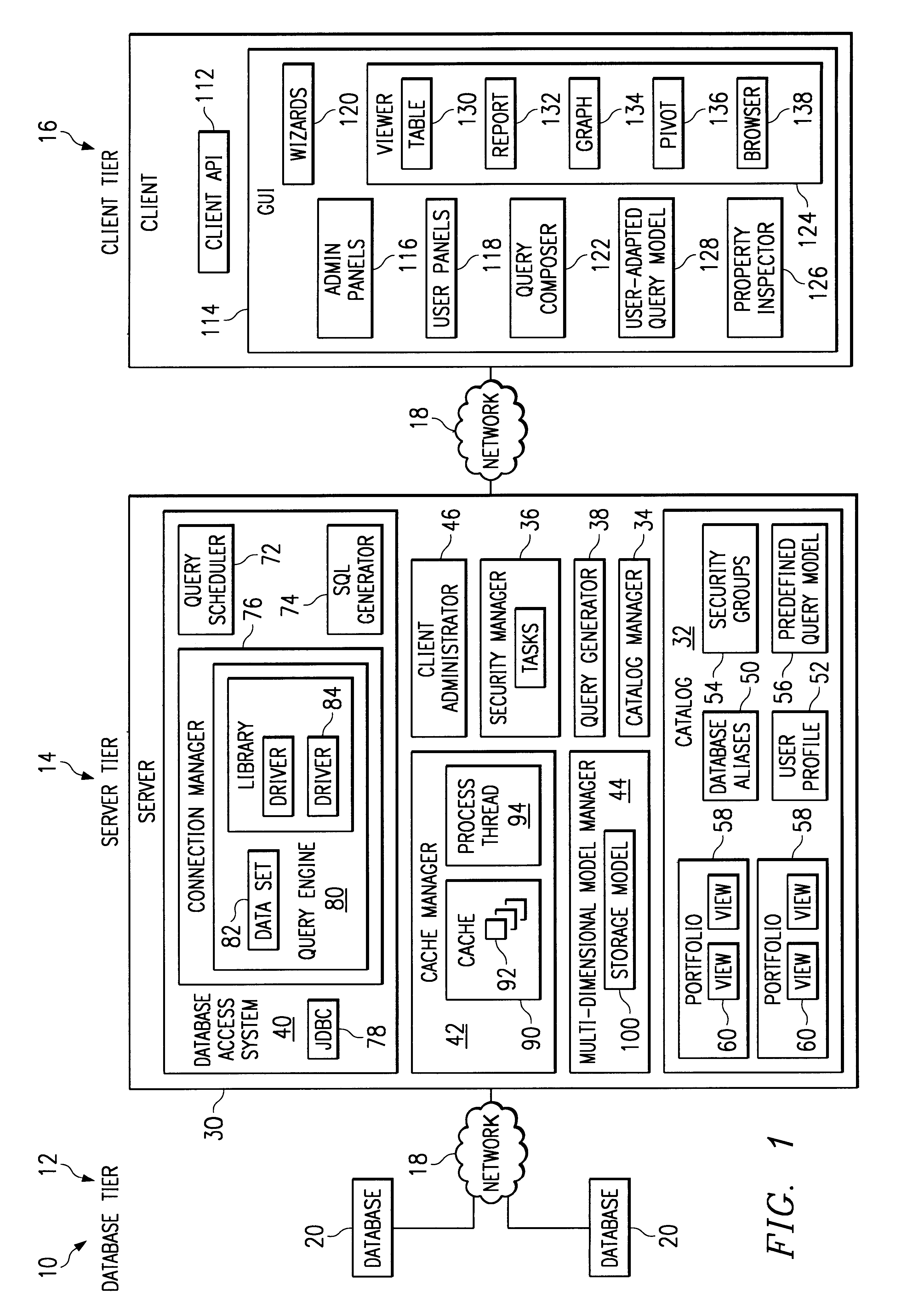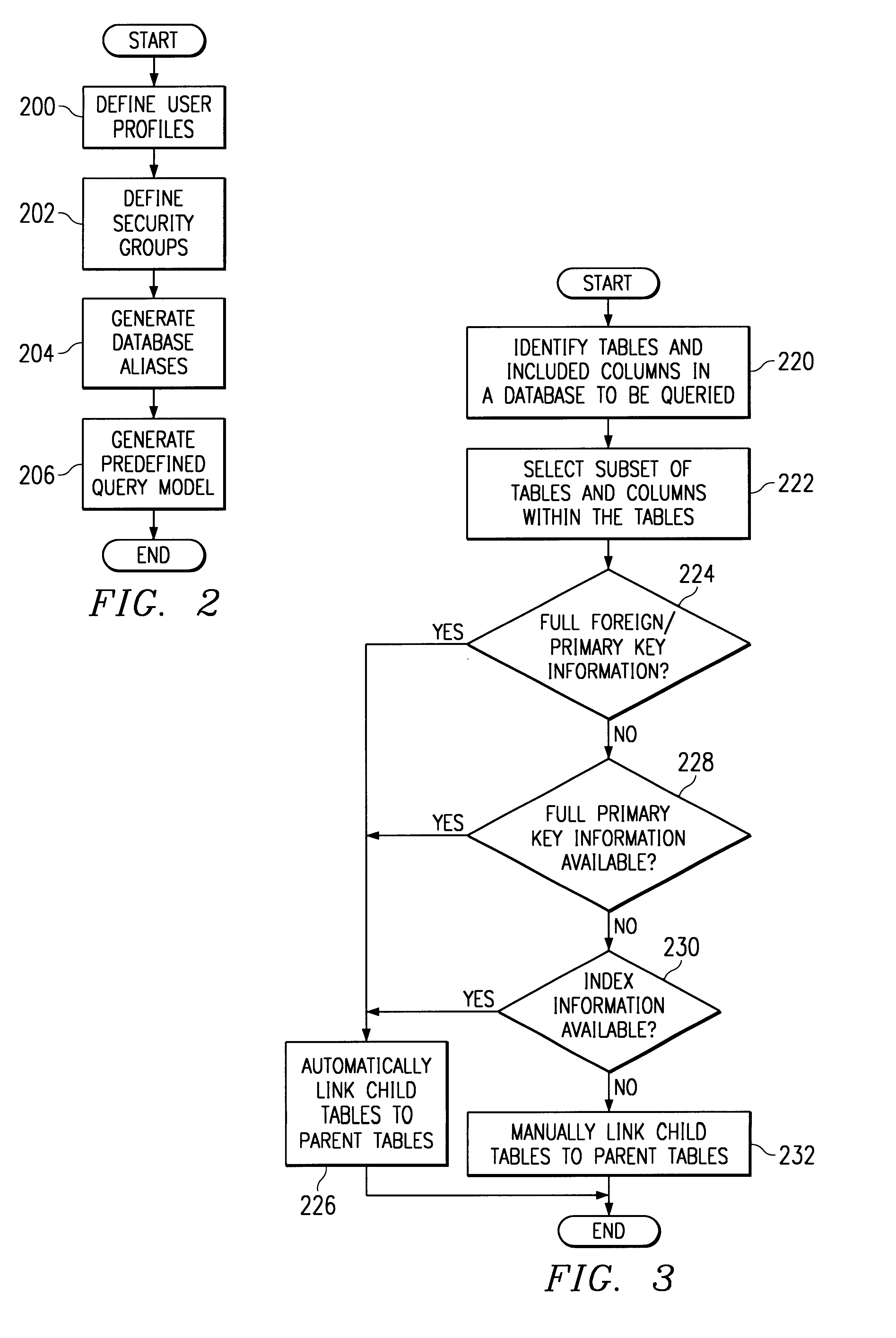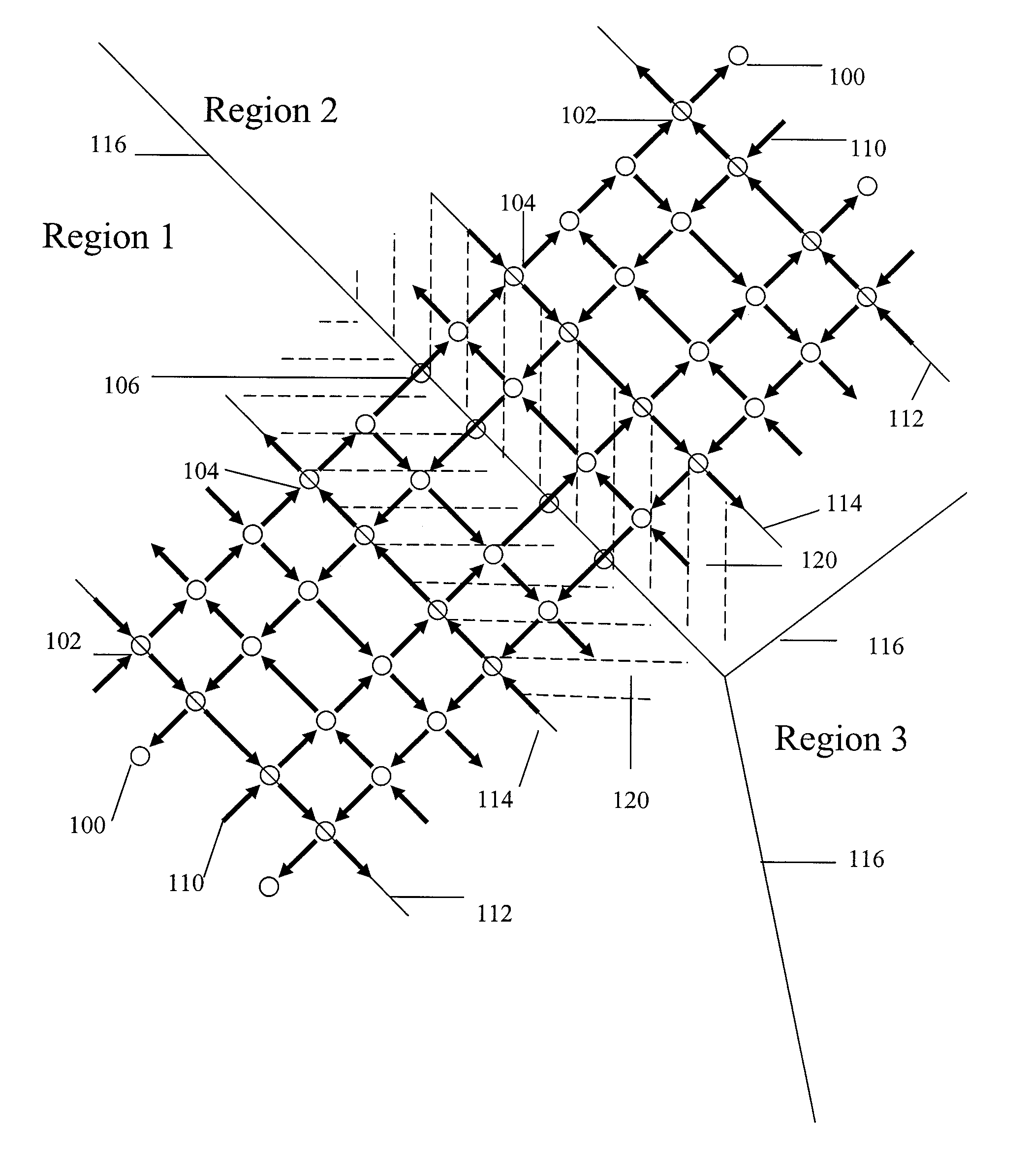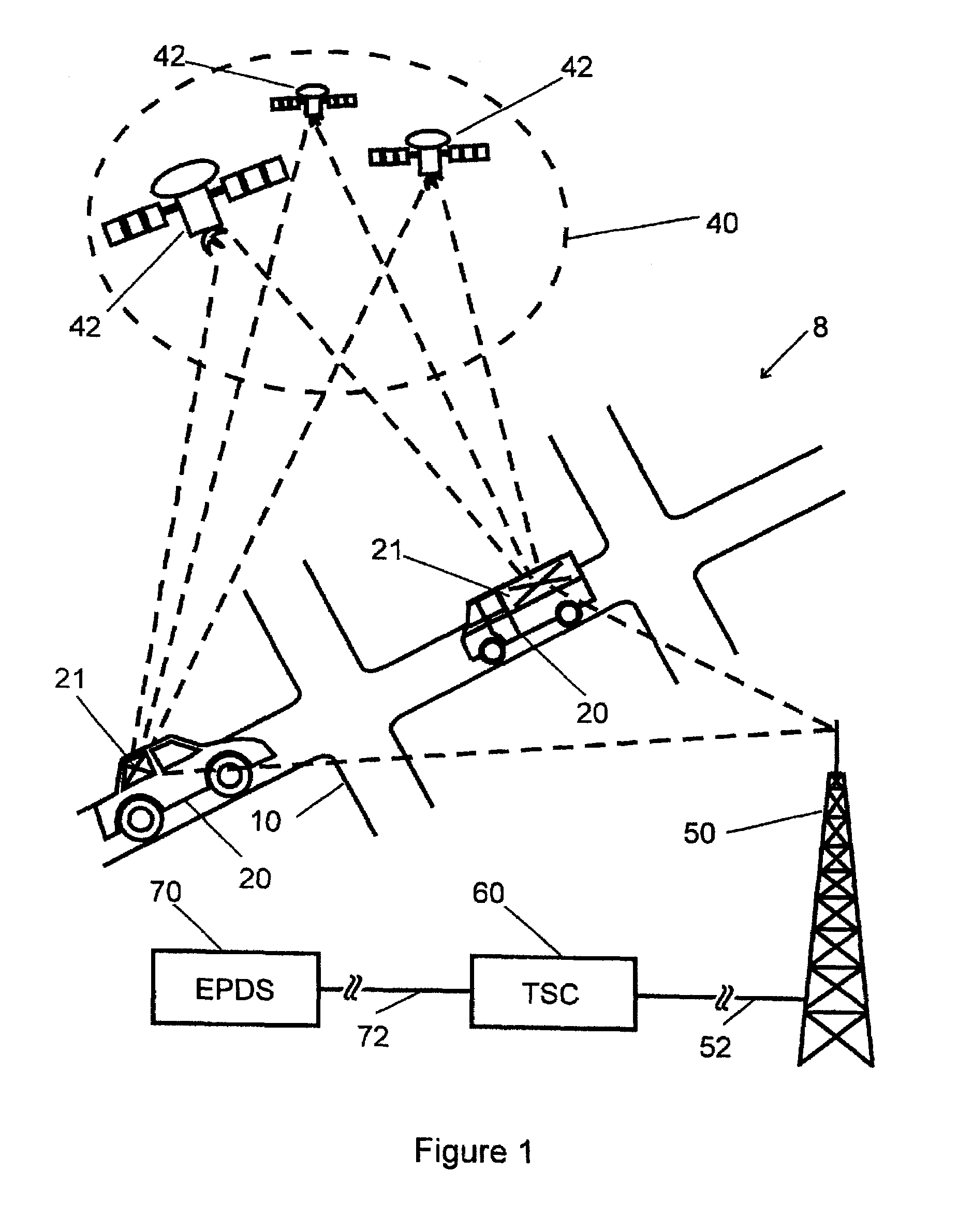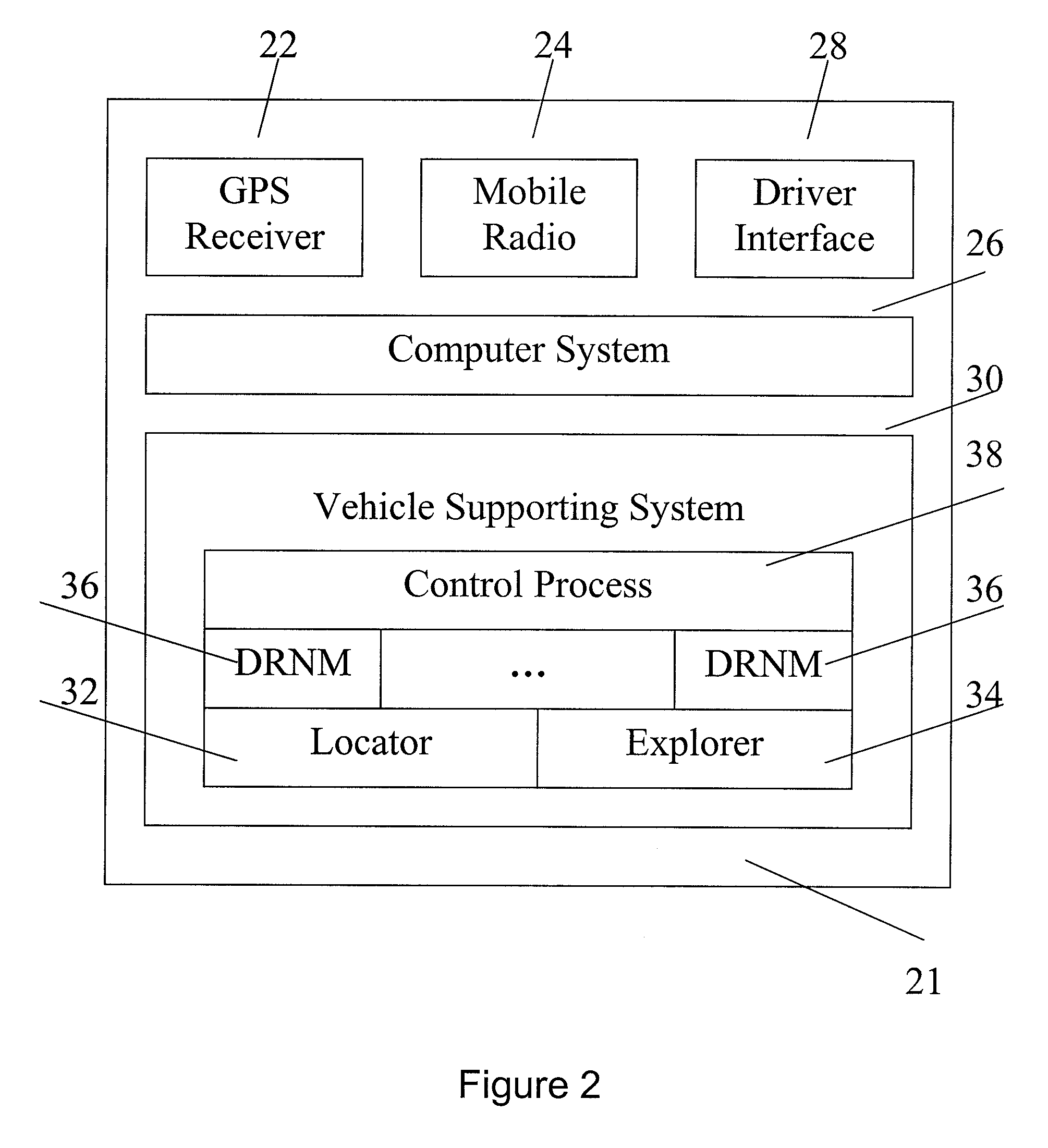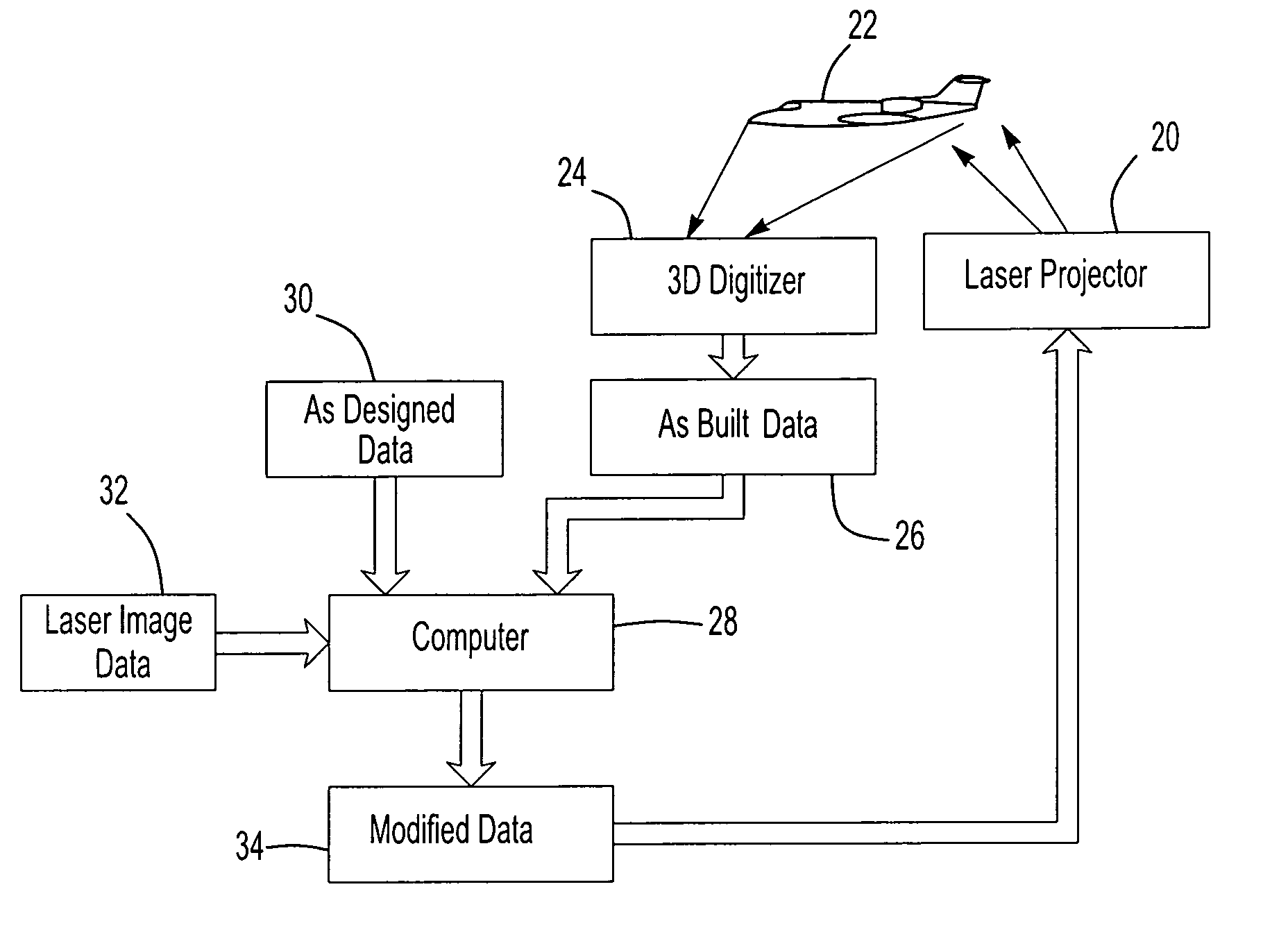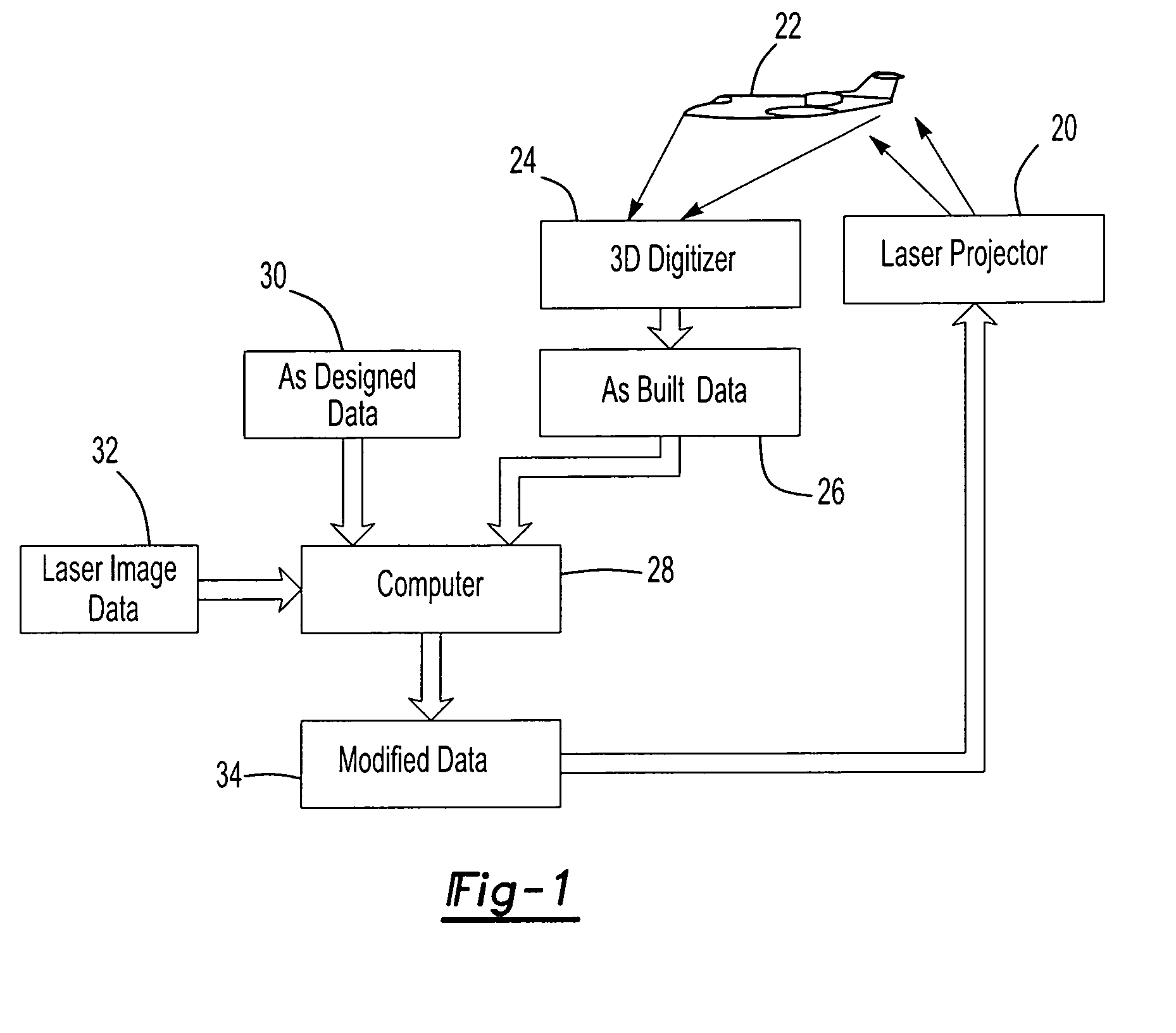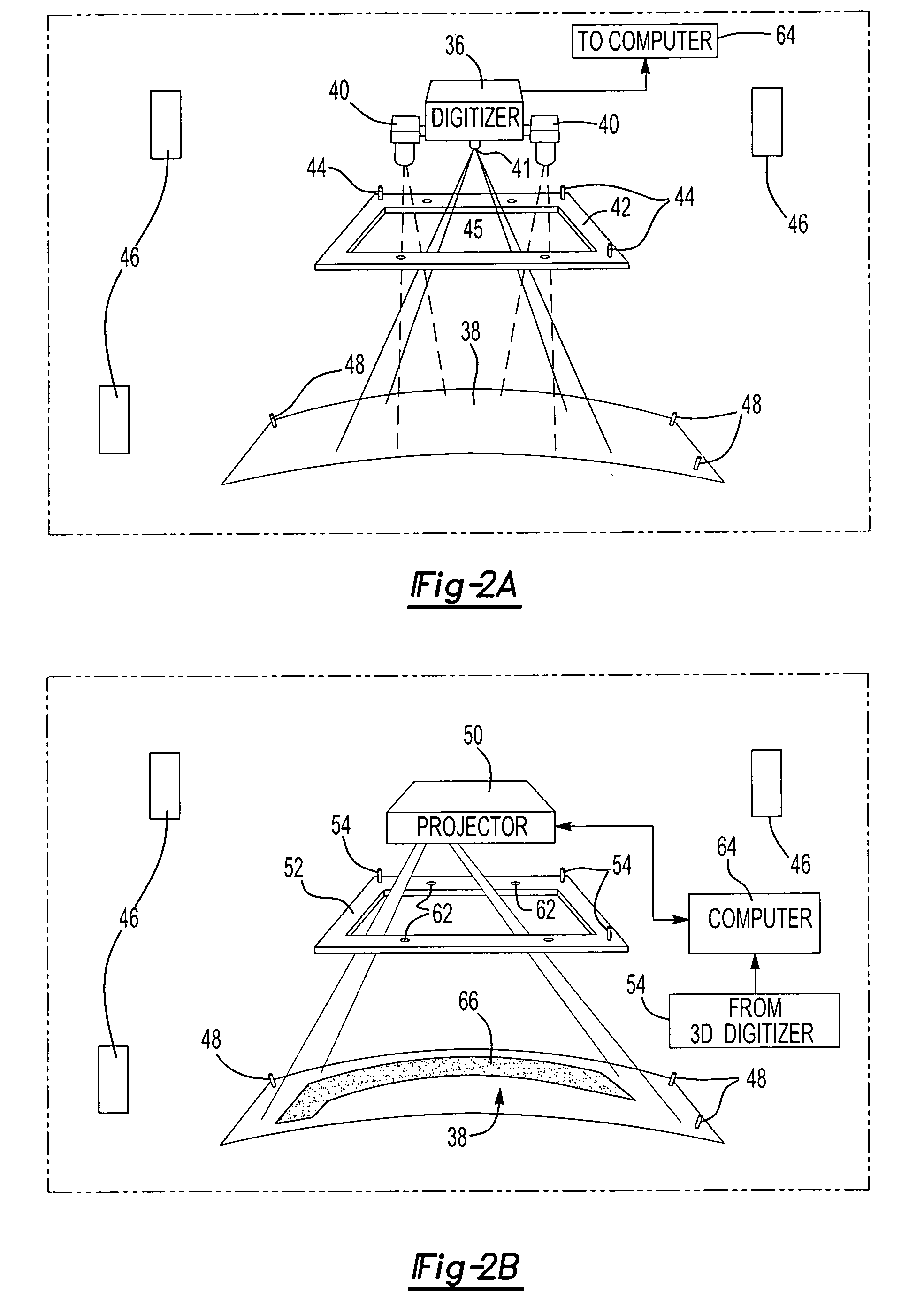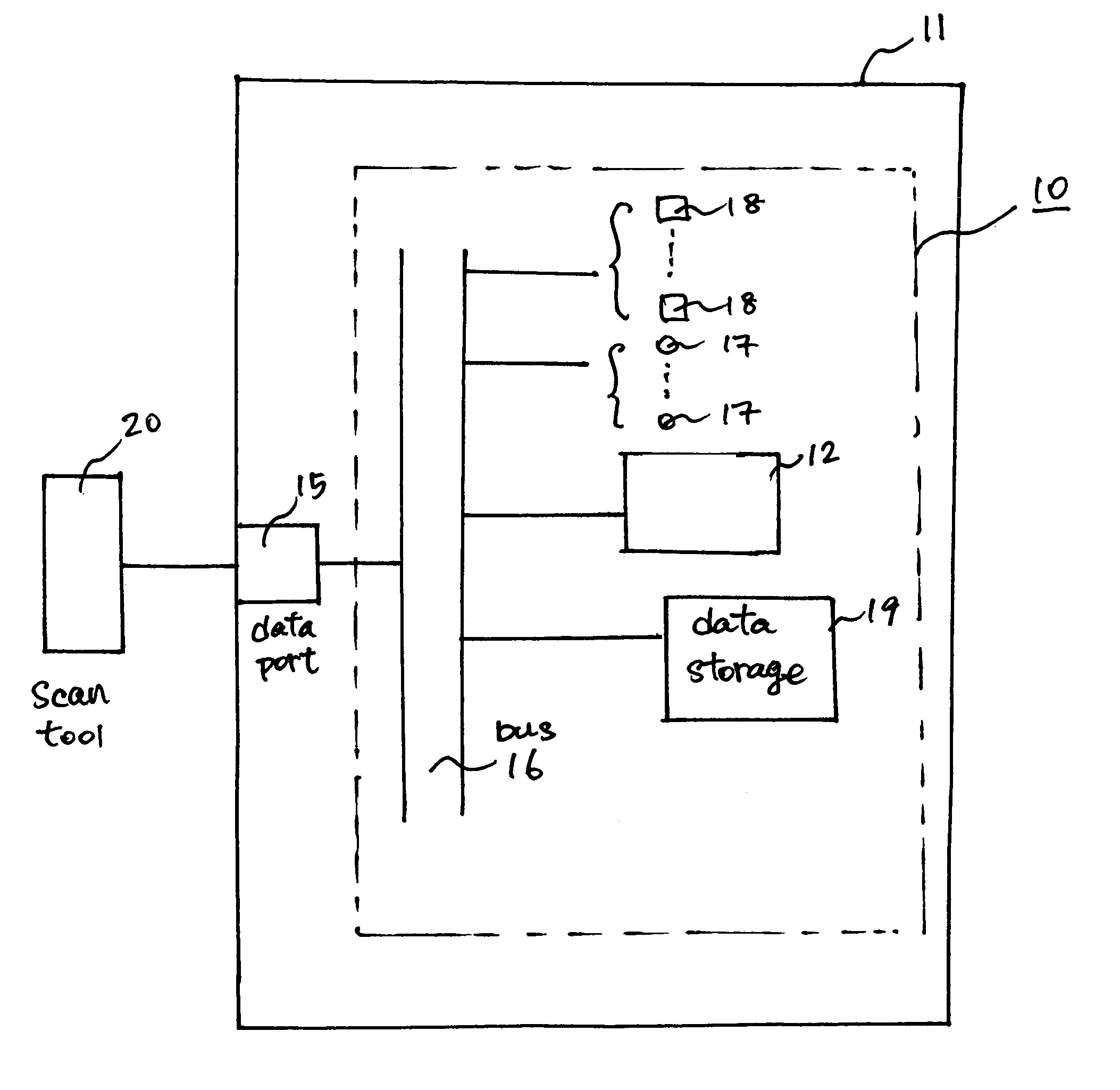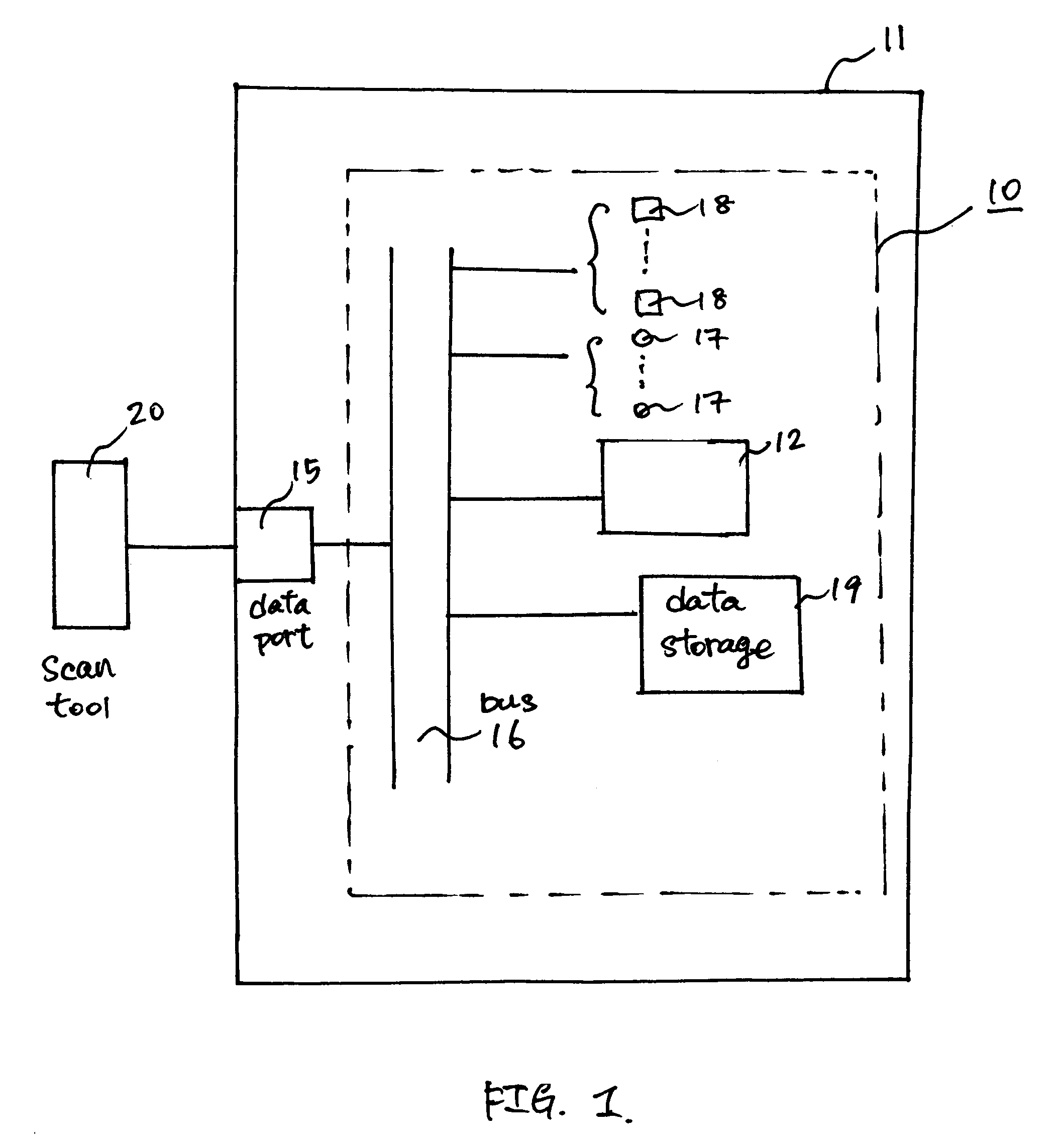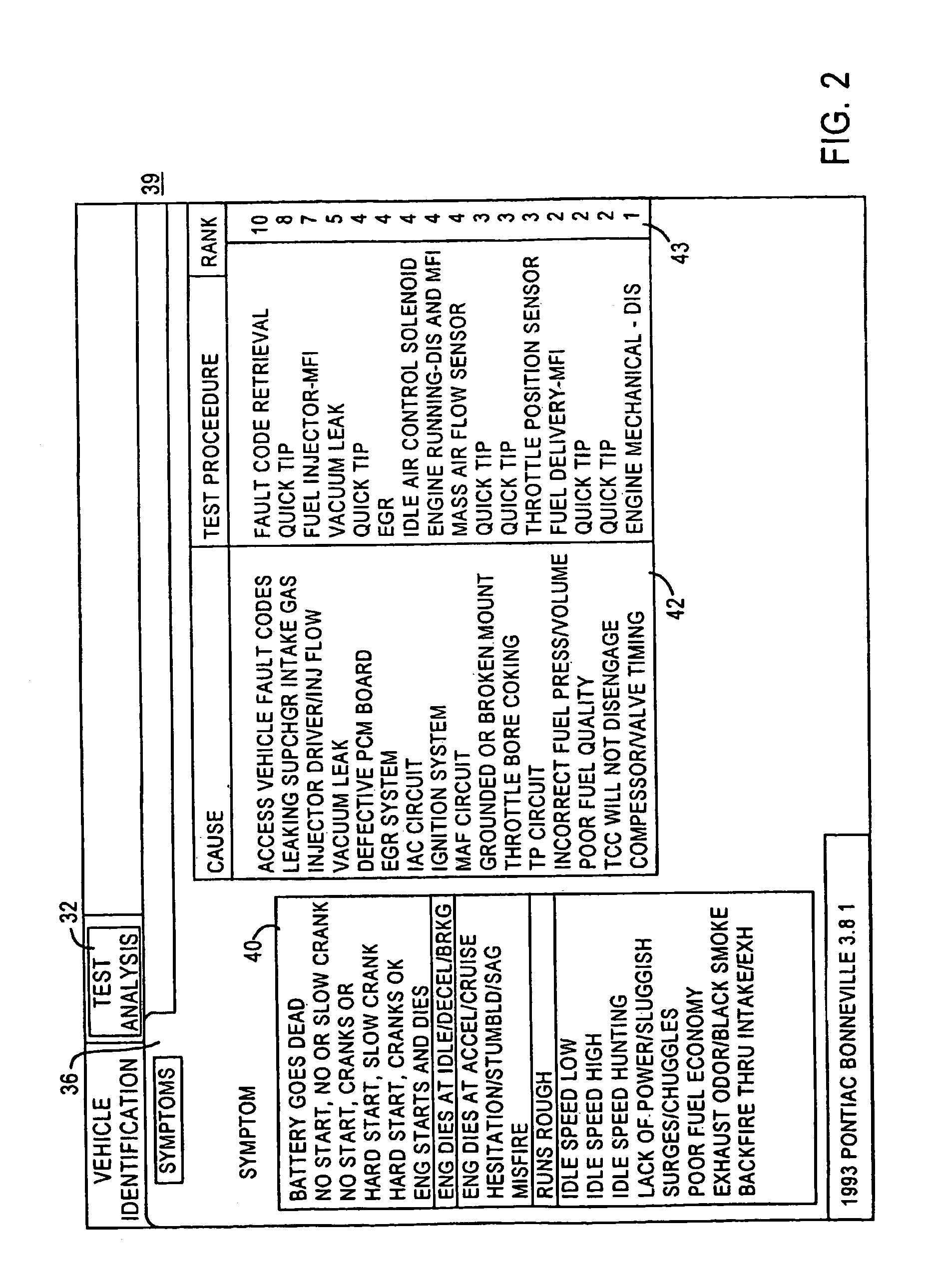Patents
Literature
Hiro is an intelligent assistant for R&D personnel, combined with Patent DNA, to facilitate innovative research.
790 results about "Smart data" patented technology
Efficacy Topic
Property
Owner
Technical Advancement
Application Domain
Technology Topic
Technology Field Word
Patent Country/Region
Patent Type
Patent Status
Application Year
Inventor
Method, system, and computer program product for the evaluation of glycemic control in diabetes from self-monitoring data
InactiveUS7025425B2Easy to monitorContinuous informationMedical simulationTelemedicineMonitors blood glucoseSmart data
A method, system, and computer program product related to the diagnosis of diabetes, and is directed to predicting the long-term risk of hyperglycemia, and the long-term and short-term risks of severe hypoglycemia in diabetics, based on blood glucose readings collected by a self-monitoring blood glucose device. The method, system, and computer program product pertain directly to the enhancement of existing home blood glucose monitoring devices, by introducing an intelligent data interpretation component capable of predicting both HbA1c and periods of increased risk of hypoglycemia, and to the enhancement of emerging continuous monitoring devices by the same features. With these predictions the diabetic can take steps to prevent the adverse consequences associated with hyperglycemia and hypoglycemia.
Owner:UNIV OF VIRGINIA ALUMNI PATENTS FOUND +1
System, method, and computer program product for providing relational patterns between entities
A contact intelligence data mining tool for storing, processing, displaying, and printing relational patterns between entities (e.g., business and other contacts). The tool allows proprietary individual contact data to be merged with accurate and up-to-date public information in order to explore the full scope (or sphere) of an individual's or business concern's scope of influence. It intelligently establishes and presents personal, direct contacts as well as contacts of contacts, and so on. The tool further displays, via a graphical user interface, the optimal relationship path (i.e., contact pathway) to reach desired contacts.
Owner:TRADECO ASIA LTD
Method and apparatus for intelligent data assimilation
InactiveUS6847974B2Data processing applicationsWebsite content managementGraphical user interfaceApplication server
An intelligent data assimilation system including an ontology description, workflows, and logical search objects. The logical search objects operably connect to external and internal data providers and return search results using an ontology describing atomic data objects and semantic objects. The semantic objects are grouped into larger semantic structures by workflows to create customized services that return search results termed data products. Services are accessed through an application server capable of responding to service requests from different types of data clients. Graphical user interfaces provide facilities for creating logical search objects and aggregating logical search objects into workflows and services.
Owner:US SEARCH COM
Intelligent data storage and processing using fpga devices
InactiveUS20070277036A1Improve data securityIncrease speedInput/output to record carriersDigital data information retrievalMagnetic storageComputerized system
A data storage and retrieval device and method is disclosed. The device includes at least one magnetic storage medium configured to store target data and at least one re-configurable logic device comprising an FPGA coupled to the at least one magnetic storage medium and configured to read a continuous stream of target data therefrom, having been configured with a template or as otherwise desired to fit the type of search and data being searched. The re-configurable logic device is configured to receive at least one search inquiry in the form of a data key and to determine a match between the data key and the target data as it is being read from the at least one magnetic storage medium. This device and method can perform a variety of searches on the target data including without limitation exact and approximate match searches, sequence match searches, image match searches and data reduction searches. This device and method may be provided as part of a stand-alone computer system, embodied in a network attached storage device, or can otherwise be provided as part of a computer LAN or WAN. In addition to performing search and data reduction operations, this device may also be used to perform a variety of other processing operations including encryption, decryption, compression, decompression, and combinations thereof.
Owner:IP RESERVOIR
Apparatuses and methods for forming electronic assemblies
InactiveUS6863219B1Minimizing chanceInformation retrieval from punched cardsSolid-state devicesElectronic structureDisplay device
Apparatuses and methods for forming displays are claimed. One embodiment of the invention includes a contact smart card wherein fluidic self assembly is used to build the microelectronic structures on the display such that a contact smart data is transmitted unidirectionally. A contact smart card is inserted directly into a device that transfers data to a display coupled to the smart card. Another embodiment of the invention relates to a contactless smart card in which fluidic self assembly is also used here to build the display. Data is transmitted to an antenna that is embedded in the contactless card in which a plurality of blocks were deposited thereon.
Owner:RUIZHANG TECH LTD CO
Pervasive, user-centric network security enabled by dynamic datagram switch and an on-demand authentication and encryption scheme through mobile intelligent data carriers
InactiveUS20040221163A1Improve reliabilityIncrease flexibilityKey distribution for secure communicationUnauthorised/fraudulent call preventionNetwork connectionEngineering
Methods and systems are provided for improving access control, administrative monitoring, reliability, as well as flexibility of data transmission and remote application sharing over a network. Secure, stable network connections and efficient network transactions among multiple users are supported by an open and distributed client-server architecture. A datagram schema is adapted to enable dynamic datagram switching in support of a multitude of applications and network services. Mobile intelligent data carriers are provided that allow for the implementation of an authentication and encryption scheme. The intelligent data carriers are adapted to target deliver applications to authorized users, thereby achieving access control to not only data but also applications. The authentication and encryption scheme in one embodiment is based on physical or performance biometrics. The methods and systems of this disclosure may be advantageously deployed in an enterprise network environment to support a wide spectrum of business, research, and administrative operations.
Owner:GIRITECH APS
System and method of organizing community intelligent information by using organic matter data model
Provided is a system and method of organizing community intelligent information by using an organic matter data model. The method comprises the steps of receiving one or a plurality of web pages containing community intelligent data; conducting segmentation on the content of one or a plurality of web pages containing the community intelligent data; identifying the named entity of the segmented content in the one or a plurality of web pages; identifying the theme of the segmented content in the one or a plurality of web pages; identifying the opinion of the segmented content in the one or a plurality of web pages; integrating the identified named entity, theme and opinion to establish an organic matter data model; saving organic matter data relevant to the established organic matter data module in the organic matter database.
Owner:IND TECH RES INST
Dynamically integrating disparate systems and providing secure data sharing
InactiveUS20050203892A1Digital data information retrievalDigital data processing detailsTime informationScripting language
Owner:FATPOT TECH
Data restore systems and methods in a replication environment
ActiveUS8352422B2Digital data information retrievalDigital data processing detailsData managementGoal system
Stubbing systems and methods are provided for intelligent data management in a replication environment, such as by reducing the space occupied by replication data on a destination system. In certain examples, stub files or like objects replace migrated, de-duplicated or otherwise copied data that has been moved from the destination system to secondary storage. Access is further provided to the replication data in a manner that is transparent to the user and / or without substantially impacting the base replication process. In order to distinguish stub files representing migrated replication data from replicated stub files, priority tags or like identifiers can be used. Thus, when accessing a stub file on the destination system, such as to modify replication data or perform a restore process, the tagged stub files can be used to recall archived data prior to performing the requested operation so that an accurate copy of the source data is generated.
Owner:COMMVAULT SYST INC
Intelligent data storage and processing using fpga devices
InactiveUS20060294059A1Improve performanceDigital data information retrievalDigital data processing detailsComputer hardwareMagnetic storage
A data storage and retrieval device and method is disclosed. The device includes at least one magnetic storage medium configured to store target data and at least one re-configurable logic device comprising an FPGA coupled to the at least one magnetic storage medium and configured to read a continuous stream of target data therefrom, having been configured with a template or as otherwise desired to fit the type of search and data being searched. The re-configurable logic device is configured to receive at least one search inquiry in the form of a data key and to determine a match between the data key and the target data as it is being read from the at least one magnetic storage medium. This device and method can perform a variety of searches on the target data including without limitation exact and approximate match searches, sequence match searches, image match searches and data reduction searches. This device and method may be provided as part of a stand-alone computer system, embodied in a network attached storage device, or can otherwise be provided as part of a computer LAN or WAN. In addition to performing search and data reduction operations, this device may also be used to perform a variety of other processing operations including encryption, decryption, compression, decompression, and combinations thereof.
Owner:IP RESERVOIR
Device and method for managing fault detection and fault isolation in voice and data networks
InactiveUS7289449B1Multiplex system selection arrangementsError preventionSmart dataIntelligent equipment
The present invention provides a device and method for managing fault detection and isolation in voice and data networks. Specifically, the present invention is a device and method for fault detection and fault isolation that can be used to validate connectivity of a central site to a number of connected client devices. The present invention operates stage by stage, working from the central site back to a connected client device. The present invention can be controlled from a central maintenance station and as such does not require direct user enabling. In one embodiment, the present invention provides an intelligent device (e.g., an intelligent data concentrator) for coupling an electronic device to a network comprising a first interface for communicatively coupling the intelligent device to the network and a second interface for communicatively coupling the intelligent device to a plurality of client devices such that the client devices are communicatively coupled to the network. The intelligent device also comprises means for processing and interpreting data coupled to the first interface, and fault detection means coupled to the means for processing and interpreting data, wherein the fault detection means performs fault detection in the network. In one embodiment, the intelligent device operates in conjunction with a central control site in performing fault detection.
Owner:VALTRUS INNOVATIONS LTD
Intelligent data retrieval system
ActiveUS20070136264A1Fast and robust wireless transmissionMinimize data transmission costDigital data information retrievalDigital data processing detailsData informationPaper document
An electronic assistant which dispatches tasks on the user's behalf and according to his or her preferences is disclosed. The assistant has an enactor for processing data received from a sensor and for changing its environment via an actuator. The enactor receives instruction from a predictor / goal generator, which in turn is connected to a general knowledge warehouse. Additionally, the warehouse and the predictor / goal generator are connected to a plurality of specialist knowledge modules, including a scheduler, an information locator, a communicator, a form filler, a trainer, a legal expert, a medical expert and other experts. The electronic assistant provides an interface which frees the user from learning complex search languages and allows some functions to be automatically performed. A variety of machine learning processes allow the assistant to learn the user's styles, techniques, preferences and interests. After learning about the user's interests in particular types of information, the assistant guides the user through the process of on-line information source selection, utilization, and interaction management via the information locator. The information locator generates a query conforming to the user characteristics for retrieving data of interest. The information locator next submits the query to one or more information sources. Upon receipt of results of the submitted query, the information locator communicates the results to the user, and updates the knowledge warehouse with responses from the user to the results. The assistant supports the ability to refine the query and to manage the costs associated with the search. Further, the assistant automatically incorporates data relating to changes in the query interface and other relevant characteristics of the information sources so that search command sequences can be altered without user interaction. The search configuration of each search carried out by the user is saved in a database. The data maintained in the database includes keywords and concepts for search, interval between subsequent searches, deadline for the search, the number of documents to acquire from each engine, and domain over which to do the search, including the preferred set of search engines or the preferred set of news groups.
Owner:CHEMTRON RES
Method, system, and computer program product for the evaluation of glycemic control in diabetes from self-monitoring data
ActiveUS20060094947A1Easy to monitorContinuous informationMedical simulationTelemedicineLow glucoseAcute hyperglycaemia
A method, system, and computer program product related to the diagnosis of diabetes, and is directed to predicting the long-term risk of hyperglycemia, and the long-term and short-term risks of severe hypoglycemia in diabetics, based on blood glucose readings collected by a self-monitoring blood glucose device. The method, system, and computer program product pertain directly to the enhancement of existing home blood glucose monitoring devices, by introducing an intelligent data interpretation component capable of predicting both HbA1c and periods of increased risk of hypoglycemia, and to the enhancement of emerging continuous monitoring devices by the same features. With these predictions the diabetic can take steps to prevent the adverse consequences associated with hyperglycemia and hypoglycemia.
Owner:UNIV OF VIRGINIA ALUMNI PATENTS FOUND
Methods for intelligent data traffic steering
ActiveUS20160164787A1Alleviate and avoid data congestionError preventionTransmission systemsLoad SheddingQuality of service
Data traffic is intelligently steered by an adaptive load balancer through a software defined network (SDN) to which the load balancer is operatively coupled. The network has egress ports to which a plurality of servers is connected. The network has an SDN controller which generates statistical information concerning the network. Data traffic is steered through the SDN by the adaptive load balancer using a passive port method, a passive path, method, an active path method and an active path with quality of service (QoS) overlay method.
Owner:PROGRESS SOFTWARE
Bar code symbol reading device having intelligent data communication interface to a host system
InactiveUS6619549B2Co-operative working arrangementsCharacter and pattern recognitionCommunication interfaceTelecommunications link
An improved bar code symbol reading device includes a data transmission subsystem, operably coupled to a bar code reading engine, that communicates symbol character data to the communication interface of a host system over a communication link therebetween. During an interface configuration mode, the data transmission subsystem automatically cycles though at least one of a plurality of different communication interfaces (implemented by the subsystem) to test if the given communication interface corresponds to the communication interface of the host system. If this test is successful, subsequent data communication between the bar code symbol reading device and the host system is enabled over the active communication interface. In this manner, the data transmission subsystem is able to automatically configure itself for communication to the host system, and is capable of interfacing to a variety of different host devices in an automatic and error free manner with minimal human involvement.
Owner:METROLOGIC INSTR
Method and system for secure cashless gaming
InactiveUS7036012B2Reduce needDigital data processing detailsUser identity/authority verificationData ingestionTransaction data
A secure cashless gaming system comprises a plurality of gaming devices which may or may not be connected to a central host network. Each gaming device includes an intelligent data device reader which is uniquely associated with a security module interposed between the intelligent data device reader and the gaming device processor. A portable data device bearing credits is used to allow players to play the various gaming devices. When a portable data device is presented to the gaming device, it is authenticated before a gaming session is allowed to begin. The intelligent data device reader in each gaming device monitors gaming transactions and stores the results for later readout in a secure format by a portable data extraction unit, or else for transfer to a central host network. Gaming transaction data may be aggregated by the portable data extraction unit from a number of different gaming devices, and may be transferred to a central accounting and processing system for tracking the number of remaining gaming credits for each portable data unit and / or player. Individual player habits can be monitored and tracked using the aggregated data. The intelligent data device reader may be programmed to automatically transfer gaming credits from a portable data device the gaming device, and continually refresh the credits each time they drop below a certain minimum level, thus alleviating the need for the player to manually enter an amount of gaming credits to transfer to the gaming device.
Owner:SMART CARD INTEGRATORS
Virtually infinite reliable storage across multiple storage devices and storage services
InactiveUS20060230076A1Improve reliabilityImprove scalabilityError detection/correctionDigital data processing detailsFile systemDistributed File System
A logical file system is described that distributes copies of files across various different physical storage resources yet provides a consistent view to the user of his or her data, regardless of which machine the user is accessing the files from, and even when the user's computer is offline. The distributed file system uses smart data redundancy to enable a virtually infinite amount of storage as long as additional storage resources are made available to the distributed file system. The result is a reliable storage system that does not necessarily tie the user's data to the user's particular computer. Instead, the user's data is associated with the user—for life—or for however long the user would like the data to be maintained, regardless of whether the user's computer or data storage components are replaced or destroyed.
Owner:MICROSOFT TECH LICENSING LLC
Intelligent data storage and processing using FPGA devices
InactiveUS8095508B2Improve performanceDigital data information retrievalDigital data processing detailsComputer hardwareMagnetic storage
Owner:IP RESERVOIR
Metadata driven intelligent data navigation
A system is provided for enabling a user to extract useful information from a collection of business data. Relationships that connect various data elements are analyzed in order to identify intelligent data navigation paths. The intelligent data navigation paths are utilized as a basis for enabling the user to move between related sets of data.
Owner:SERVICENOW INC
Method and system for installing different communications jacks into an intelligent data concentrator
InactiveUS6880020B1Low costEnhanced couplingMultiple digital computer combinationsElectric digital data processingData signalSmart data
Embodiments of the present invention facilitate coupling electronic devices to an intelligent data concentrator. The intelligent data concentrator is operable for multiplexing data signals from a plurality of client devices to a network interface using client interfaces. Embodiments of the present invention include a faceplate which can hold interface adapters. The interface adapters hold the client interfaces in a substantially fixed position relative to the faceplate.
Owner:HEWLETT-PACKARD ENTERPRISE DEV LP
Hierarchical communication system providing intelligent data, program and processing migration
InactiveUS6970434B1Reduce traffic problemsReduce communicationPower managementError prevention/detection by using return channelCommunications systemTelecommunications link
A hierarchical communication system, arranged in a spanning tree configuration, is described in which wired and wireless communication networks exhibiting substantially different characteristics are employed in an overall scheme to link portable or mobile computing devices. Copies of data, program code and processing resources are migrated from their source toward requesting destinations based on request frequency, communication link costs and available local storage and / or processing resources. Each appropriately configured network device acts as an active participant in network migration. In addition, portable two-dimensional (2-D) code reading terminals are configured to wirelessly communicate compressed 2-D images toward stationary access servers that identify the code image through decoding and through comparison with a database of images that have previously been decoded and stored.
Owner:AVAGO TECH WIRELESS IP SINGAPORE PTE
Stubbing systems and methods in a data replication environment
Stubbing systems and methods are provided for intelligent data management in a replication environment, such as by reducing the space occupied by replication data on a destination system. In certain examples, stub files or like objects replace migrated, de-duplicated or otherwise copied data that has been moved from the destination system to secondary storage. Access is further provided to the replication data in a manner that is transparent to the user and / or without substantially impacting the base replication process. In order to distinguish stub files representing migrated replication data from replicated stub files, priority tags or like identifiers can be used. Thus, when accessing a stub file on the destination system, such as to modify replication dath or perform a restore process, the tagged stub files can be used to recall archived data prior to performing the requested operation so that an accurate copy of the source data is generated.
Owner:COMMVAULT SYST INC
Systems and methods for continuous data replication
ActiveUS8726242B2Minimizes and avoids problemMinimize impactDigital data information retrievalDigital data processing detailsData setSmart data
Systems and methods for intelligent data replication are provided, which may include the identification and use of consistency points in application data, such that one or more replication volumes may be created using an “application aware” replication process that allows the system to intelligently replicate data or other information (e.g., metadata) relating to a particular process, application or specified set of data.
Owner:COMMVAULT SYST INC
Stub file prioritization in a data replication system
ActiveUS20110246429A1Digital data information retrievalDigital data processing detailsGoal systemData management
Stubbing systems and methods are provided for intelligent data management in a replication environment, such as by reducing the space occupied by replication data on a destination system. In certain examples, stub files or like objects replace migrated, de-duplicated or otherwise copied data that has been moved from the destination system to secondary storage. Access is further provided to the replication data in a manner that is transparent to the user and / or without substantially impacting the base replication process. In order to distinguish stub files representing migrated replication data from replicated stub files, priority tags or like identifiers can be used. Thus, when accessing a stub file on the destination system, such as to modify replication data or perform a restore process, the tagged stub files can be used to recall archived data prior to performing the requested operation so that an accurate copy of the source data is generated.
Owner:COMMVAULT SYST INC
Adaptive load balancer and methods for intelligent data traffic steering
ActiveUS20150358236A1Alleviate and avoid data congestionError preventionFrequency-division multiplex detailsQuality of serviceTraffic capacity
An adaptive load balancer intelligently steers data traffic through a software defined network (SDN) to which the load balancer is operatively coupled. The network has egress ports to which a plurality of servers is connected. The network has an SDN controller which generates statistical information concerning the network. The adaptive load balancer includes a weighted round robin scheduler module which receives client requests and, based on the statistical information generated by the SDN controller, determines a weight to be attributed to each server of the plurality of servers connected to the network. The adaptive load balancer operates in a passive port mode, a passive path mode, an active path mode and an active path with quality of service (QoS) overlay mode.
Owner:PROGRESS SOFTWARE
Modular method and system for performing database queries
InactiveUS6842758B1Easy to modifyReadily apparentData processing applicationsMulti-dimensional databasesDatabase queryData set
A query engine residing on computer-readable media includes a library of data drivers and an intelligent dataset. Each data driver in the library is operable to execute a predefined database operation. The intelligent dataset is operable in response to a query request to identify from the library necessary data drivers to perform the request. The intelligent dataset is further operable to determine a necessary order of the necessary data drivers to perform the request, to generate a driver chain comprising the necessary data drivers in the necessary order, and to execute in order the data drivers in the driver chain.
Owner:COMP ASSOC THINK INC
Method and system for partitioning a continental roadway network for an intelligent vehicle highway system
InactiveUS7447588B1Improve computing efficiencyProcessor speedAnalogue computers for vehiclesInstruments for road network navigationHighway systemSmart data
An intelligent vehicle highway system collects and provides real-time traffic data to a vehicle traveling on a continental roadway network. A digitized continental roadway network has nodes interconnected by links that define a digitized representation of the continental roadway network. To enable intelligent data collection and navigation over large expanses of the continental network, which would otherwise be computationally onerous, the digitized continental roadway network is partitioned into a plurality of digitized roadway subnetworks. The onboard vehicle navigation device has a processor for executing an application that instantiates a subset of the digitized roadway subnetworks in a vicinity of a current position of the vehicle to collect and provide relevant real-time traffic data to the vehicle in a computationally efficient manner.
Owner:WENSHINE TECH
Laser projection system, intelligent data correction system and method
ActiveUS7463368B2Precise positioningAccurate projectionProgramme controlAiming meansMetrologySmart data
A laser projection system, intelligent data correction system and method which corrects for differences between the as-built condition and the as-designed condition of a workpiece which includes determining the as-built condition of a workpiece with a digitizer scanner and modifying data of the as-built condition or the data of a laser projection based upon the data received from the digitizer scanner of the as-built condition. A preferred intelligent data correction system includes metrology receivers fixed relative to the digitizer scanner and the workpiece and a metrology transmitter to determine the precise location and orientation of the digitizer scanner relative to the workpiece.
Owner:NIKON METROLOGY
Features
- R&D
- Intellectual Property
- Life Sciences
- Materials
- Tech Scout
Why Patsnap Eureka
- Unparalleled Data Quality
- Higher Quality Content
- 60% Fewer Hallucinations
Social media
Patsnap Eureka Blog
Learn More Browse by: Latest US Patents, China's latest patents, Technical Efficacy Thesaurus, Application Domain, Technology Topic, Popular Technical Reports.
© 2025 PatSnap. All rights reserved.Legal|Privacy policy|Modern Slavery Act Transparency Statement|Sitemap|About US| Contact US: help@patsnap.com
